Keenly Preesents
Brosmind
Juan & Alejandro Mingarro
Illustrators & Artists
Juan & Alejandro Mingarro
Illustrators & Artists
Juan & Alejandro Mingarro
Illustrators & Artists
Juan & Alejandro Mingarro
Illustrators & Artists
Holger Jungnickel
Kameramann
Barcelona
Barcelona
Barcelona
Barcelona
München
Julia Cybulski (Interview, Schnitt)
Mila Haegele (Redaktion)
Damaris Becker (Interview, Schnitt)
Mila Haegele (Redaktion)
Damaris Becker (Interview,
Schnitt)
Mila Haegele (Redaktion)
Damaris Becker (Interview, Schnitt)
Mila Haegele (Redaktion)
Mario Gorniok (Interview)
Damaris Becker (Kamera, Schnitt)
Max Klose (Ton)
Mila Haegele (Redaktion)
"People forget about you really fast. So you have to always be there. Always working. Always producing new stuff."
"People forget about you really fast. So you have to always be there. Always working. Always producing new stuff."
"People forget about you really fast. So you have to always be there. Always working. Always producing new stuff."
"People forget about you really fast. So you have to always be there. Always working. Always producing new stuff."
„Man muss Filme machen und nicht nur drüber reden, weil man aus den eigenen Fehlern einfach viel schneller und effektiver lernt.“
Brosmind are two illustrators and artists from Barcelona. Also they are brothers and share their creative journey from childhood to their colorful designs today.
Brosmind are two illustrators and artists from Barcelona. Also they are brothers and share their creative journey from childhood to their colorful designs today.
Brosmind are two illustrators and artists from Barcelona. Also they are brothers and share their creative journey from childhood to their colorful designs today.
Brosmind are two illustrators and artists from Barcelona. Also they are brothers and share their creative journey from childhood to their colorful designs today.
Holger Jungnickel ist Geschichtenerzähler, kreativer Berater und nebenbei auch Kameramann. Was ihn am Set wach hält, welche Szenen er nicht mehr vergisst und wie Filme funktionieren, erzählt er uns im Interview.
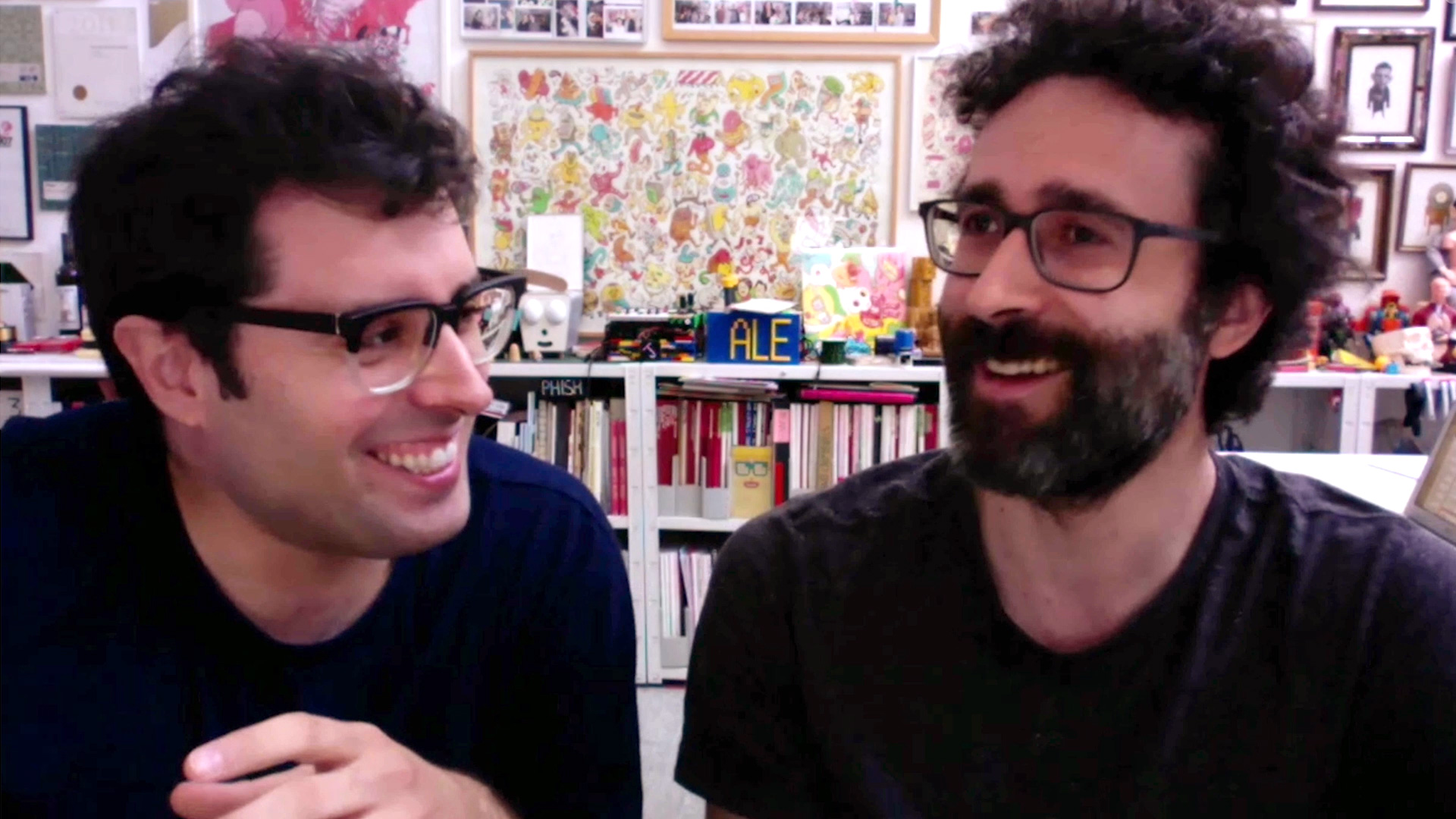
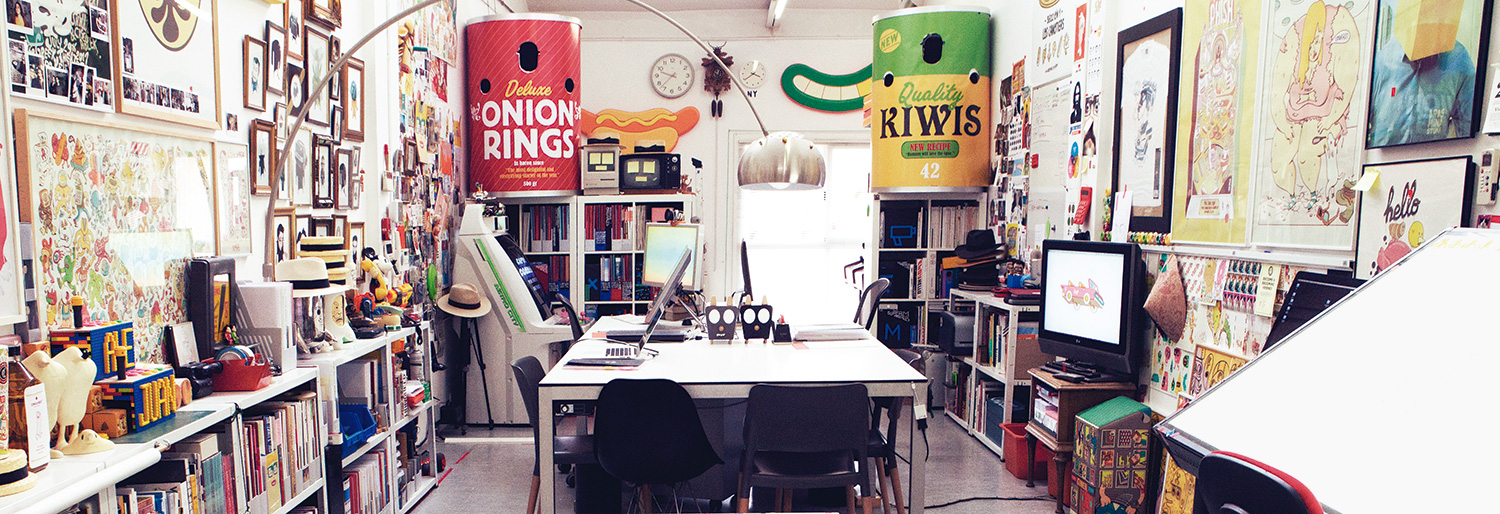
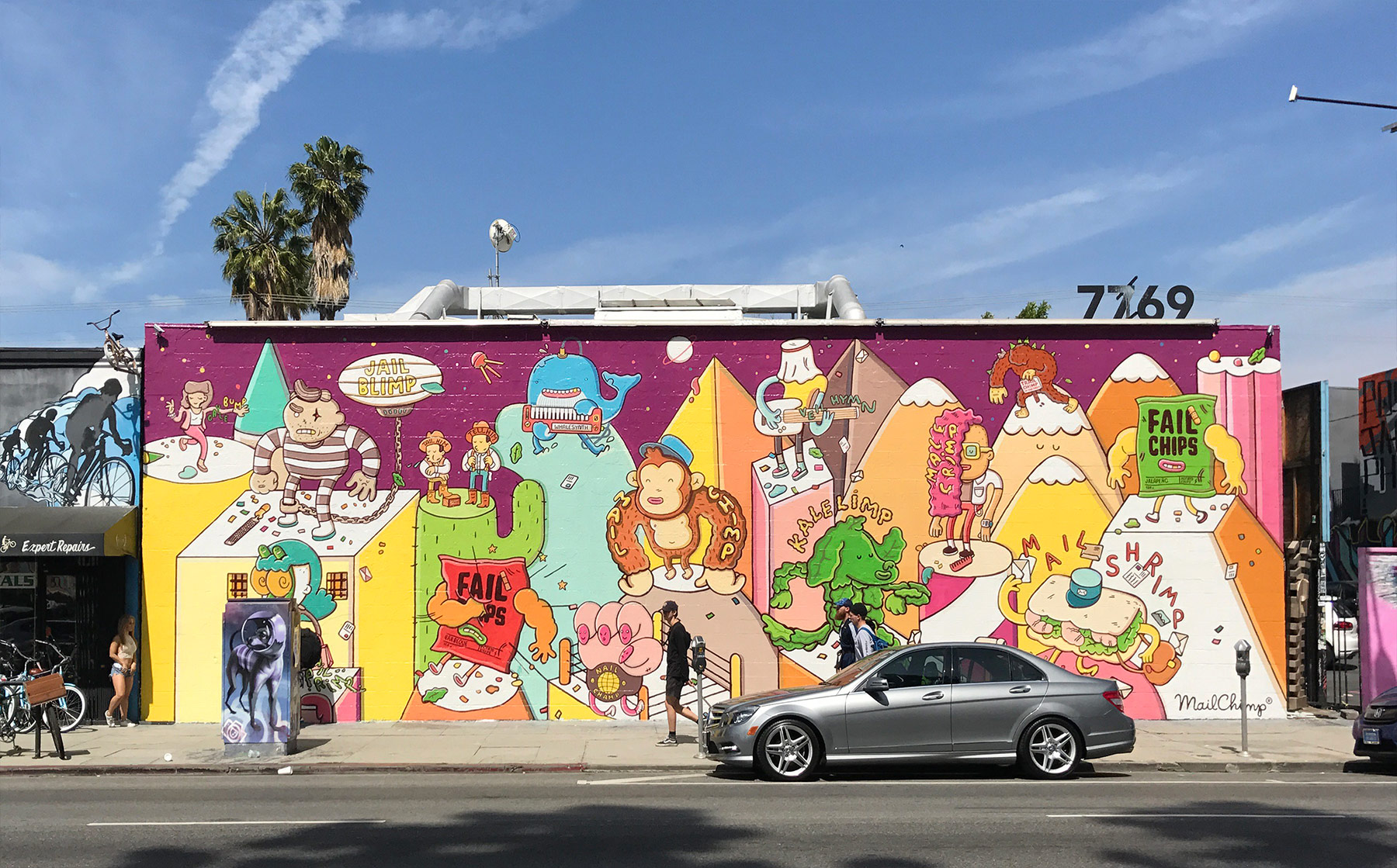
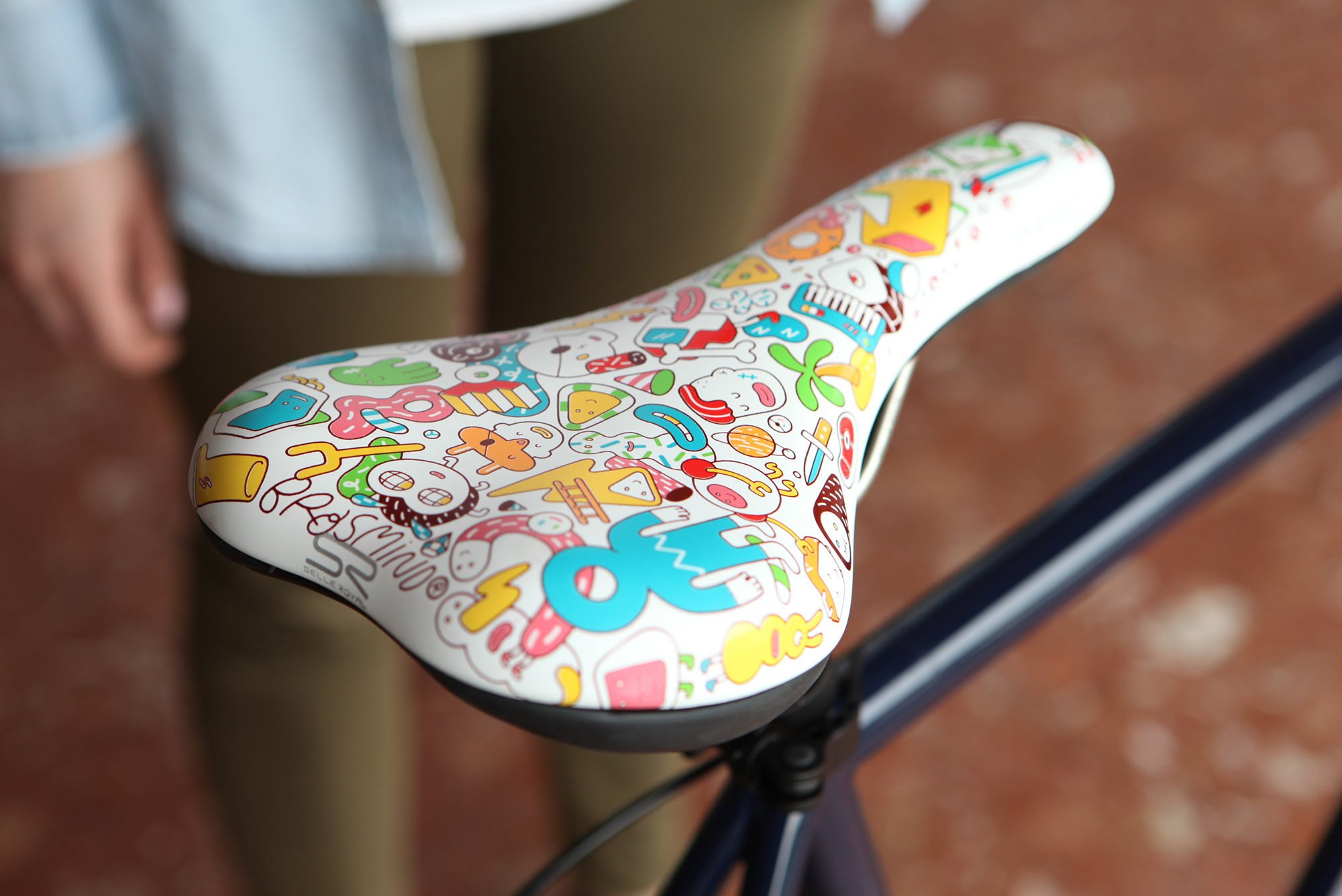
Juan: Hi, we are Brosmind, we are the Mingarro-brothers and we are illustrators and artists based in Barcelona.
Alejandro: In the studio it’s only the two of us. We are, as we said, brothers. We are not this type of illustrators that are all day with a sketchbook. We are just… we are already tired of drawing so we just really divide and separate the spaces. This is work, we have the studio and home is home. And I have got to say say that working with your brother is good but at the same time sometimes it’s really whoueeeww.
What did you want to be when you grew up?
Alejandro: In my case I really wanted to work in a toyshop. There is this big mall in Barcelona. All over Spain there is Corte Inglés - it is this big brand and they have these floors only with toys. I think we both really loved the idea of working there.
Juan: For some years, when I was kind of a teenager, I wanted to be a basketball player. But I’m not tall enough.
Alejandro: Juan came from a small town into the NBA. Never happened.
Juan: No.
Your first design?
Juan: Our first comics and illustrations and inventions and stuff that happened when we were kids.
Alejandro: I’m happy you have that question because I wanted to show someone this…
Juan: It says childhood. And thanks to our mother, who compiled and kept everything. Those were the comic books we did when we were kids. As you can see this is an martial arts comic. The main character is called Kong. It’s full of action and really violent stuff.
What was your most intense moment in your job so far?
Juan: I remember one of them. Two years ago I think, we had to develop 1000 emojis for this app called LINE which is very famous for mobile devices for chatting. It’s like WhatsApp but really popular in Asia. They have a lot of emoji libraries. And we had to design 1000 for them. And it was crazy, because the timing was really tight. We have to create 20 emojis per day, every day during two month and a half until we reach the 1000. And it was a really tiring and crazy project, but also it was really nice. Maybe we are going to show you.
Alejandro: We have some here. It was really exciting. Can you see them?
Your worst experience in your job so far?
Alejandro: Our own existence no?
Juan: I don’t know.
Alejandro: It’s hard. I mean, we are really shy people. We don’t really are super talkative people to big audience. And when we started doing talks - they started pulling us to do talks in different places. And every time the first five minutes when we go to stage it’s the worst moment, when we feel that we are super embarrassed. And everything is like: Man we gonna show all this work from the last ten years. What are people gonna say. And then is this really tough moment, before we are starting to talk or before we’re starting to see the peoples reaction. You feel really frustrated and embarrassed.
Is there anything in your job so far what made you feel unsure?
Juan: I think that insecurity for an artist is not a bad thing. It makes you try to get better and better all the time. Anytime we finish a project we think: Okay, it looks good. But after some time maybe one day or a week or some month, you don’t like it anymore. That looks ugly, that is too old… I think that’s a good sign, because it demonstrates that you are getting better all the time. Or in the middle of a project suddenly you start thinking: Oh, is this a good idea? Should we do this? Should we change everything? Should we stop this project right here? Then you start thinking and asking a lot of questions about everything. But I think in our case it’s a part of the process.
Alejandro: In this profession it’s really easy to maybe get a lot of money for a project and then you feel successful. Why? Because you just get a lot of money. But then you aren't really sure about your art. And then again you are like: Is this the right way? It’s this balance. And when you do a project that you are so proud of, it’s probably a project that you don’t get that much money. And then you feel like: Am I doing that right? Just put apart all the business and just… Oh man, it’s a lot of drama around.
Some words to future designers:
Juan: The most important thing is: Never stop producing new stuff. For example if you, at that moment, don’t have a regular job or you are not working for anybody, you have to start doing your own stuff. All the time producing knew stuff and put it into a kind of a portfolio, an online portfolio to show people what you can do. It’s very common at the beginning, when you work for a really important brand, you put that work into your portfolio. Because you think that’s really important, because it’s for that brand. But maybe you don’t like the style you did in that project. It’s really important to remove all that stuff you don’t like very much and show people what your real style is.
Alejandro: Somehow you gonna teach people what to ask for. You know, you gonna teach your clients, you gonna show them what to ask for. If you don’t show them what you want to do they will never come to you and ask for that.
Juan: You must be humble. And say yes to some projects if they have something good for you. Maybe they pay you well or it’s an interesting thing to know some people there or to be in touch with an agency. You just have to be clever and see what are the good things and the bad things of each project. You also never have to relax. For example your first big project and they pay you really well and then you say: I’m going to relax and take three month to spend this money and they will call me again. That’s not true. People forget about you really fast. So you have to always be there. Always working. Always producing new stuff.
Alejandro: Yeah. And insecurity is number one priority. People are already falling asleep...
Barcelona, März 2017
Juan: Hi, we are Brosmind, we are the Mingarro-brothers and we are illustrators and artists based in Barcelona.
Alejandro: In the studio it’s only the two of us. We are, as we said, brothers. We are not this type of illustrators that are all day with a sketchbook. We are just… we are already tired of drawing so we just really divide and separate the spaces. This is work, we have the studio and home is home. And I have got to say say that working with your brother is good but at the same time sometimes it’s really whoueeeww.
What did you want to be when you grew up?
Alejandro: In my case I really wanted to work in a toyshop. There is this big mall in Barcelona. All over Spain there is Corte Inglés - it is this big brand and they have these floors only with toys. I think we both really loved the idea of working there.
Juan: For some years, when I was kind of a teenager, I wanted to be a basketball player. But I’m not tall enough.
Alejandro: Juan came from a small town into the NBA. Never happened.
Juan: No.
Your first design?
Juan: Our first comics and illustrations and inventions and stuff that happened when we were kids.
Alejandro: I’m happy you have that question because I wanted to show someone this…
Juan: It says childhood. And thanks to our mother, who compiled and kept everything. Those were the comic books we did when we were kids. As you can see this is an martial arts comic. The main character is called Kong. It’s full of action and really violent stuff.
What was your most intense moment in your job so far?
Juan: I remember one of them. Two years ago I think, we had to develop 1000 emojis for this app called LINE which is very famous for mobile devices for chatting. It’s like WhatsApp but really popular in Asia. They have a lot of emoji libraries. And we had to design 1000 for them. And it was crazy, because the timing was really tight. We have to create 20 emojis per day, every day during two month and a half until we reach the 1000. And it was a really tiring and crazy project, but also it was really nice. Maybe we are going to show you.
Alejandro: We have some here. It was really exciting. Can you see them?
Your worst experience in your job so far?
Alejandro: Our own existence no?
Juan: I don’t know.
Alejandro: It’s hard. I mean, we are really shy people. We don’t really are super talkative people to big audience. And when we started doing talks - they started pulling us to do talks in different places. And every time the first five minutes when we go to stage it’s the worst moment, when we feel that we are super embarrassed. And everything is like: Man we gonna show all this work from the last ten years. What are people gonna say. And then is this really tough moment, before we are starting to talk or before we’re starting to see the peoples reaction. You feel really frustrated and embarrassed.
Is there anything in your job so far what made you feel unsure?
Juan: I think that insecurity for an artist is not a bad thing. It makes you try to get better and better all the time. Anytime we finish a project we think: Okay, it looks good. But after some time maybe one day or a week or some month, you don’t like it anymore. That looks ugly, that is too old… I think that’s a good sign, because it demonstrates that you are getting better all the time. Or in the middle of a project suddenly you start thinking: Oh, is this a good idea? Should we do this? Should we change everything? Should we stop this project right here? Then you start thinking and asking a lot of questions about everything. But I think in our case it’s a part of the process.
Alejandro: In this profession it’s really easy to maybe get a lot of money for a project and then you feel successful. Why? Because you just get a lot of money. But then you aren't really sure about your art. And then again you are like: Is this the right way? It’s this balance. And when you do a project that you are so proud of, it’s probably a project that you don’t get that much money. And then you feel like: Am I doing that right? Just put apart all the business and just… Oh man, it’s a lot of drama around.
Some words to future designers:
Juan: The most important thing is: Never stop producing new stuff. For example if you, at that moment, don’t have a regular job or you are not working for anybody, you have to start doing your own stuff. All the time producing knew stuff and put it into a kind of a portfolio, an online portfolio to show people what you can do. It’s very common at the beginning, when you work for a really important brand, you put that work into your portfolio. Because you think that’s really important, because it’s for that brand. But maybe you don’t like the style you did in that project. It’s really important to remove all that stuff you don’t like very much and show people what your real style is.
Alejandro: Somehow you gonna teach people what to ask for. You know, you gonna teach your clients, you gonna show them what to ask for. If you don’t show them what you want to do they will never come to you and ask for that.
Juan: You must be humble. And say yes to some projects if they have something good for you. Maybe they pay you well or it’s an interesting thing to know some people there or to be in touch with an agency. You just have to be clever and see what are the good things and the bad things of each project. You also never have to relax. For example your first big project and they pay you really well and then you say: I’m going to relax and take three month to spend this money and they will call me again. That’s not true. People forget about you really fast. So you have to always be there. Always working. Always producing new stuff.
Alejandro: Yeah. And insecurity is number one priority. People are already falling asleep...
Barcelona, März 2017
Juan: Hi, we are Brosmind, we are the Mingarro-brothers and we are illustrators and artists based in Barcelona.
Alejandro: In the studio it’s only the two of us. We are, as we said, brothers. We are not this type of illustrators that are all day with a sketchbook. We are just… we are already tired of drawing so we just really divide and separate the spaces. This is work, we have the studio and home is home. And I have got to say say that working with your brother is good but at the same time sometimes it’s really whoueeeww.
What did you want to be when you grew up?
Alejandro: In my case I really wanted to work in a toyshop. There is this big mall in Barcelona. All over Spain there is Corte Inglés - it is this big brand and they have these floors only with toys. I think we both really loved the idea of working there.
Juan: For some years, when I was kind of a teenager, I wanted to be a basketball player. But I’m not tall enough.
Alejandro: Juan came from a small town into the NBA. Never happened.
Juan: No.
Your first design?
Juan: Our first comics and illustrations and inventions and stuff that happened when we were kids.
Alejandro: I’m happy you have that question because I wanted to show someone this…
Juan: It says childhood. And thanks to our mother, who compiled and kept everything. Those were the comic books we did when we were kids. As you can see this is an martial arts comic. The main character is called Kong. It’s full of action and really violent stuff.
What was your most intense moment in your job so far?
Juan: I remember one of them. Two years ago I think, we had to develop 1000 emojis for this app called LINE which is very famous for mobile devices for chatting. It’s like WhatsApp but really popular in Asia. They have a lot of emoji libraries. And we had to design 1000 for them. And it was crazy, because the timing was really tight. We have to create 20 emojis per day, every day during two month and a half until we reach the 1000. And it was a really tiring and crazy project, but also it was really nice. Maybe we are going to show you.
Alejandro: We have some here. It was really exciting. Can you see them?
Your worst experience in your job so far?
Alejandro: Our own existence no?
Juan: I don’t know.
Alejandro: It’s hard. I mean, we are really shy people. We don’t really are super talkative people to big audience. And when we started doing talks - they started pulling us to do talks in different places. And every time the first five minutes when we go to stage it’s the worst moment, when we feel that we are super embarrassed. And everything is like: Man we gonna show all this work from the last ten years. What are people gonna say. And then is this really tough moment, before we are starting to talk or before we’re starting to see the peoples reaction. You feel really frustrated and embarrassed.
Is there anything in your job so far what made you feel unsure?
Juan: I think that insecurity for an artist is not a bad thing. It makes you try to get better and better all the time. Anytime we finish a project we think: Okay, it looks good. But after some time maybe one day or a week or some month, you don’t like it anymore. That looks ugly, that is too old… I think that’s a good sign, because it demonstrates that you are getting better all the time. Or in the middle of a project suddenly you start thinking: Oh, is this a good idea? Should we do this? Should we change everything? Should we stop this project right here? Then you start thinking and asking a lot of questions about everything. But I think in our case it’s a part of the process.
Alejandro: In this profession it’s really easy to maybe get a lot of money for a project and then you feel successful. Why? Because you just get a lot of money. But then you aren't really sure about your art. And then again you are like: Is this the right way? It’s this balance. And when you do a project that you are so proud of, it’s probably a project that you don’t get that much money. And then you feel like: Am I doing that right? Just put apart all the business and just… Oh man, it’s a lot of drama around.
Some words to future designers:
Juan: The most important thing is: Never stop producing new stuff. For example if you, at that moment, don’t have a regular job or you are not working for anybody, you have to start doing your own stuff. All the time producing knew stuff and put it into a kind of a portfolio, an online portfolio to show people what you can do. It’s very common at the beginning, when you work for a really important brand, you put that work into your portfolio. Because you think that’s really important, because it’s for that brand. But maybe you don’t like the style you did in that project. It’s really important to remove all that stuff you don’t like very much and show people what your real style is.
Alejandro: Somehow you gonna teach people what to ask for. You know, you gonna teach your clients, you gonna show them what to ask for. If you don’t show them what you want to do they will never come to you and ask for that.
Juan: You must be humble. And say yes to some projects if they have something good for you. Maybe they pay you well or it’s an interesting thing to know some people there or to be in touch with an agency. You just have to be clever and see what are the good things and the bad things of each project. You also never have to relax. For example your first big project and they pay you really well and then you say: I’m going to relax and take three month to spend this money and they will call me again. That’s not true. People forget about you really fast. So you have to always be there. Always working. Always producing new stuff.
Alejandro: Yeah. And insecurity is number one priority. People are already falling asleep...
Barcelona, März 2017
Juan: Hi, we are Brosmind, we are the Mingarro-brothers and we are illustrators and artists based in Barcelona.
Alejandro: In the studio it’s only the two of us. We are, as we said, brothers. We are not this type of illustrators that are all day with a sketchbook. We are just… we are already tired of drawing so we just really divide and separate the spaces. This is work, we have the studio and home is home. And I have got to say say that working with your brother is good but at the same time sometimes it’s really whoueeeww.
What did you want to be when you grew up?
Alejandro: In my case I really wanted to work in a toyshop. There is this big mall in Barcelona. All over Spain there is Corte Inglés - it is this big brand and they have these floors only with toys. I think we both really loved the idea of working there.
Juan: For some years, when I was kind of a teenager, I wanted to be a basketball player. But I’m not tall enough.
Alejandro: Juan came from a small town into the NBA. Never happened.
Juan: No.
Your first design?
Juan: Our first comics and illustrations and inventions and stuff that happened when we were kids.
Alejandro: I’m happy you have that question because I wanted to show someone this…
Juan: It says childhood. And thanks to our mother, who compiled and kept everything. Those were the comic books we did when we were kids. As you can see this is an martial arts comic. The main character is called Kong. It’s full of action and really violent stuff.
What was your most intense moment in your job so far?
Juan: I remember one of them. Two years ago I think, we had to develop 1000 emojis for this app called LINE which is very famous for mobile devices for chatting. It’s like WhatsApp but really popular in Asia. They have a lot of emoji libraries. And we had to design 1000 for them. And it was crazy, because the timing was really tight. We have to create 20 emojis per day, every day during two month and a half until we reach the 1000. And it was a really tiring and crazy project, but also it was really nice. Maybe we are going to show you.
Alejandro: We have some here. It was really exciting. Can you see them?
Your worst experience in your job so far?
Alejandro: Our own existence no?
Juan: I don’t know.
Alejandro: It’s hard. I mean, we are really shy people. We don’t really are super talkative people to big audience. And when we started doing talks - they started pulling us to do talks in different places. And every time the first five minutes when we go to stage it’s the worst moment, when we feel that we are super embarrassed. And everything is like: Man we gonna show all this work from the last ten years. What are people gonna say. And then is this really tough moment, before we are starting to talk or before we’re starting to see the peoples reaction. You feel really frustrated and embarrassed.
Is there anything in your job so far what made you feel unsure?
Juan: I think that insecurity for an artist is not a bad thing. It makes you try to get better and better all the time. Anytime we finish a project we think: Okay, it looks good. But after some time maybe one day or a week or some month, you don’t like it anymore. That looks ugly, that is too old… I think that’s a good sign, because it demonstrates that you are getting better all the time. Or in the middle of a project suddenly you start thinking: Oh, is this a good idea? Should we do this? Should we change everything? Should we stop this project right here? Then you start thinking and asking a lot of questions about everything. But I think in our case it’s a part of the process.
Alejandro: In this profession it’s really easy to maybe get a lot of money for a project and then you feel successful. Why? Because you just get a lot of money. But then you aren't really sure about your art. And then again you are like: Is this the right way? It’s this balance. And when you do a project that you are so proud of, it’s probably a project that you don’t get that much money. And then you feel like: Am I doing that right? Just put apart all the business and just… Oh man, it’s a lot of drama around.
Some words to future designers:
Juan: The most important thing is: Never stop producing new stuff. For example if you, at that moment, don’t have a regular job or you are not working for anybody, you have to start doing your own stuff. All the time producing knew stuff and put it into a kind of a portfolio, an online portfolio to show people what you can do. It’s very common at the beginning, when you work for a really important brand, you put that work into your portfolio. Because you think that’s really important, because it’s for that brand. But maybe you don’t like the style you did in that project. It’s really important to remove all that stuff you don’t like very much and show people what your real style is.
Alejandro: Somehow you gonna teach people what to ask for. You know, you gonna teach your clients, you gonna show them what to ask for. If you don’t show them what you want to do they will never come to you and ask for that.
Juan: You must be humble. And say yes to some projects if they have something good for you. Maybe they pay you well or it’s an interesting thing to know some people there or to be in touch with an agency. You just have to be clever and see what are the good things and the bad things of each project. You also never have to relax. For example your first big project and they pay you really well and then you say: I’m going to relax and take three month to spend this money and they will call me again. That’s not true. People forget about you really fast. So you have to always be there. Always working. Always producing new stuff.
Alejandro: Yeah. And insecurity is number one priority. People are already falling asleep...
Barcelona, März 2017
Ich bin Holger Jungnickel. Ich bin Kameramann für Realfilm – Werbung, Musikvideos, Spielfilm, Dokumentarfilm und alles, was dazwischen liegt. Als Kameramann bist du eigentlich an erster Stelle kein Techniker. Du bist kreativer Berater von Regie, vielleicht Produktion, Drehbuch, Schnitt, Color Grading... Das sind alles so hauptsächlich kreative Prozesse, die zwangsläufig natürlich mit technischen Mitteln hergestellt werden. Und ich seh das als Werkzeug. Ich hab mich früher durchaus technischer verstanden und hab auch technische Filme gemacht, weil ich’s spannend fand. Aber irgendwann merkt man, dass die Technik dahinter kaum ausschlaggebend ist. Eigentlich seh ich mich selber auch als Geschichtenerzähler - in Form von Bildern, zusammen mit einem Regisseur, einem Komponisten, mit Schauspielern - und deswegen bin ich auch beim Realfilm eigentlich, weil ich Menschen so interessant und spannend finde, die sich nicht so schnell wiederholen.
Erinnerst du dich an dein erstes Erlebnis mit Film?
Also ich weiß noch, dass ich damals von Independence Day sehr beeindruckt war. Das war einer der ersten, größeren Filme, bei denen ich im Kino war - nach Der König der Löwen und Bambi. Und da dachte ich so, das hat was gemacht mit mir. Irgendwie hat das total viel Spaß gemacht. Aber ich hatte jetzt noch nicht das Gefühl, dass ich irgendwann mal Filme machen werde.
Das ist sicherlich ein sehr VFX- und SFX-lastiger Film. Was mir natürlich damals noch überhaupt nicht bewusst war. Aber das ist ja auch das gute, dass ich als - wie alt war ich da, zwölf vielleicht oder sowas, oder zehn - dass man’s einfach geglaubt hat. Also die Welt hat funktioniert und das ist, glaube ich, auch das beeindruckende an Filmen. Dass man Welten kreieren kann, herstellen kann, die es nicht gibt. Und derjenige, der es sieht, verliert sich in dieser Welt und kommt da an und geht mit. Aber das war so ein Moment, wo Will Smith dem Alien eine verpasst in der Wüste, den hab ich nicht vergessen.
Dein bisher stärkster Moment im Job?
Ich war letztes Jahr in Vietnam und hab da einen Dokumentarfilm gemacht - oder mehrere. Unter anderem einen, Reunification Express heißt der, der behandelt grob die Zugverbindung zwischen Hanoi und Saigon. Wir haben versucht Menschen kennenzulernen und zu untersuchen und sie zu fragen, wie sie zur Wiedervereinigung des gespaltenen Landes stehen. Wie unterschiedlich sind die Menschen zwischen Nord und Süd? Wir sind da in Huế (das ist ziemlich nahe des siebzehnten Breitengrades, also der alten Demarkationsgrenze), der Kaiserstadt, auf einen der wichtigsten Historiker von Vietnam gestoßen. Wir haben mit ihm ein Interview machen dürfen - oder können - bei ihm am Haus, wo er seit damals lebt schon vor Zeiten des Krieges, als er noch ein Kind war. Und als wir ihn gefragt haben, was er fühlt, wenn er über die Wiedervereinigung nachdenkt, hat er geantwortet, wie die meisten natürlich, dazu darf er nichts sagen. Aber sein Gesicht hat die Frage auf eine andere Art und Weise beantwortet. Da fällt es auch schwer, die Kamera weiter darauf zu richten, weil man natürlich anfängt Respekt vor dem Menschen vor einem zu bekommen und diesen intimen Moment auch nicht ausstellen möchte, aber so funktionieren Filme.
Dein bisher peinlichster Moment im Job?
Spricht man natürlich nicht so gerne drüber, logisch, aber hier unter uns… Ich hab bei größeren Kinofilmen auch die zweite Kamera schwenken dürfen, unter anderem bei Der Geilste Tag. Und die hatten da einen Kran, einen Baukran, ins Studio gestellt. Also das Oberteil, so einen 40-Meter-Kranausleger, wo die vorher schon in real gespielt haben und dann ein Szene, wo Flo vom Kran fällt, in Sicherheit quasi nah überm Boden gespielt werden sollte. Es gab einen dreiminütigen oder noch längeren Dialog, wenn ich mich richtig erinnere und… Südafrika, Land des guten Weines, der netten Menschen, des guten Essens, der kurzen Nächte - ich war auf jeden Fall ein bisschen übermüdet von der Nacht vorher. Und am Ende des Drehtages, langer Take, hab ich leider zweimal meinen Einsatz verpasst, als Flo dann aufspringt und vom Kran fällt und er aus dem Bild fällt und ich nicht mitschwenke und dann ein lautes Brüllen durch die Halle vom ersten Kameramann geschallt kommt “HOLGER!”. Das Adrenalin hat mich dann wieder zurückgebracht und dann hat’s funktioniert. Vor so vielen Menschen der Grund zu sein dafür, dass alle länger arbeiten müssen, war sehr unangenehm und passiert mir, glaube ich, nicht mehr so schnell.
Gibt es beruflich etwas, an dem du fast verzweifelt wärst?
Also die gibt’s ständig. Aber das sind, glaube ich, auch Momente, die ganz wichtig sind, die einen kreativ werden lassen. Denn die Sachen, die einfach gehen und wo man vorher schon alles weiß, wie es funktioniert, sind meistens die, die hinterher langweilig sind. Also gibt’s keinen speziellen Moment, der mir jetzt einfallen würde. Aber viele kleine Momente, die genau das sind. Wo man immer wieder daran schraubt, daran arbeitet, Lösungen findet, die man sich natürlich erstmal nicht wünscht, aber die immer irgendwie positiven Einfluss auf den Film, das Produkt, die Szene haben.
Welche Entwicklung in deinem Bereich fasziniert dich besonders?
So ein Beispiel für Geräte, die man sich mittlerweile auch selber anschafft, sind so Kamerastabilisierungssysteme, Gimbals auch genannt, oder Cable Cams und da hab ich unter anderem auch mit einem befreundeten Bühnenmann von mir zusammen eine Firma, wo wir solche Geräte anbieten und vermieten, hauptsächlich aber auch aus dem Grund, weil wir diese Geräte halt auch besitzen wollten, um darauf zugreifen zu können, wenn es nötig wird.
Ein paar Worte an zukünftige Filmemacher:
Eine Sache, die ich auch erst in den letzten Monaten oder Jahren sehr für mich entdeckt habe, ist, dass das Wort “Filmemacher” heißt. Und man Filme machen muss und nicht nur drüber reden, weil man aus den eigenen Fehlern einfach viel schneller und effektiver lernt. Das heißt natürlich nicht, dass man willkürlich einfach Sachen produziert, sondern schon auch ein Auge darauf haben muss, dass das, was man macht, anders ist, als das, was es schon gibt und keine Reproduktion oder ein Abbild von vielen anderen Dingen zusammengewürfelt werden, sondern es muss irgendwie etwas neues entstehen. Das ist ein wichtiger Motor. Und die Fehler, die man dann nach jedem Projekt zwangsläufig wieder feststellen muss, bringen einen wieder dazu zu sagen, okay: Es geht noch ein bisschen anders. Es geht noch ein bisschen besser. Es geht noch ein bisschen effektiver. Es geht intensiver. Es geht emotionaler. Und das ist auch immer wieder so ein Anreiz, den nächsten Film zu machen und den wieder irgendwie neu zu erfinden.
Barcelona, März 2017
weitere Inspirationen
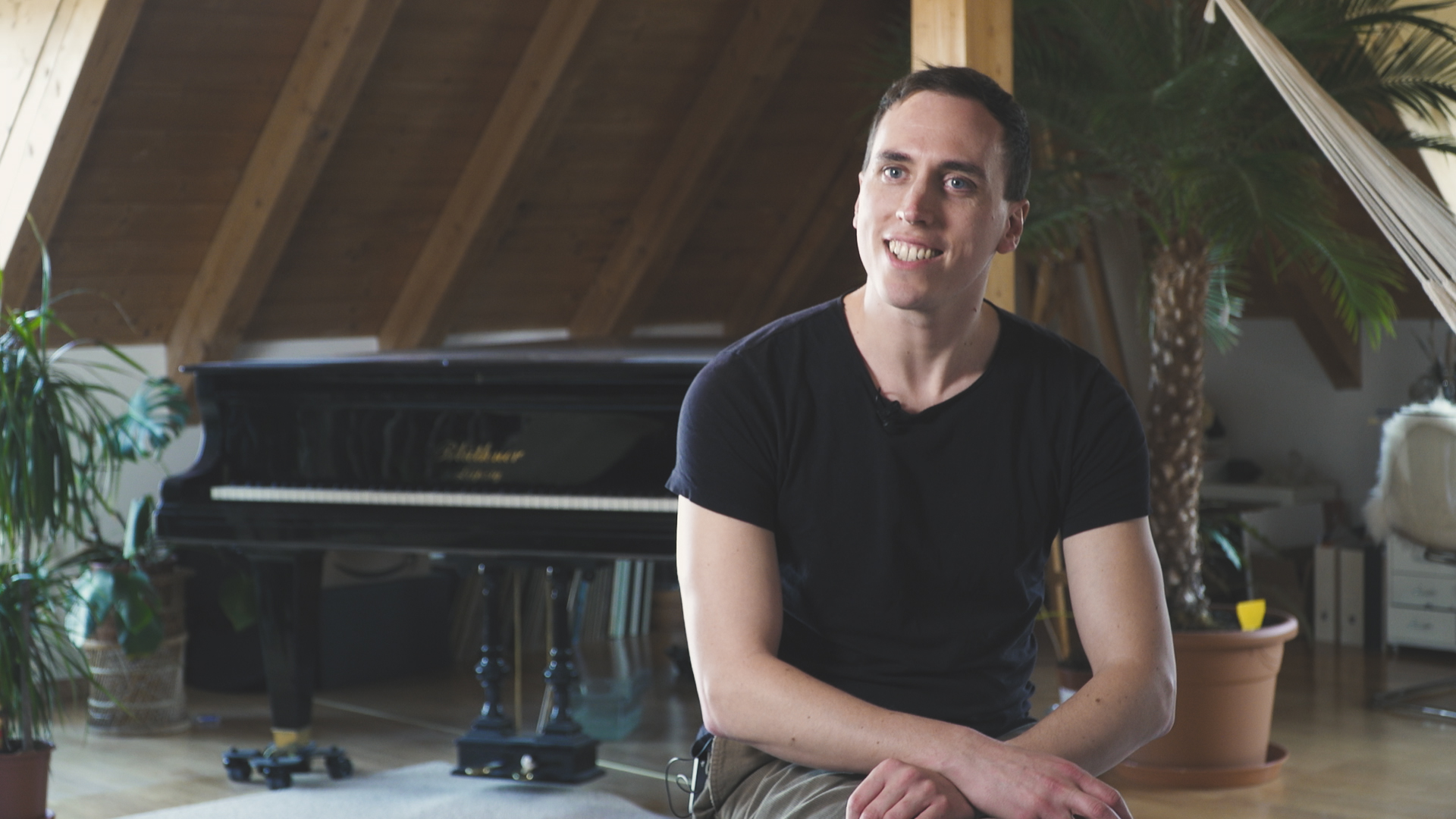
Martin KohlstedtMusician
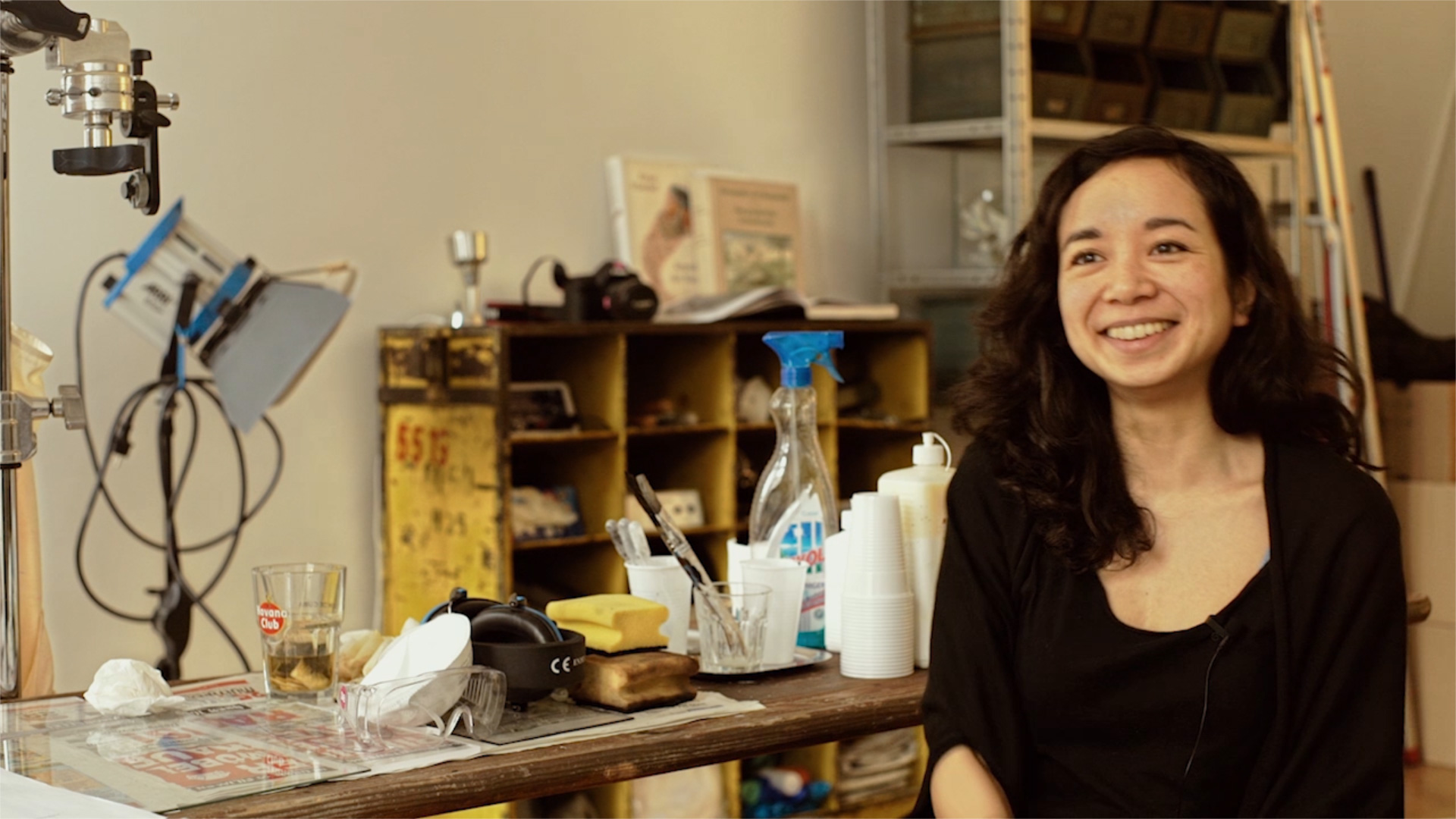
Susi SieFilmemacherin
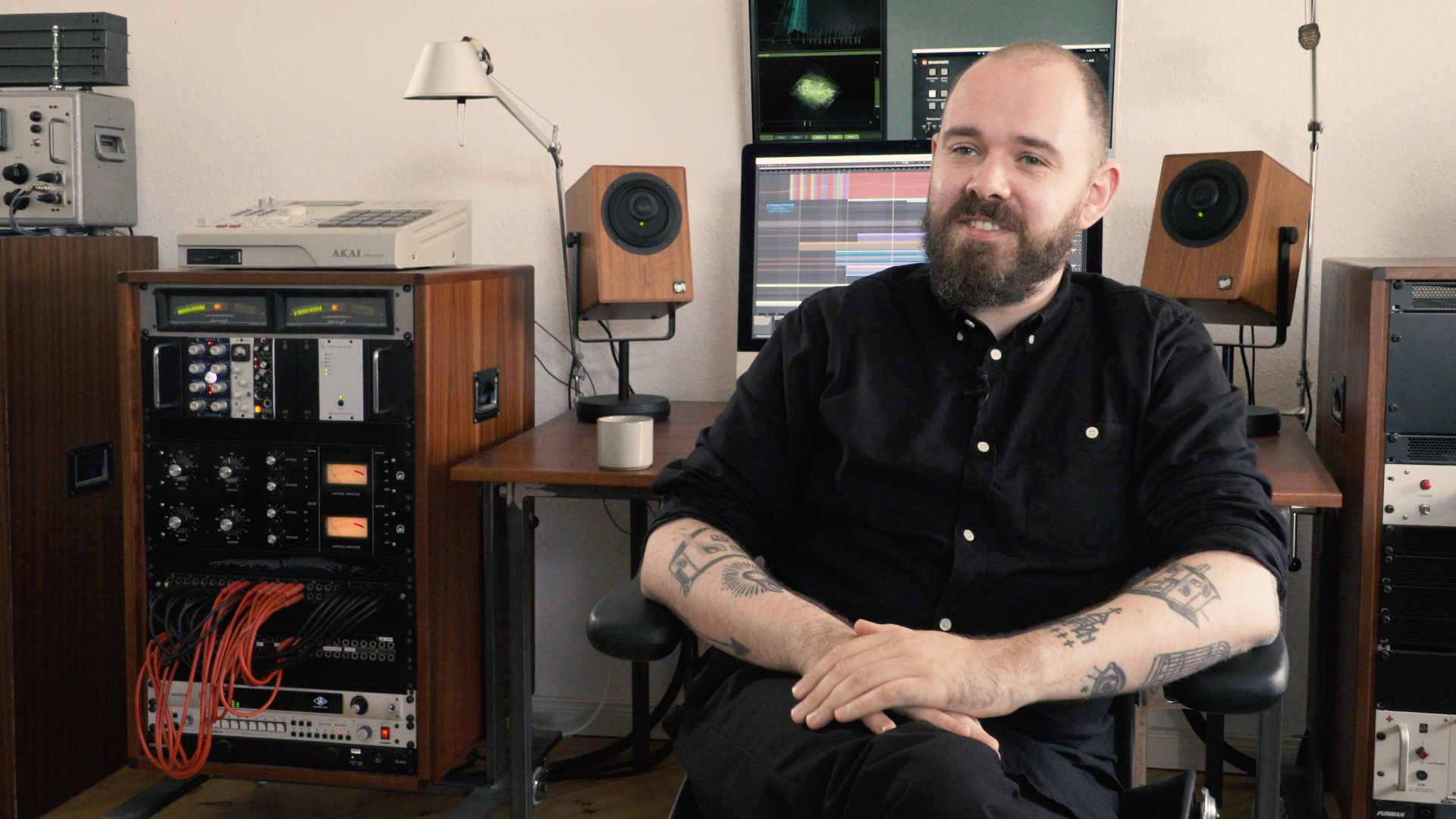
Ben Lukas BoysenMusician
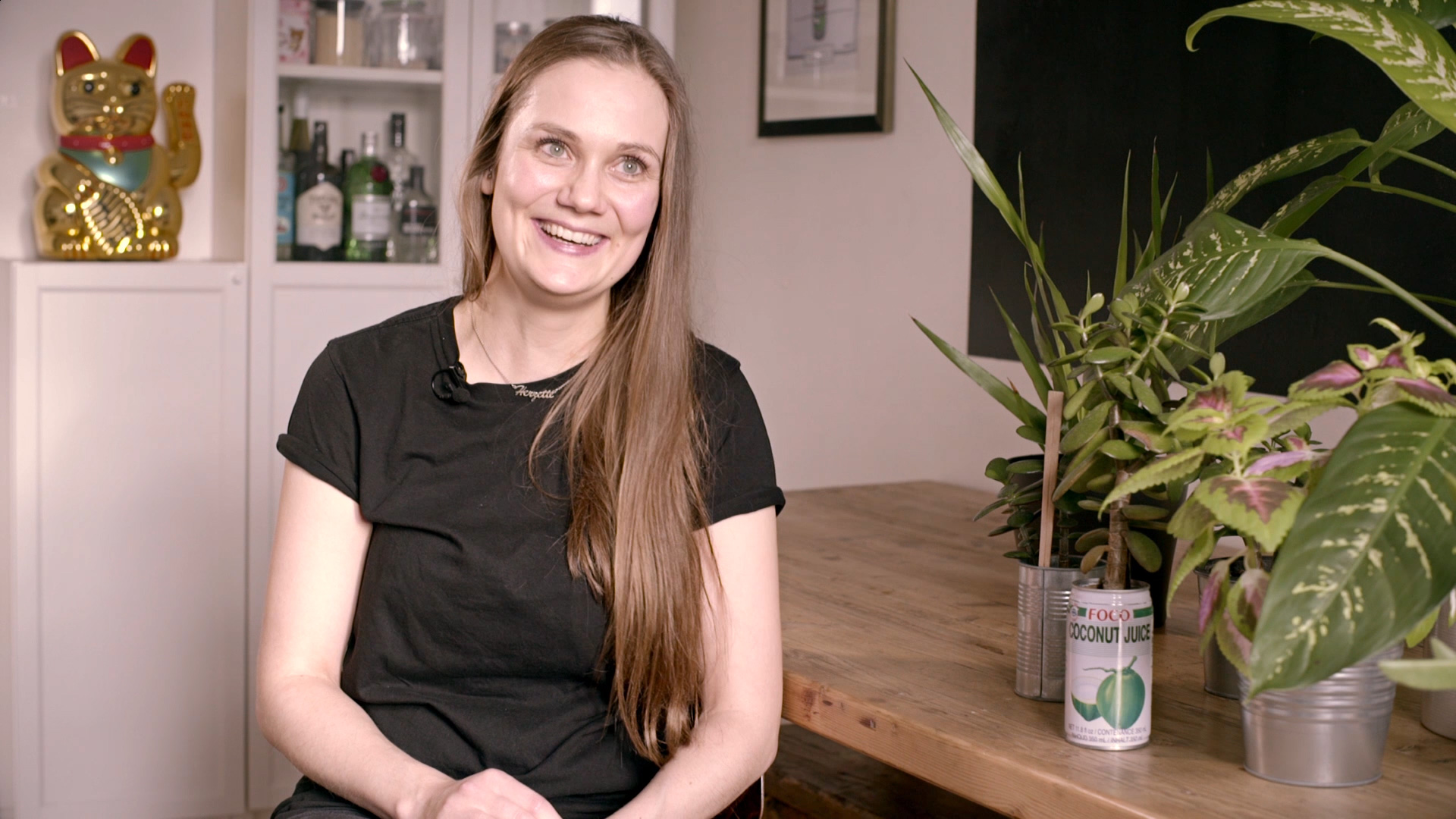
Henriette RietzVisual Storytellerin & Designerin
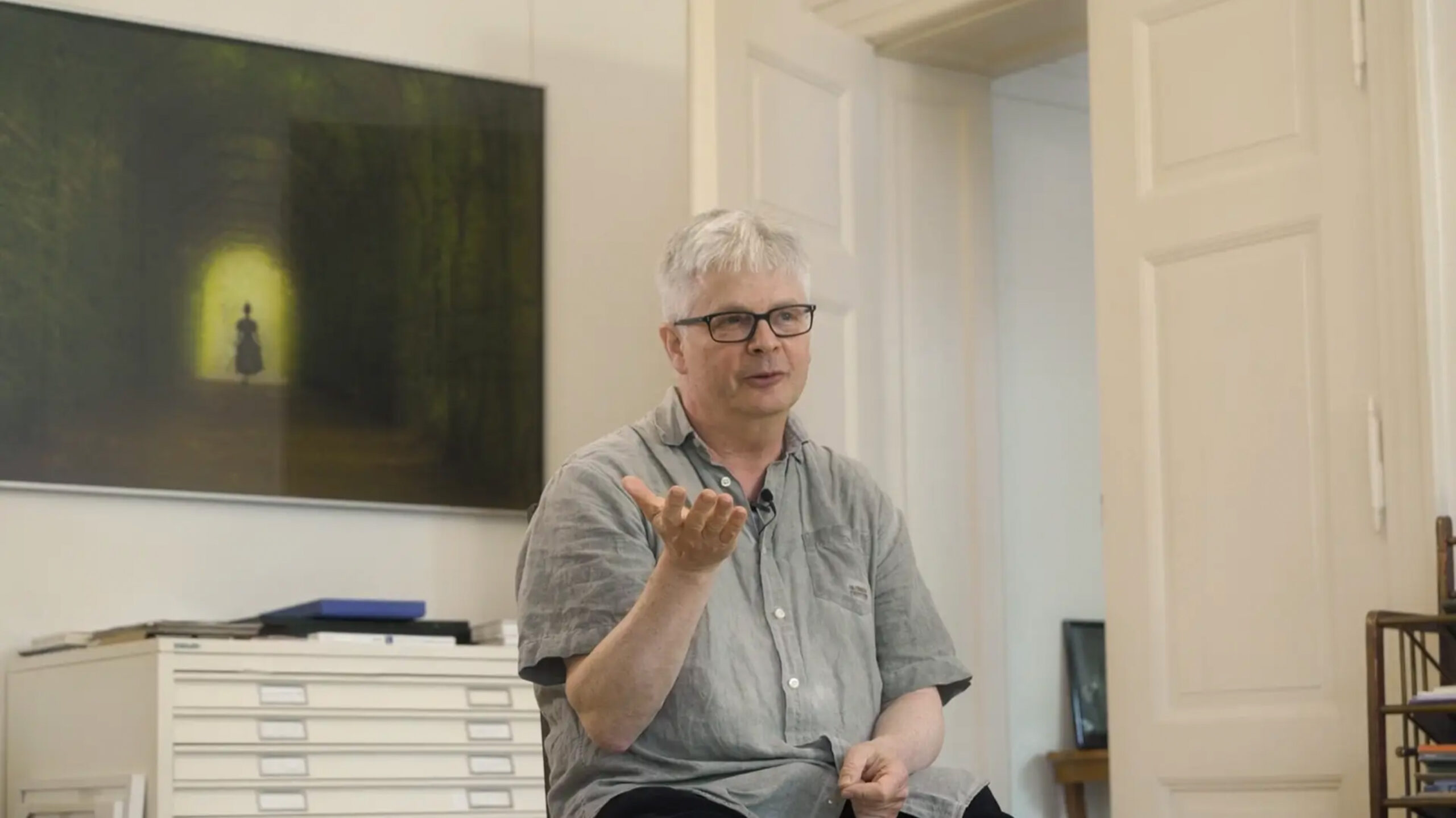
Prof. Matthias LeupoldFotograf
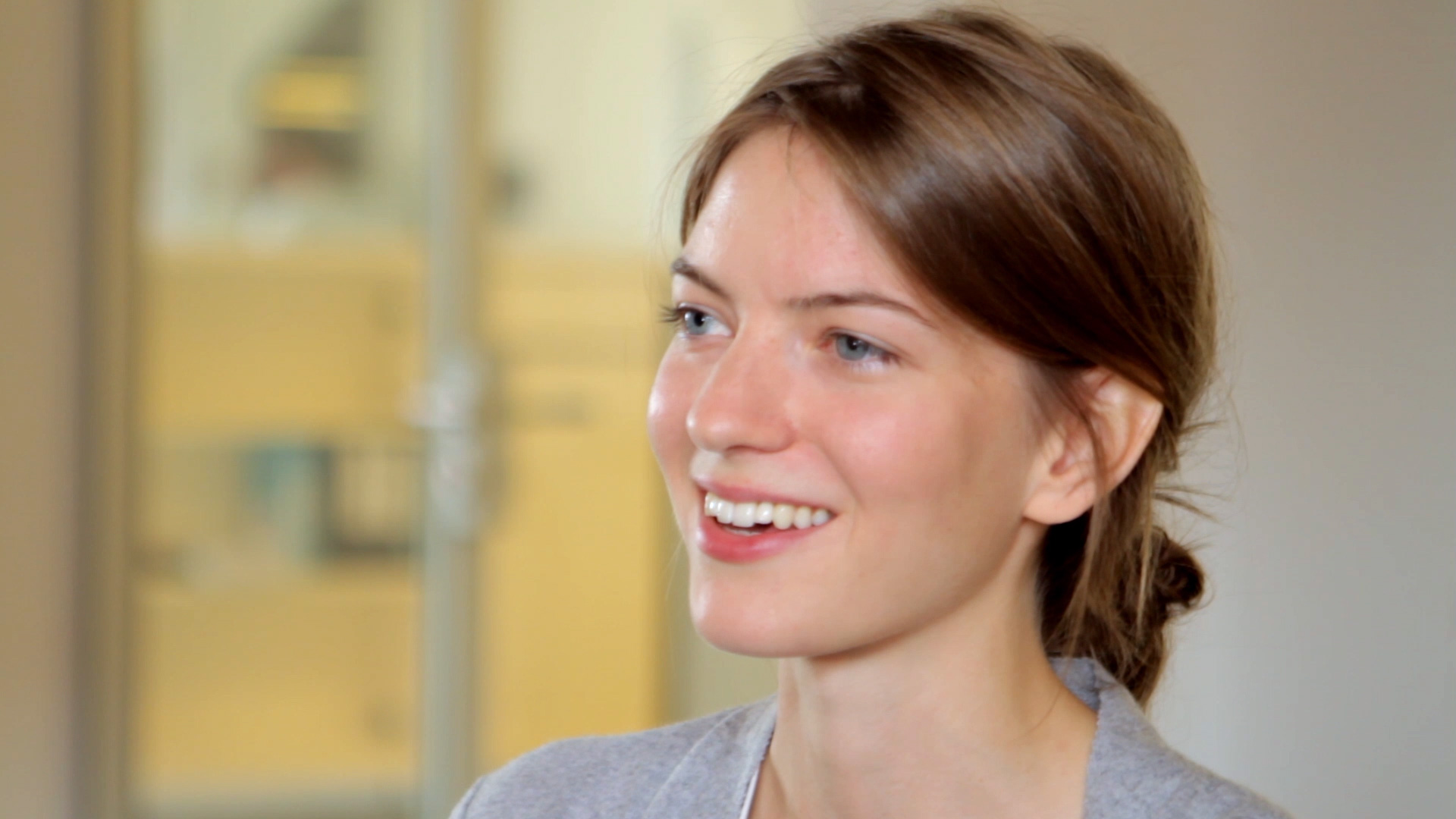
Maria GrejcIllustratorin
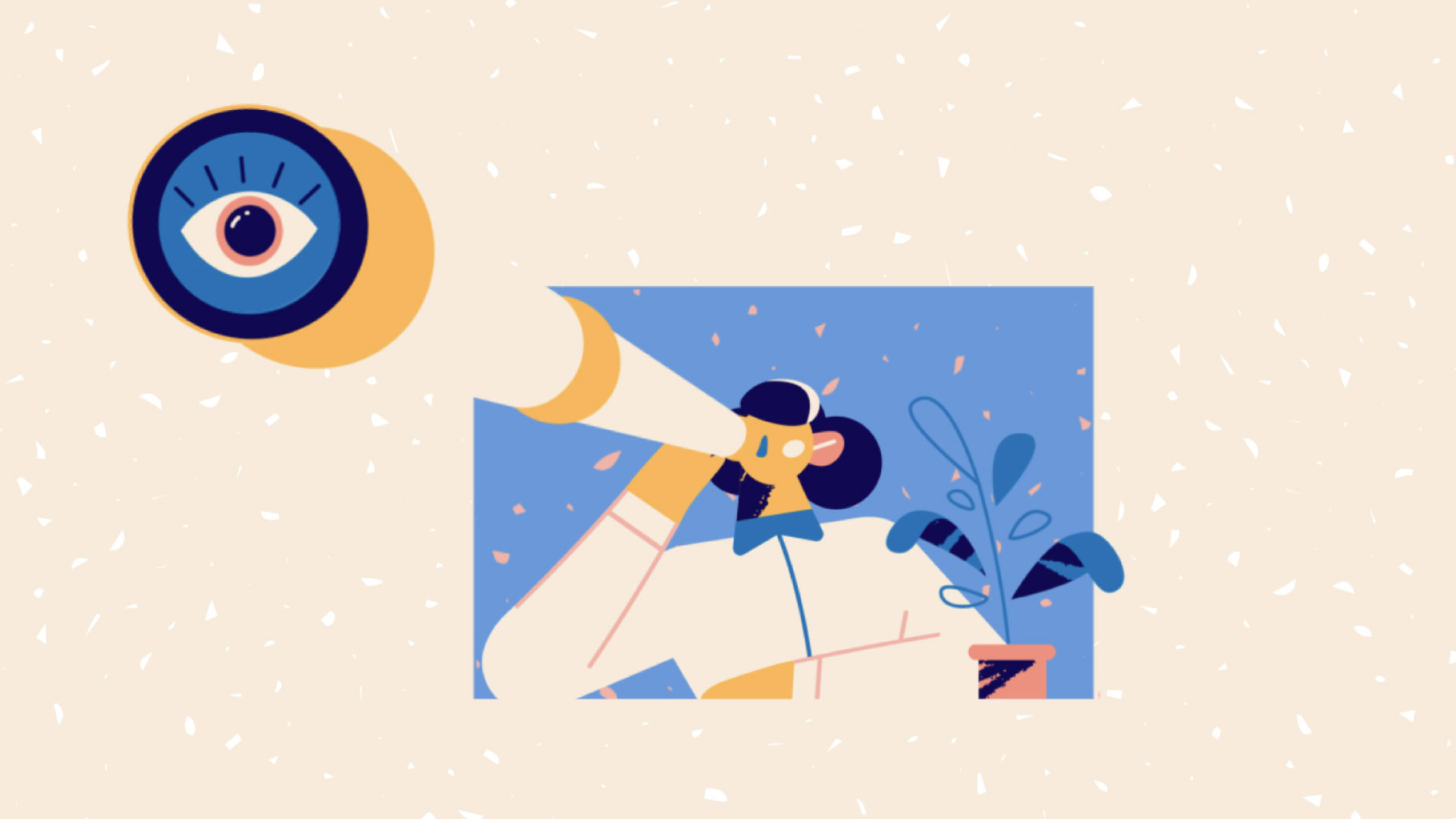
Dinos & TeacupsIllustration & Animation Studio
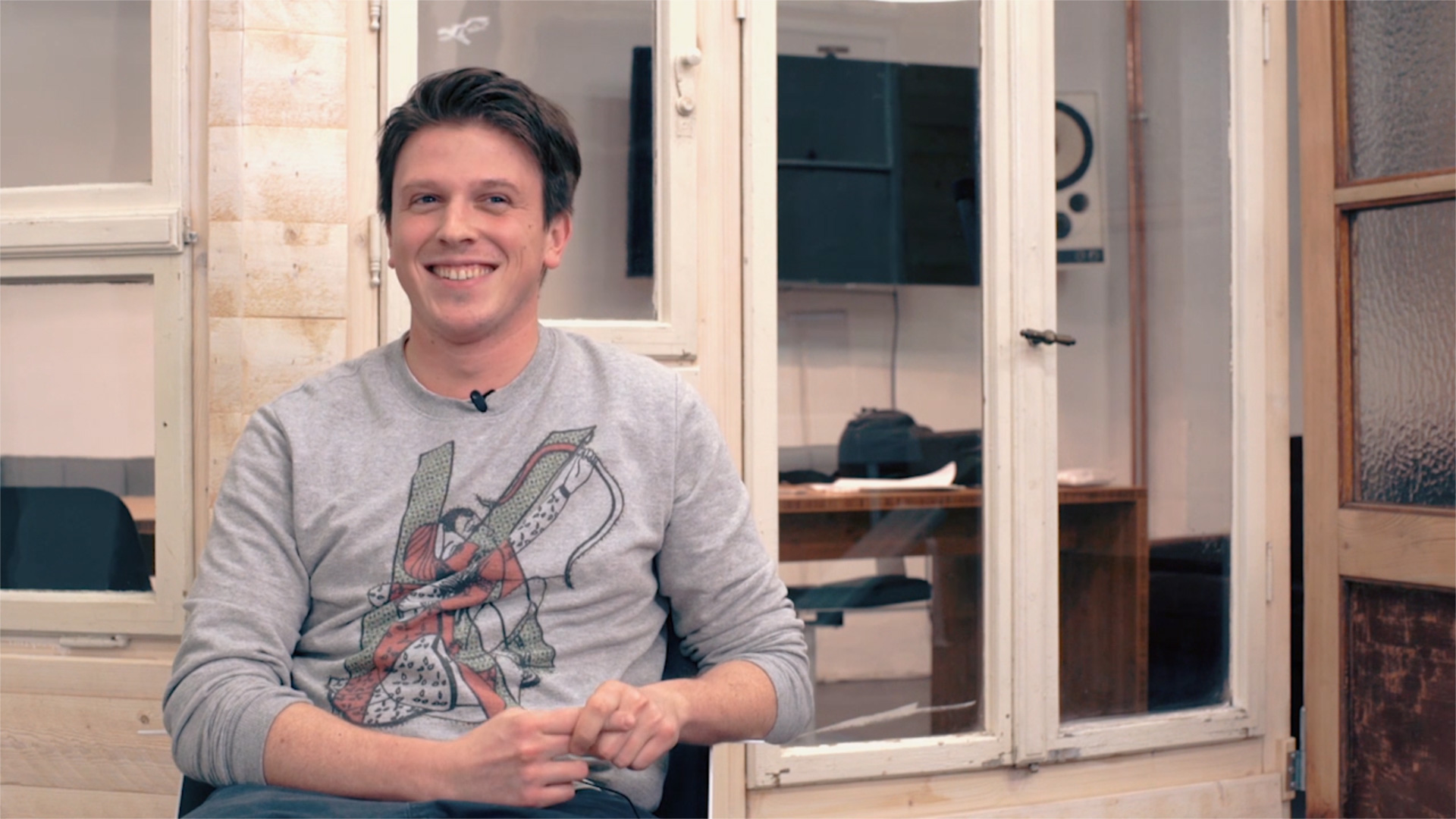
Sebastian von GumpertHead of Production
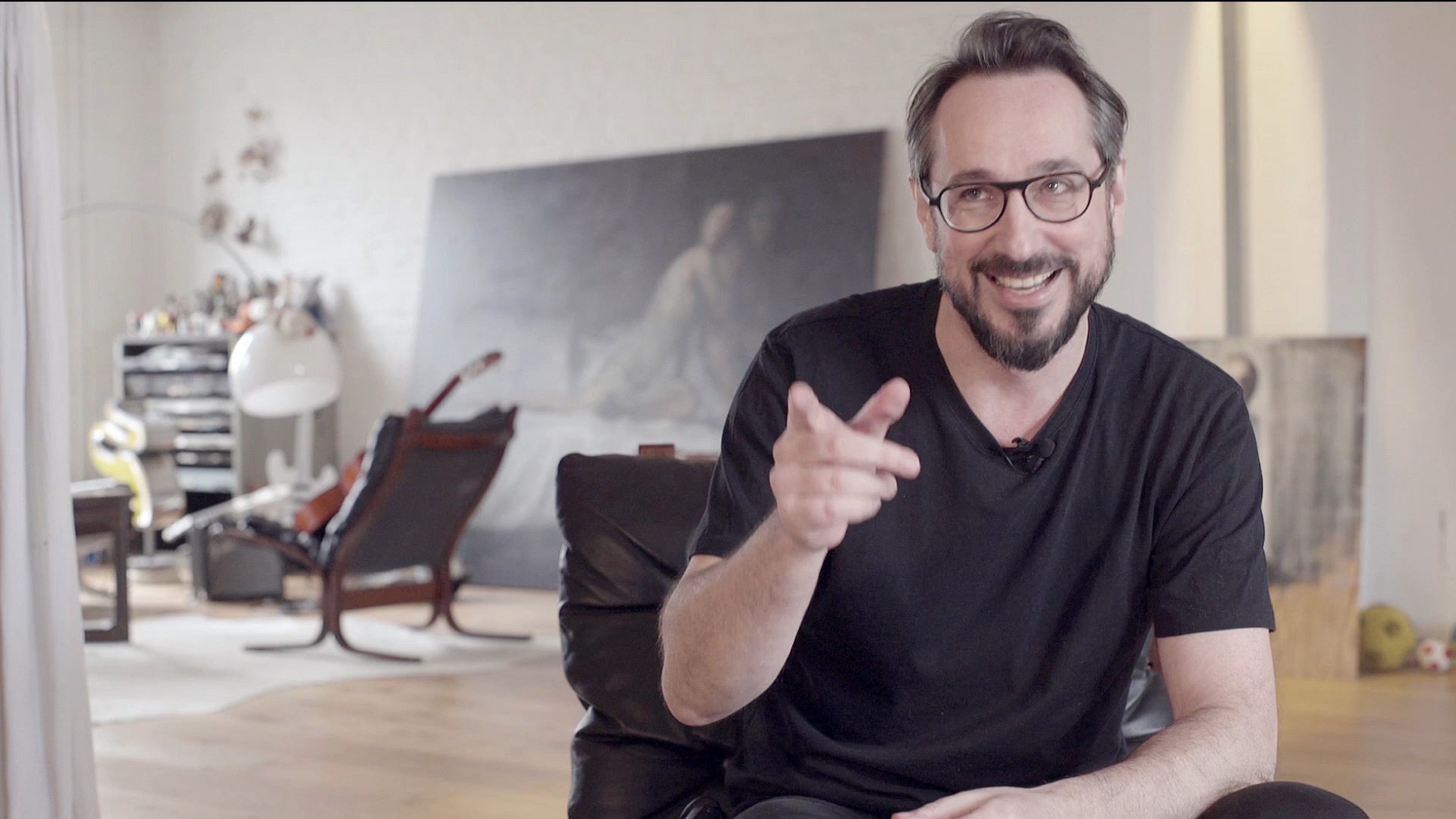
Fons HickmannGestalter & Autor
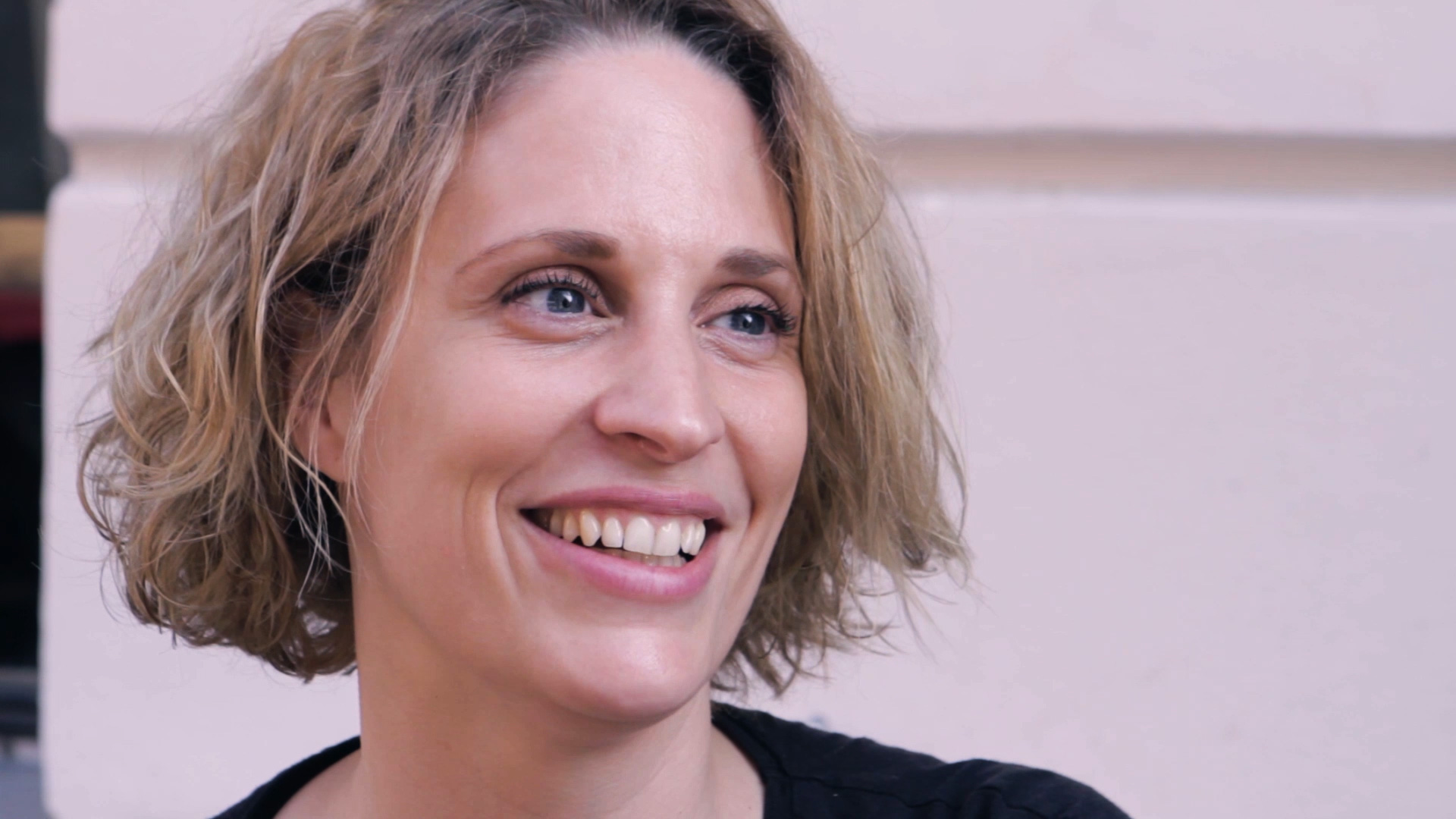
Pia DjukicFilmemacherin
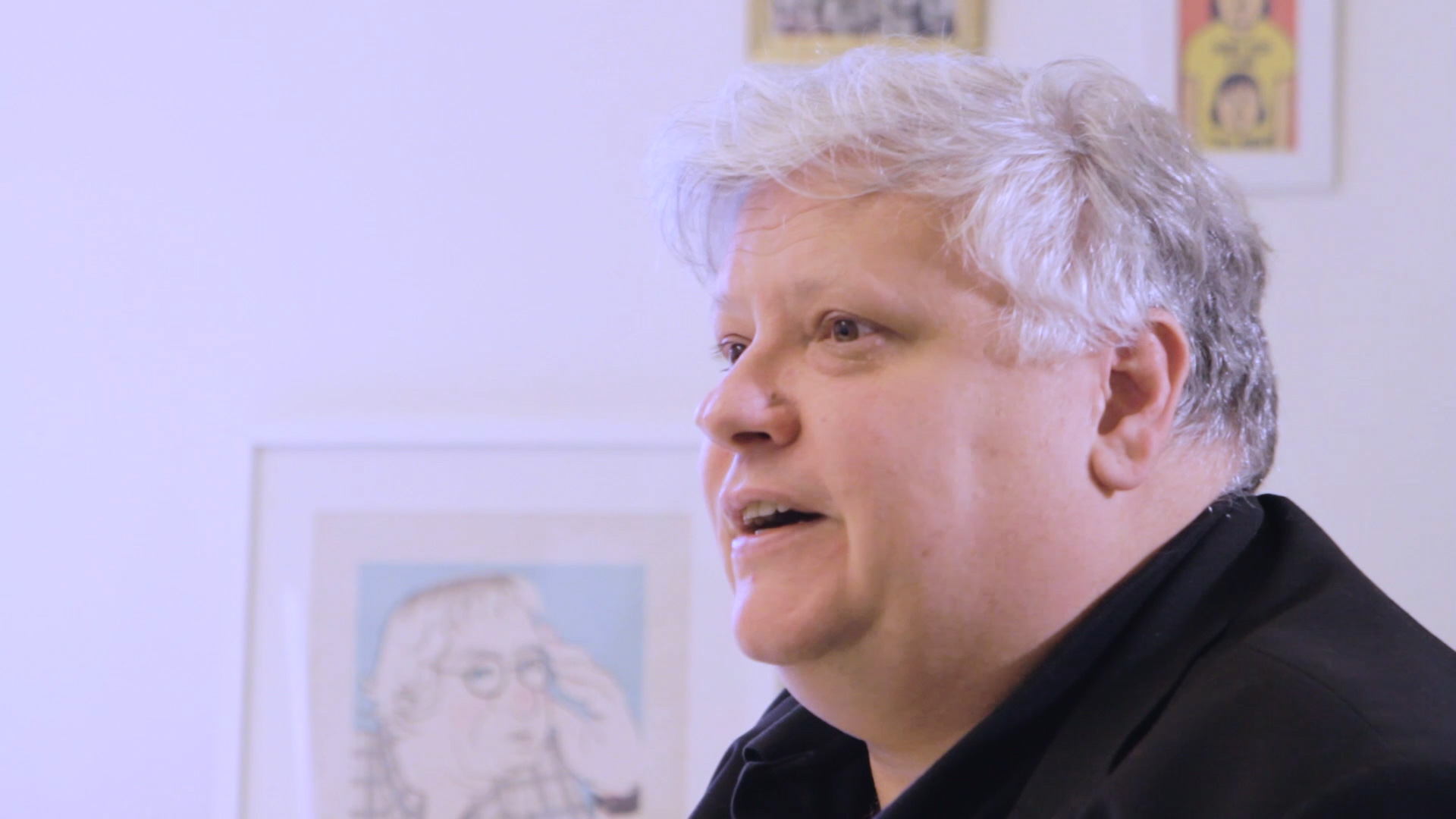
Zoran BihacFilmemacher
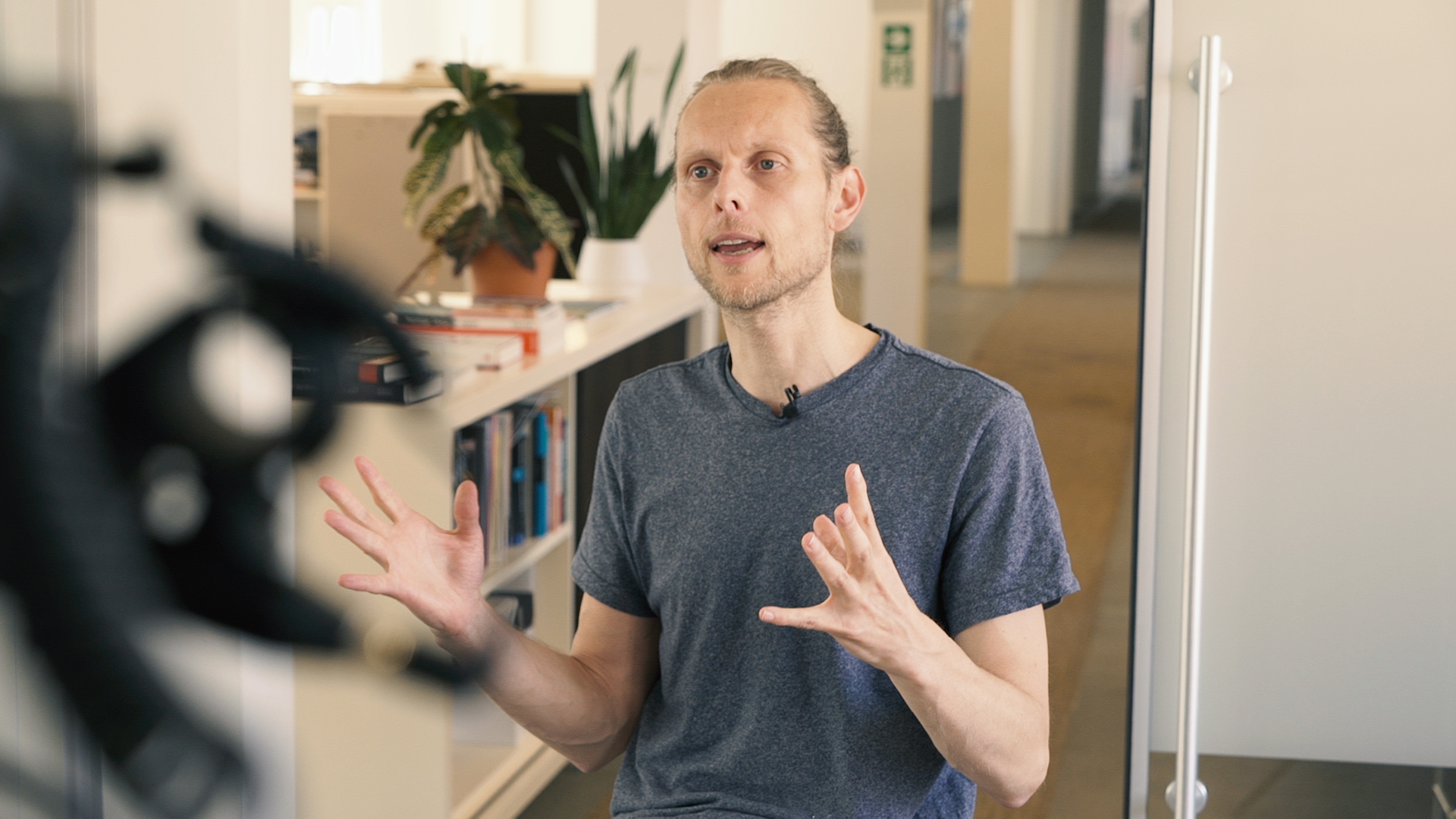
Christen BachAnimator
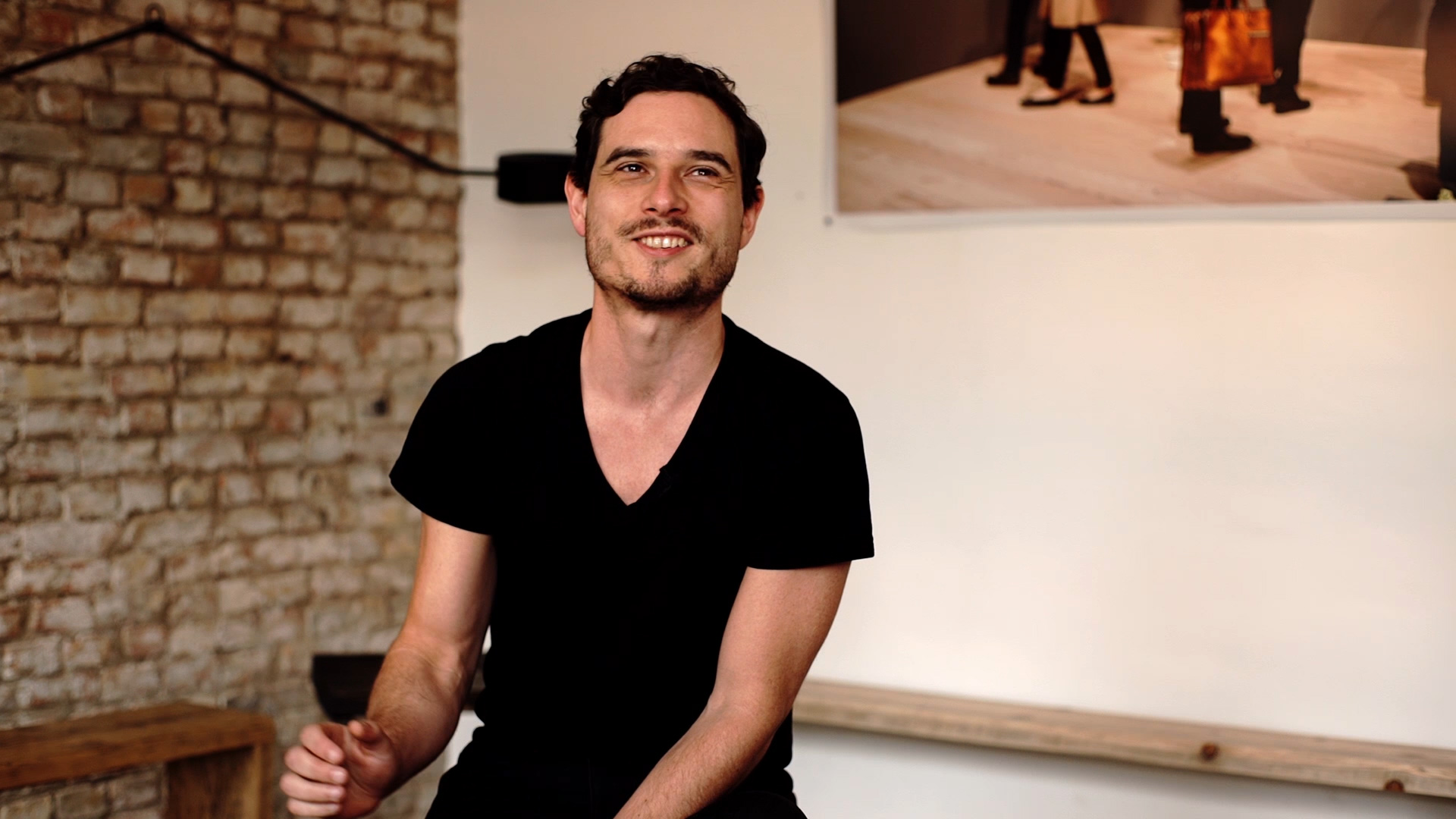
Jens BlankDirector & Designer
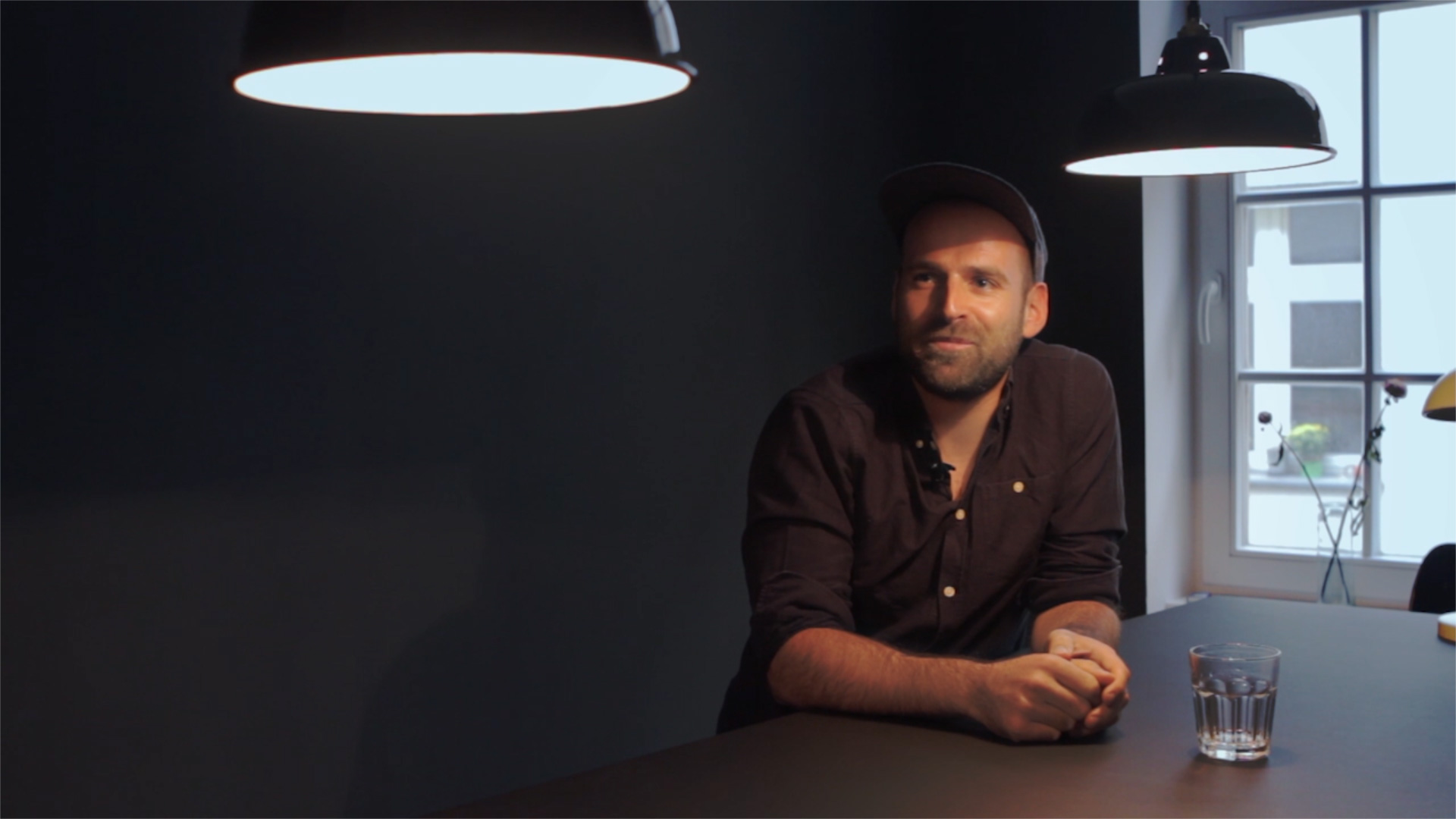
Thorsten Konradfreier Director & Creative Director

JR CanestAnimator & Creative Director
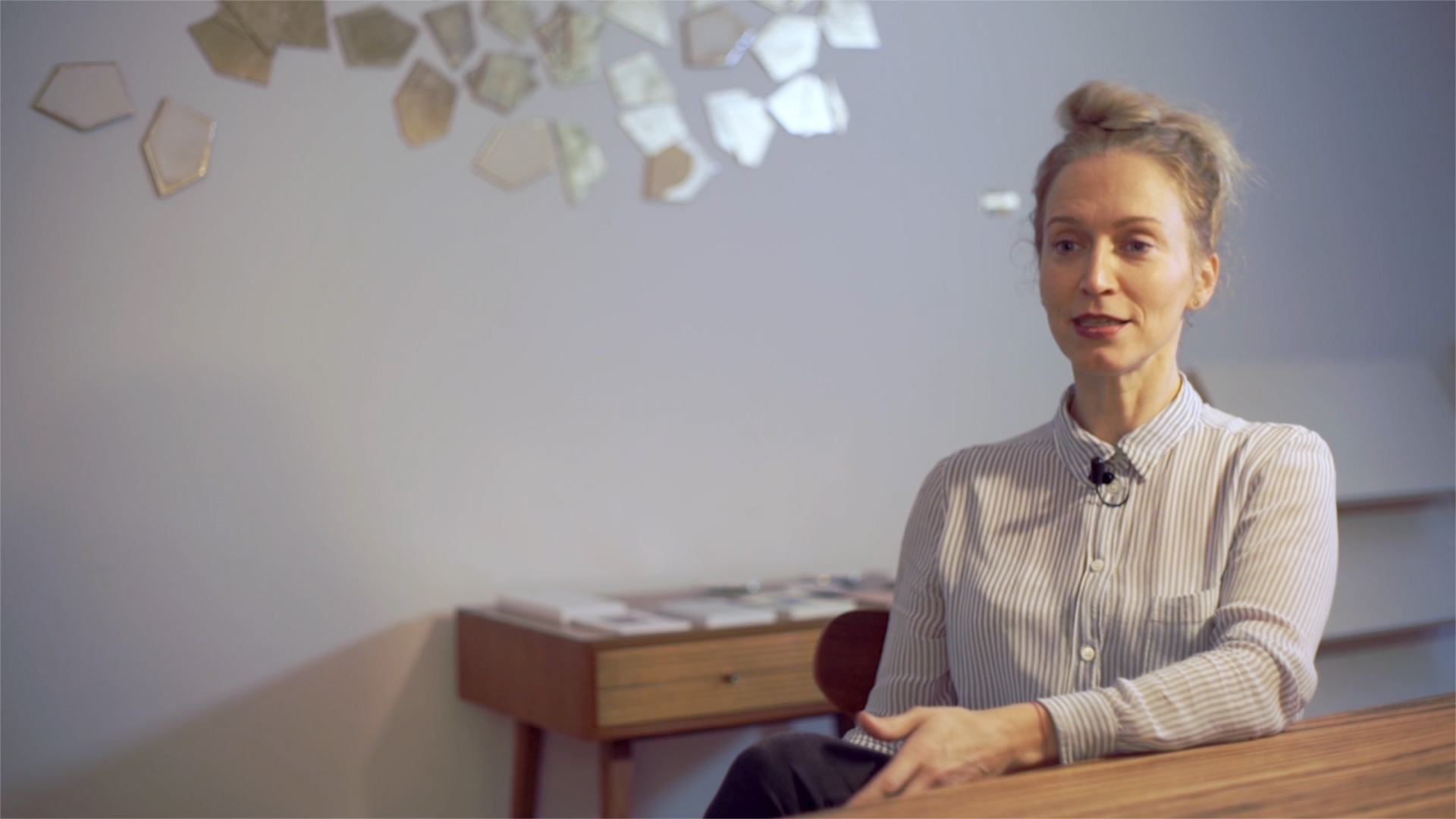
Prof. Sonja UmstätterFilmemacherin
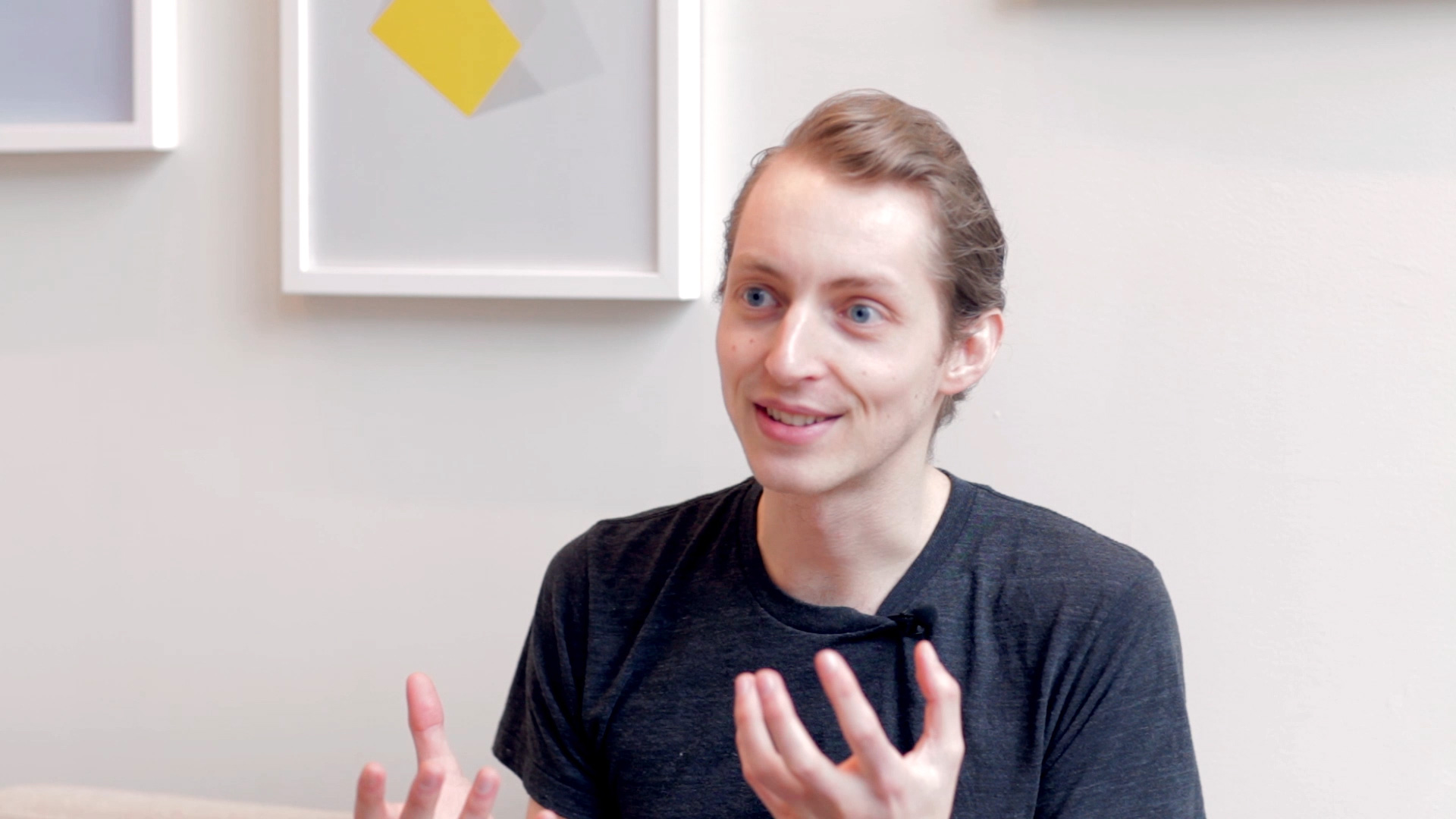
Sander van DijkDesigner & Animator
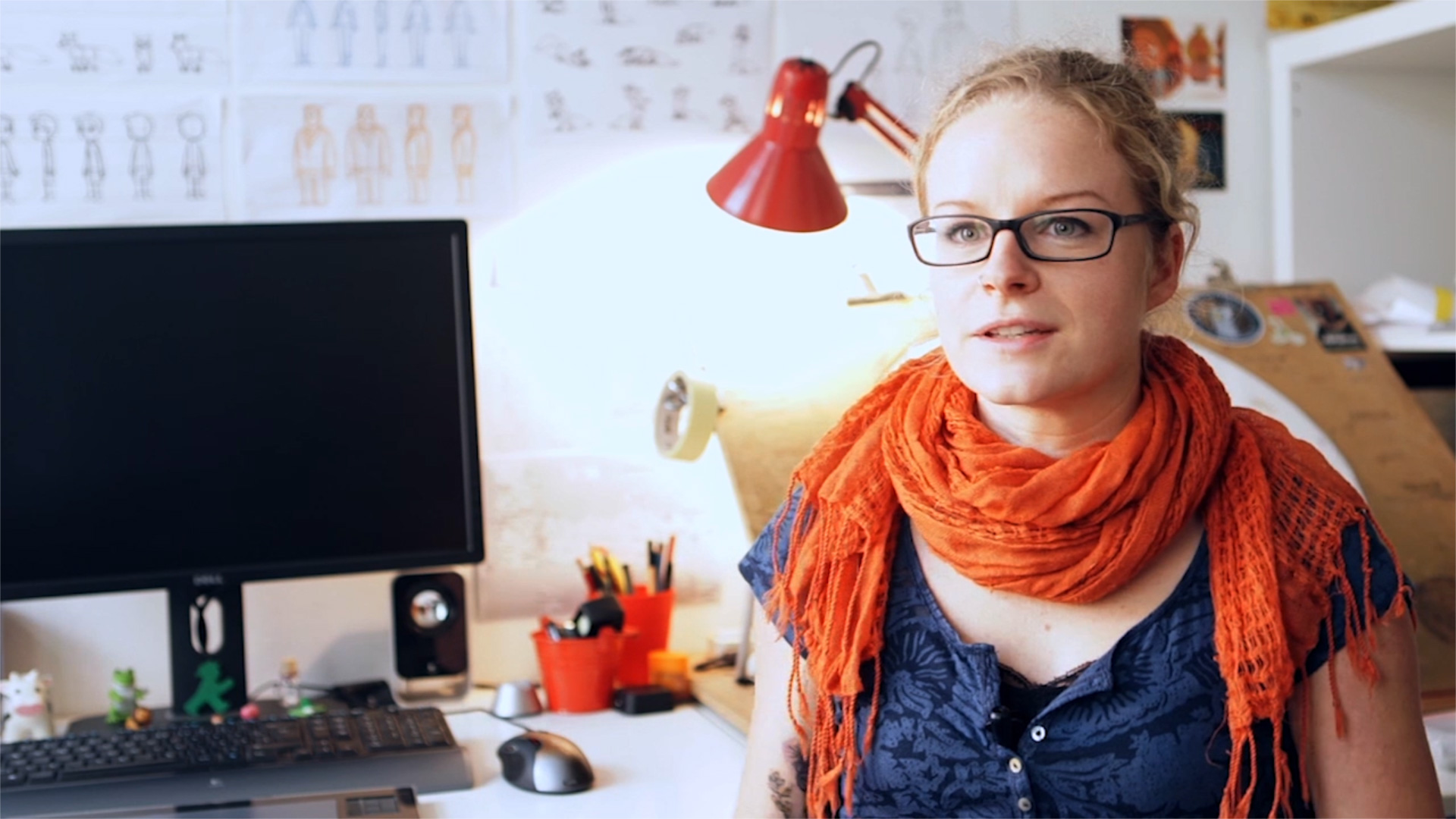
Pauline KortmannDirectorin & Animatorin
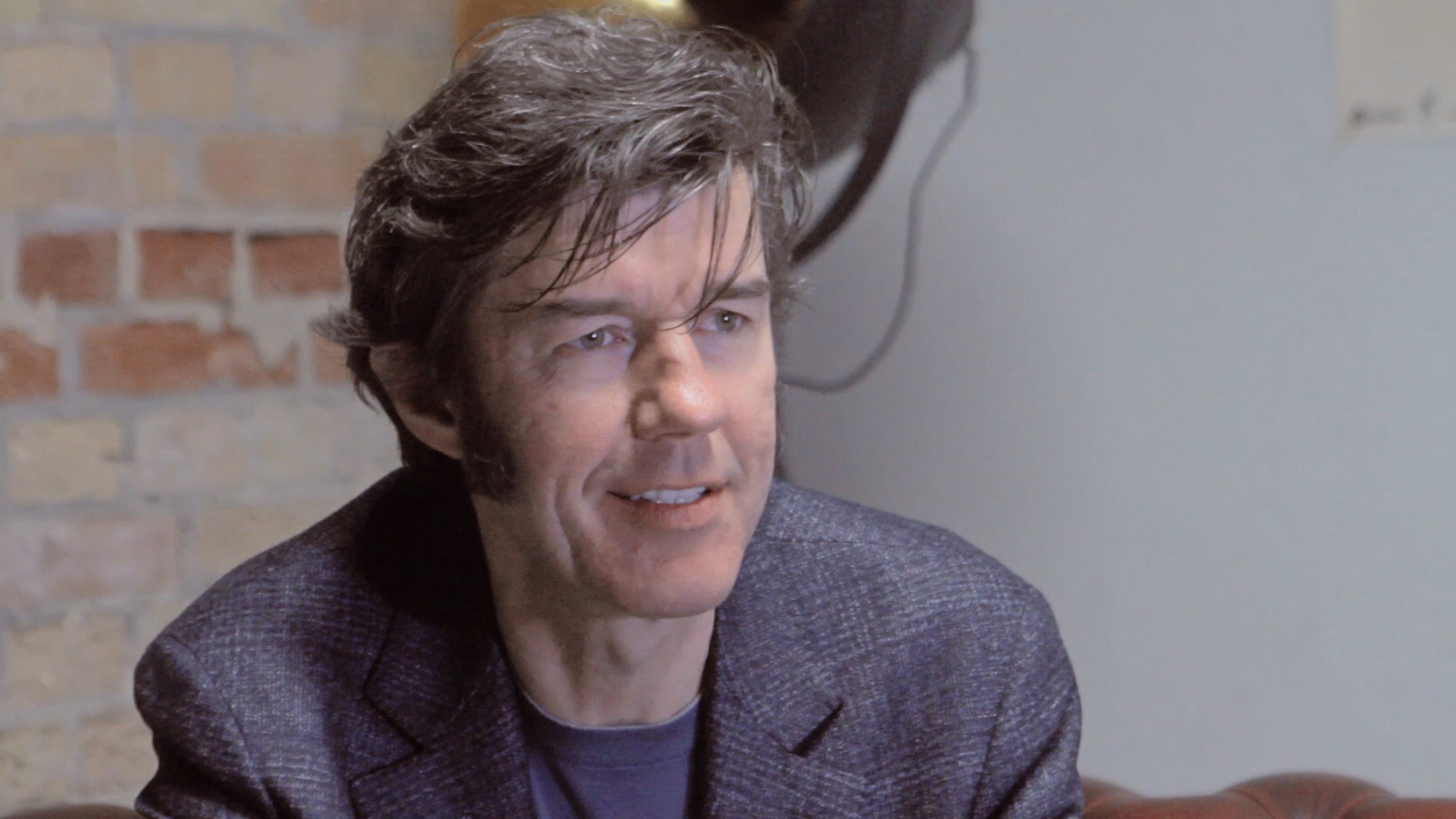
Stefan SagmeisterDesigner
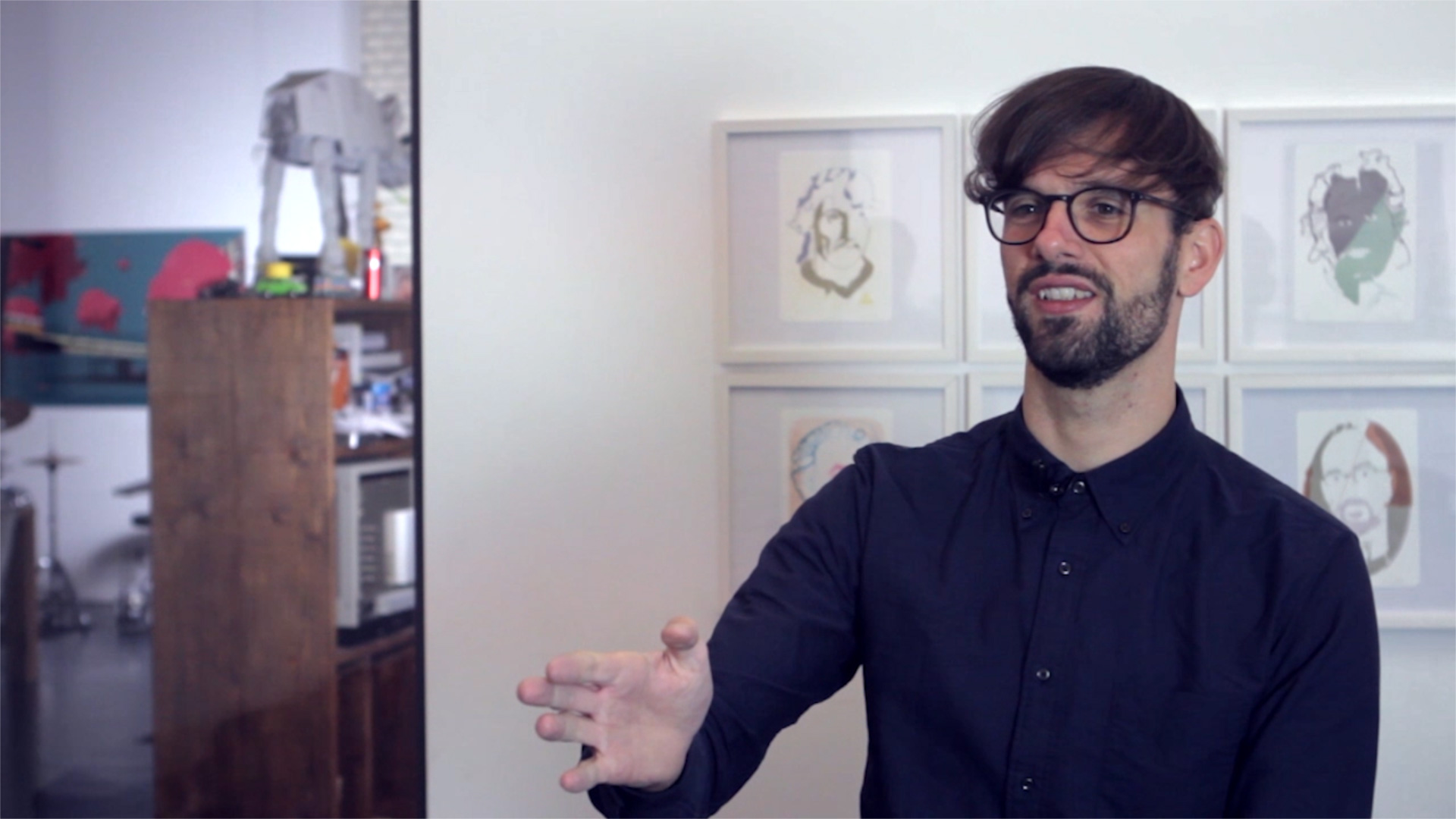
Mate SteinforthCreative Director
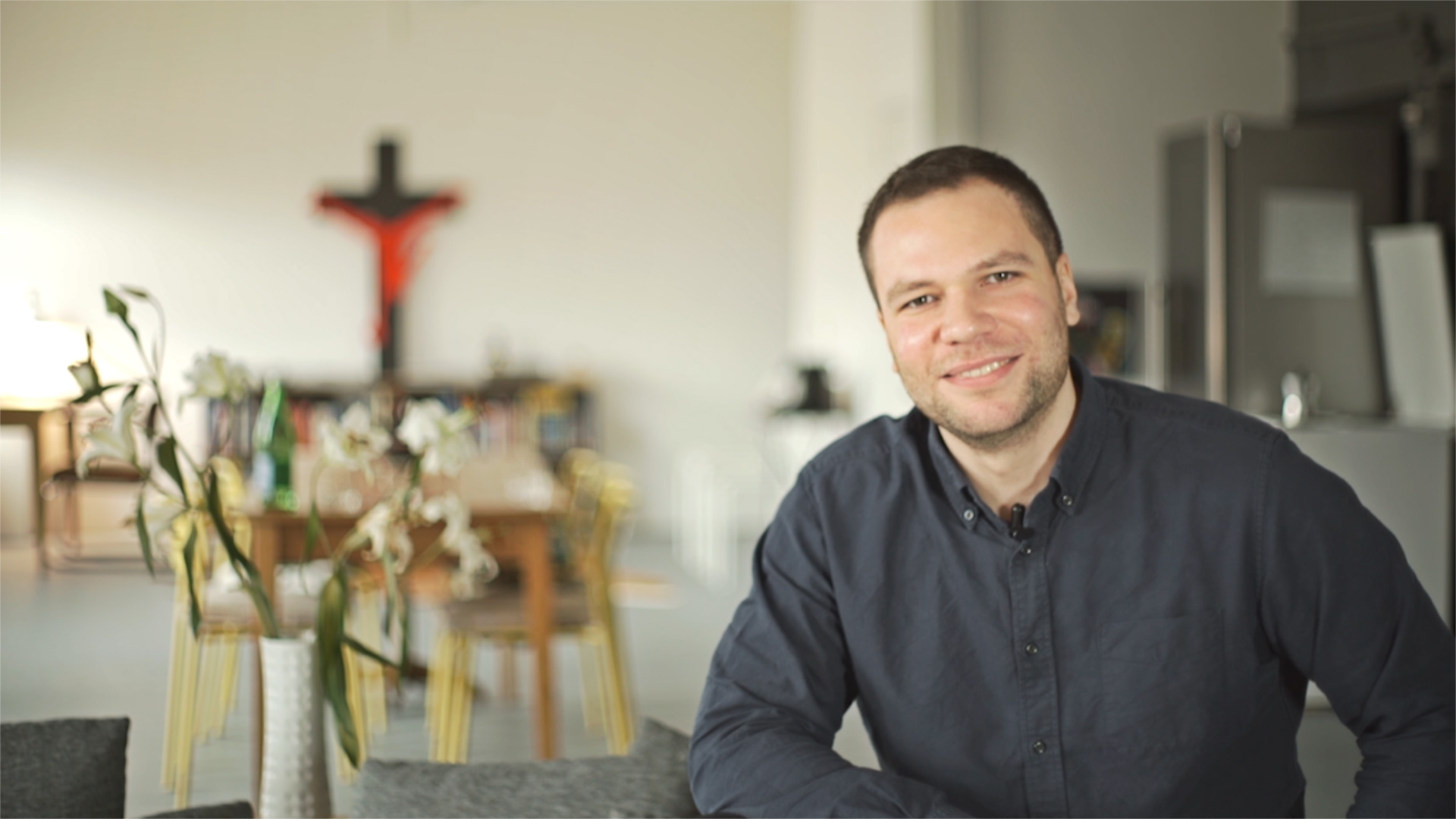
Chehad AbdallahDirector & Graphic Designer
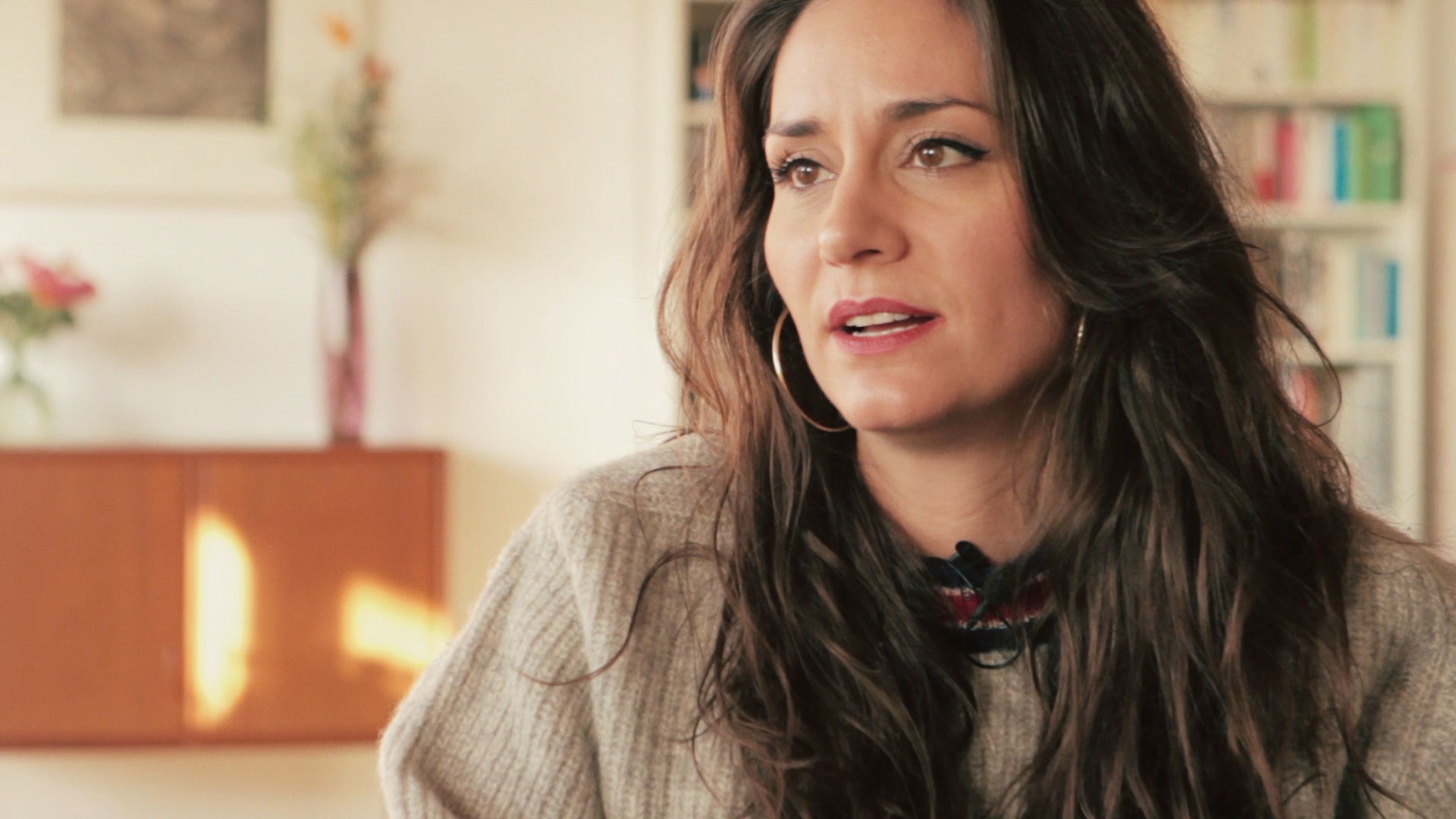
Sofia BavasRegisseurin & Filmemacherin
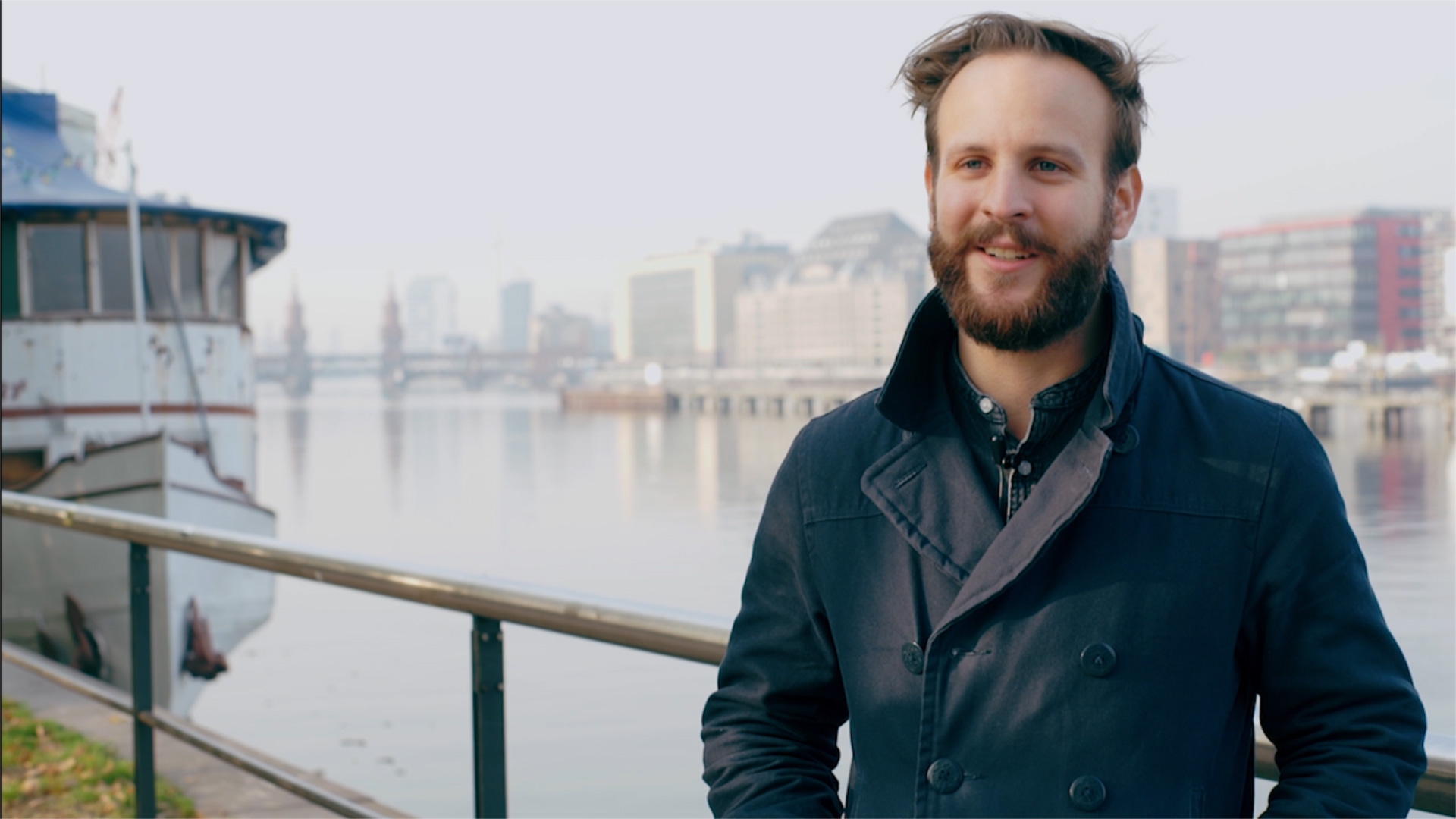
Daniel Rath3D Generalist
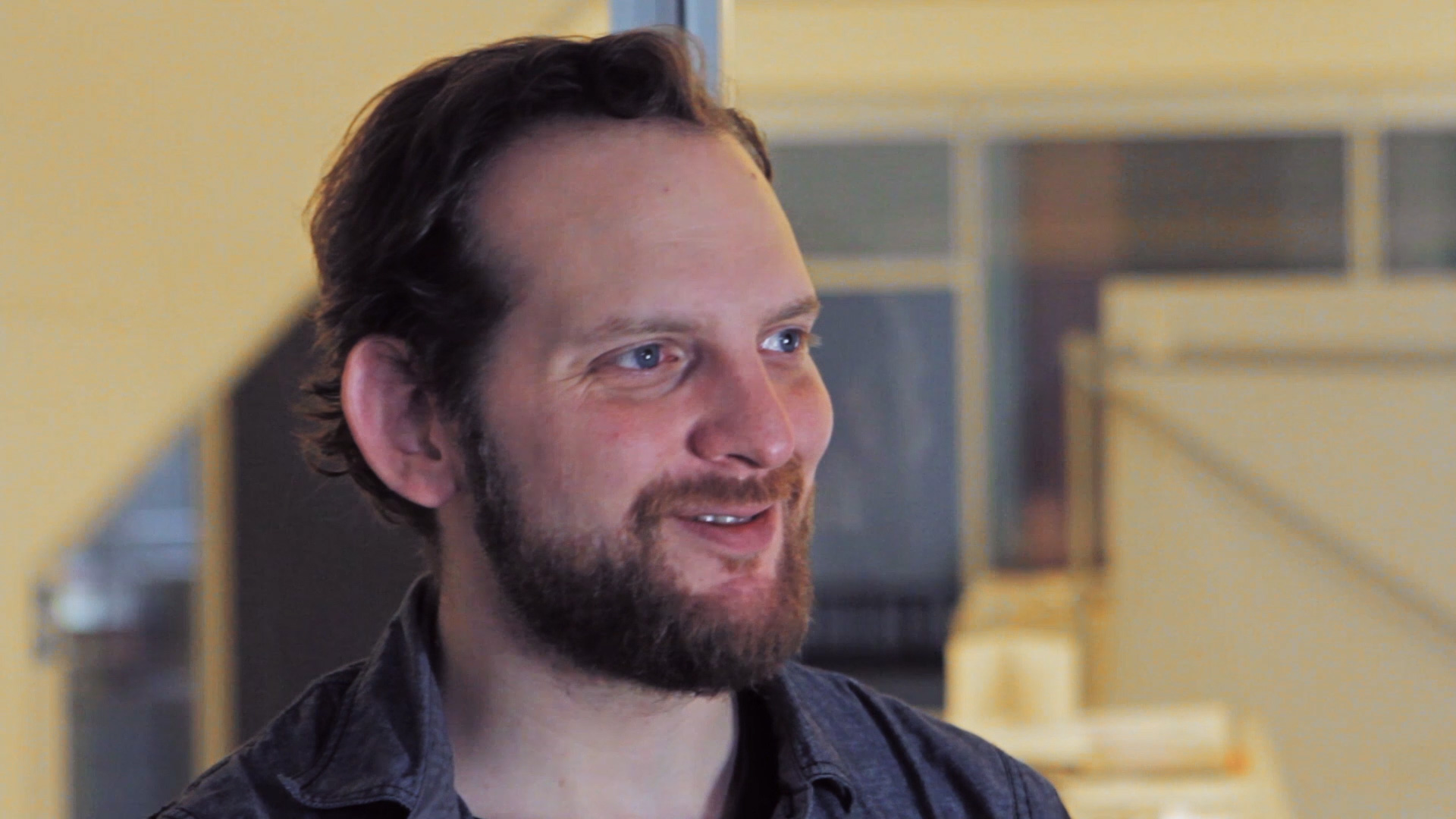
Tobias WüstefeldIllustrator & AnimatorTobias Wüstefeld
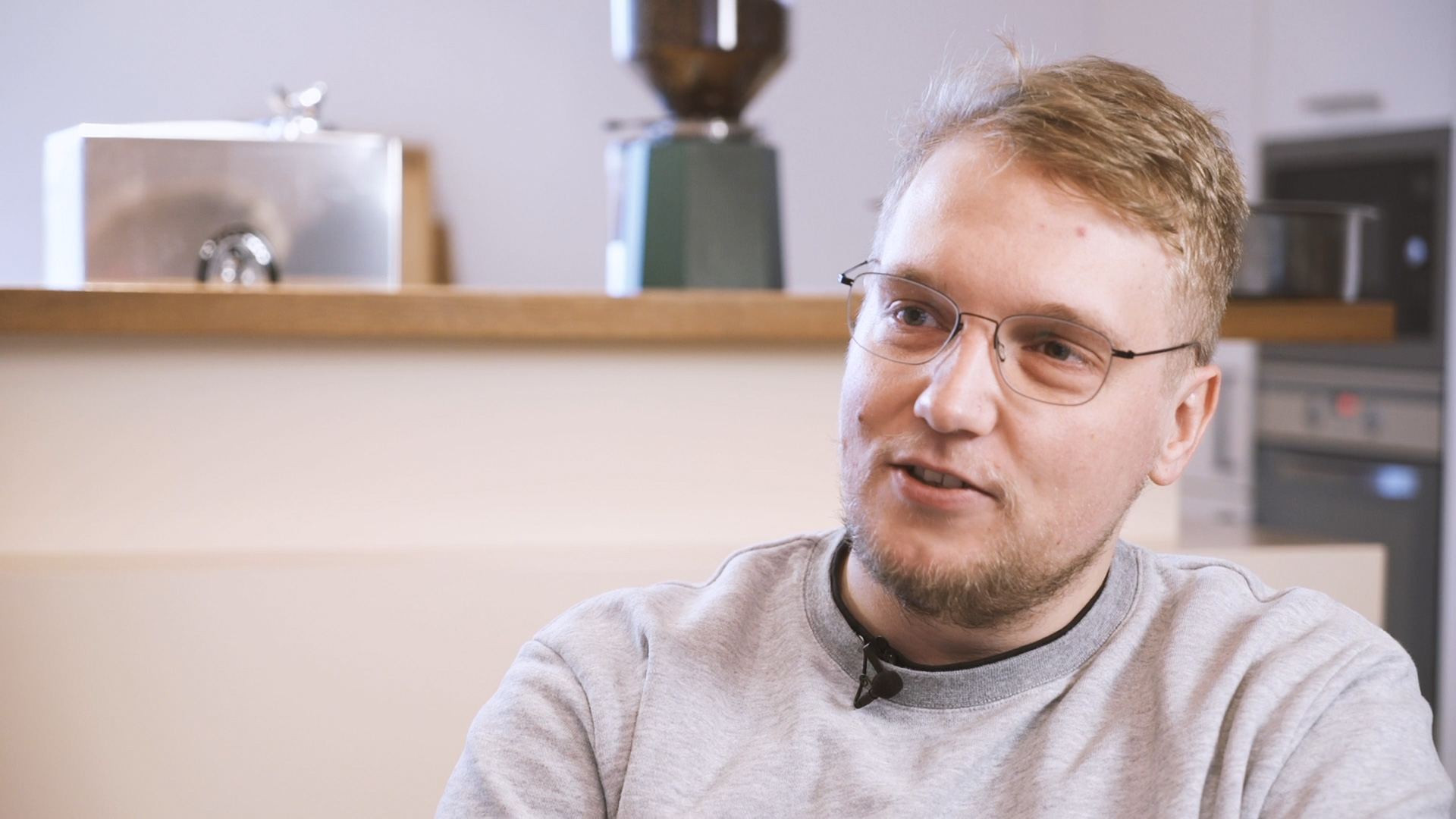
DOZ9Musiker
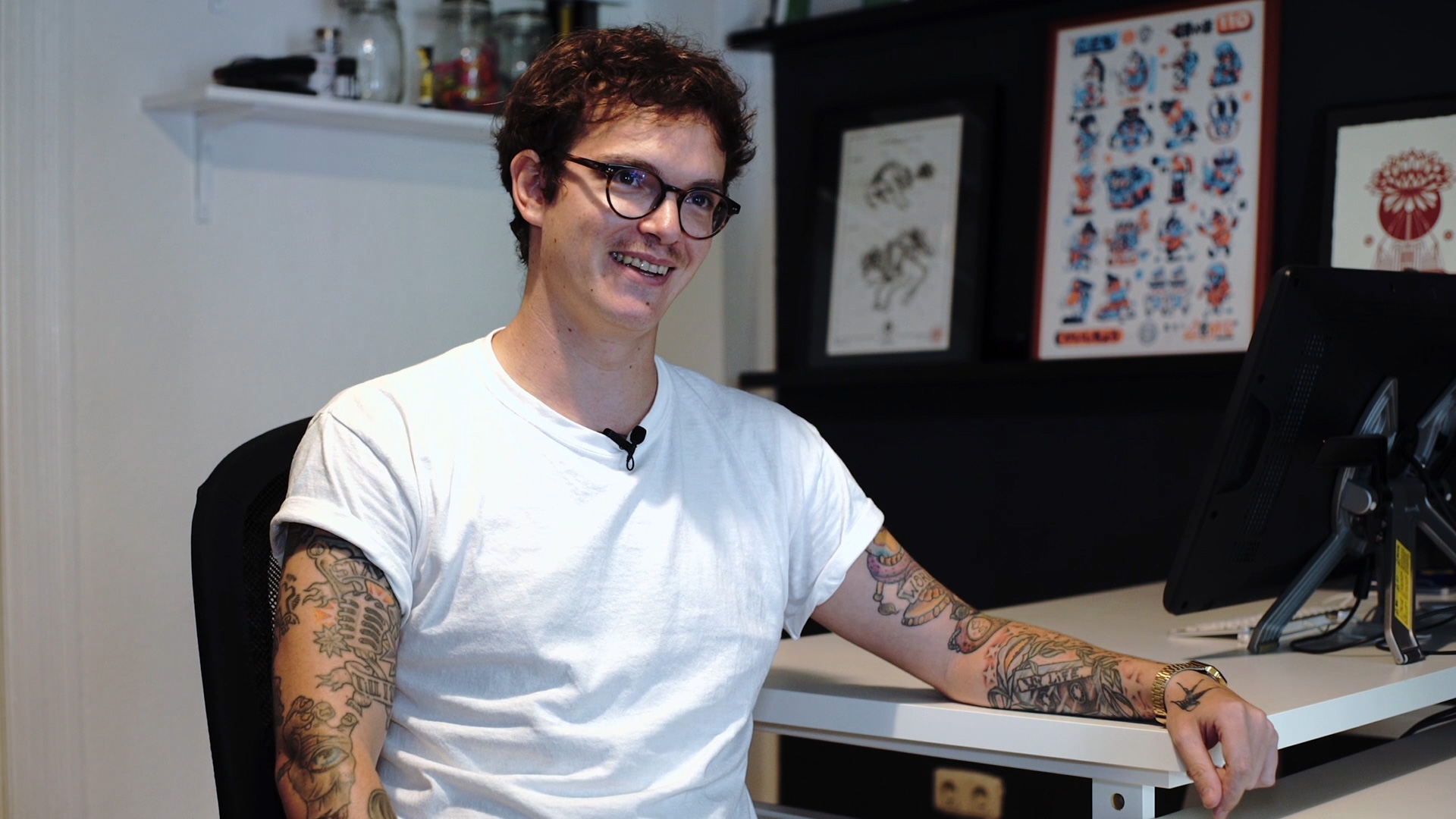
Florian SchommerIllustrator
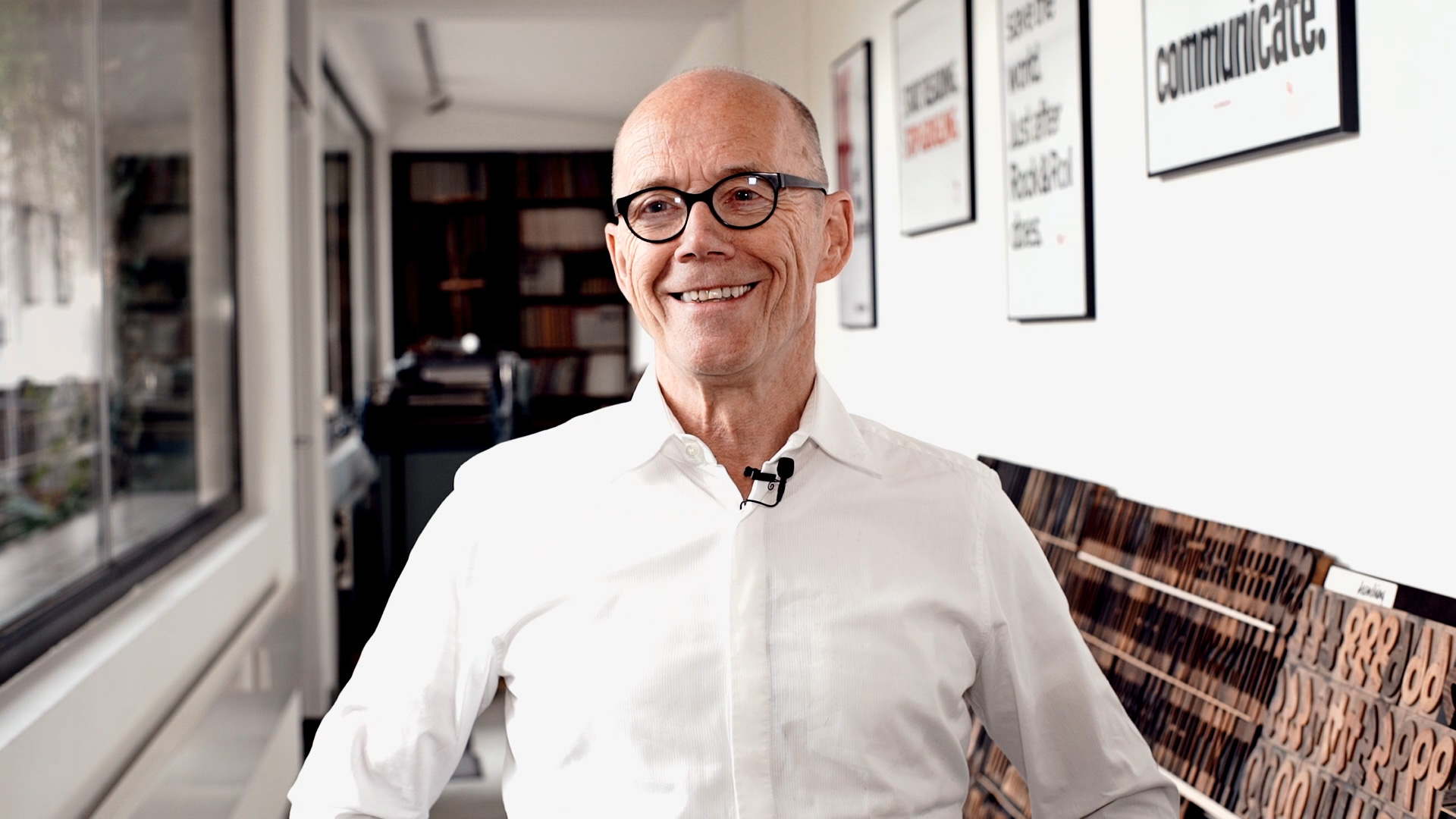
Erik SpiekermannGestalter
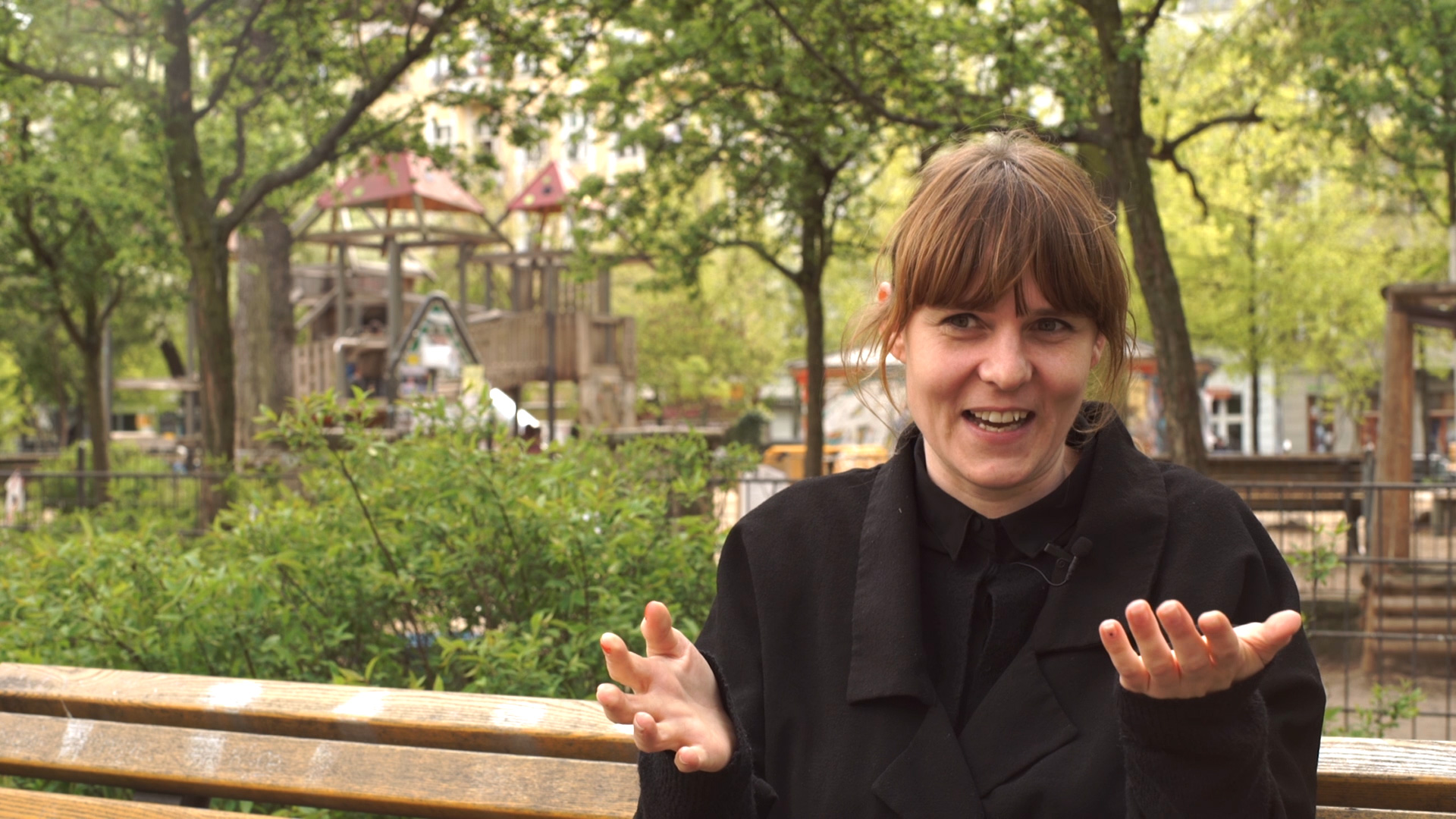
Larissa HonsekKreativdirektorin
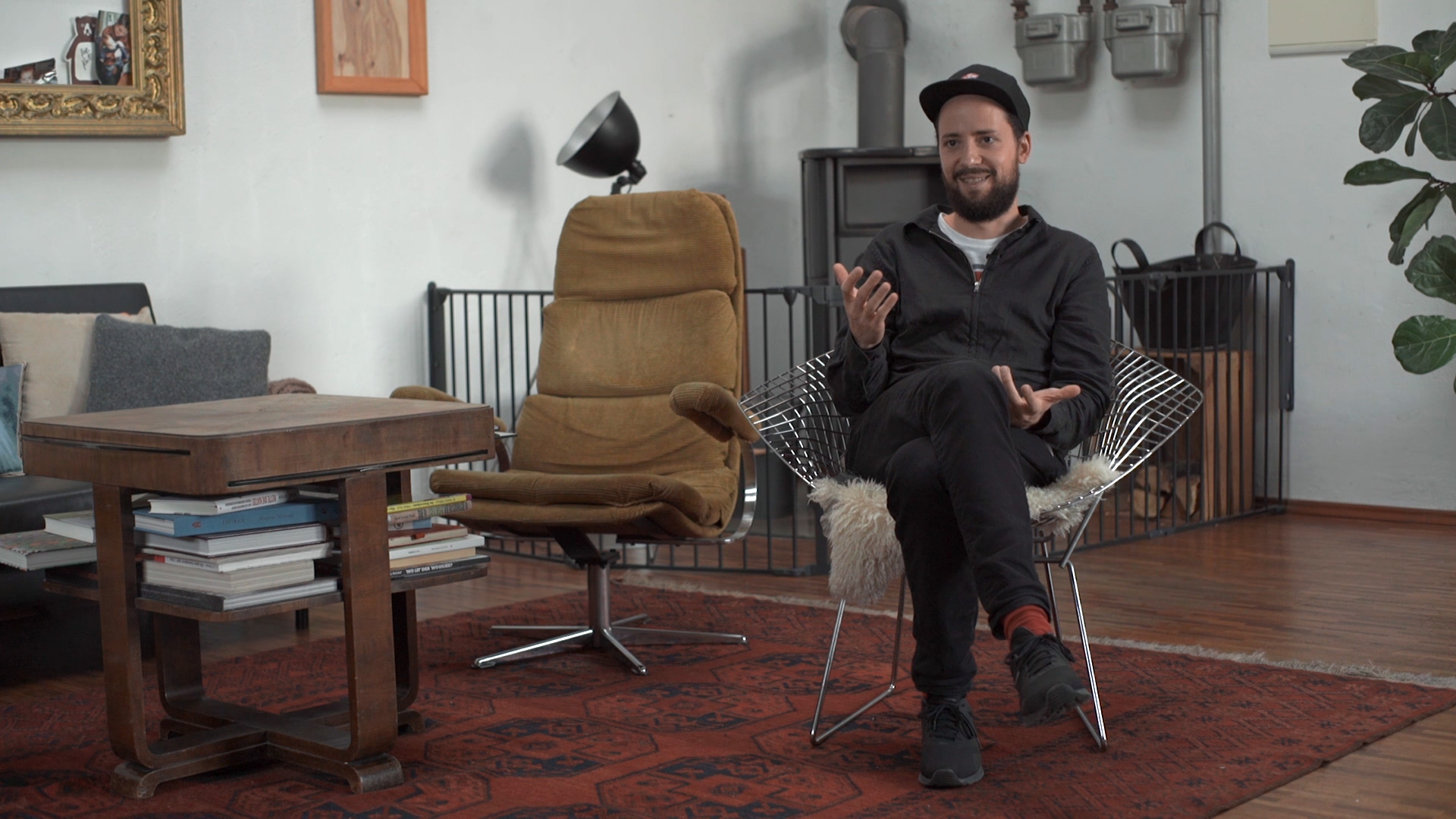
Philipp KässbohrerFilmemacher
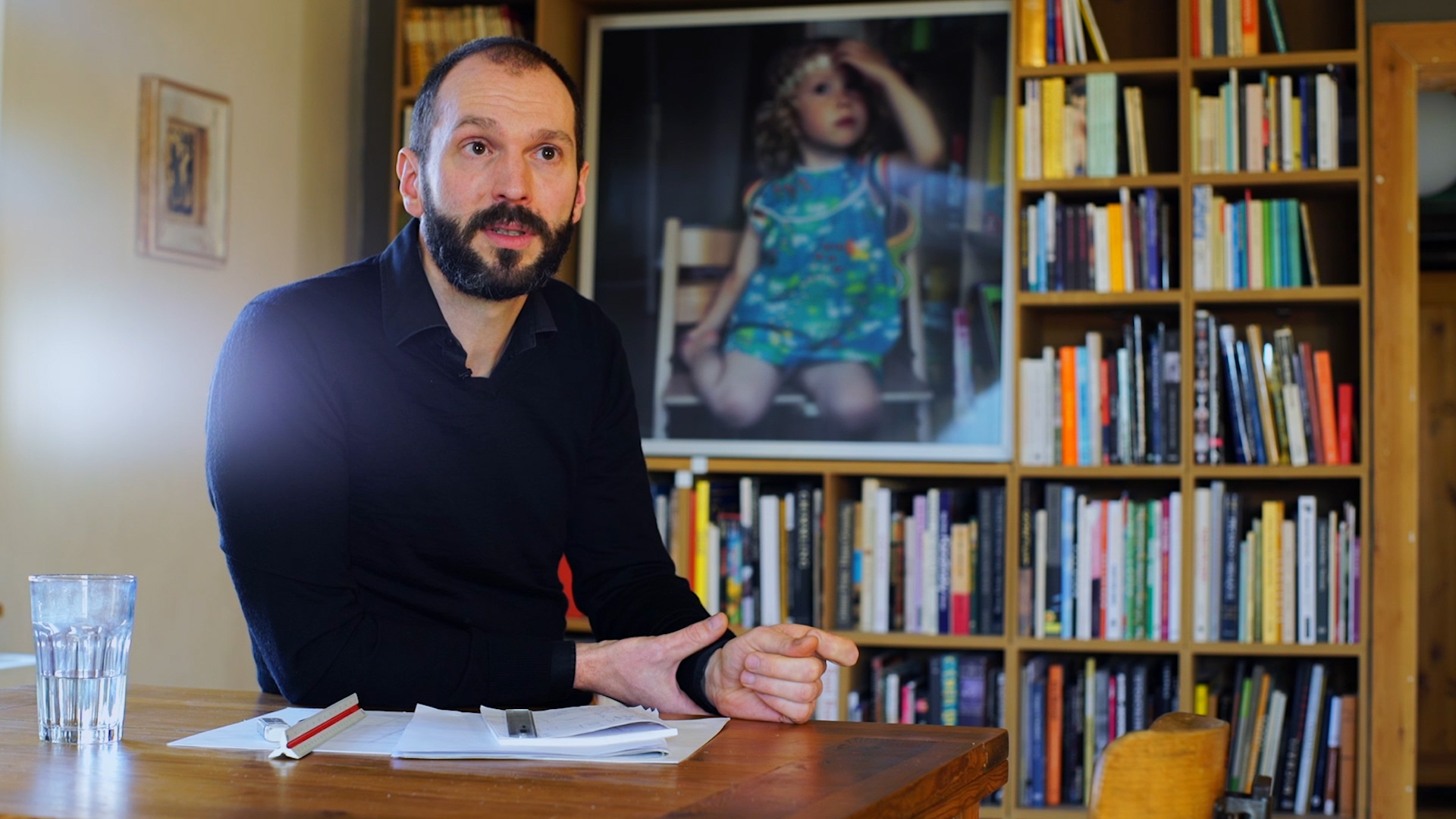
Prof. Christian MahlerProfessor für Motion Design
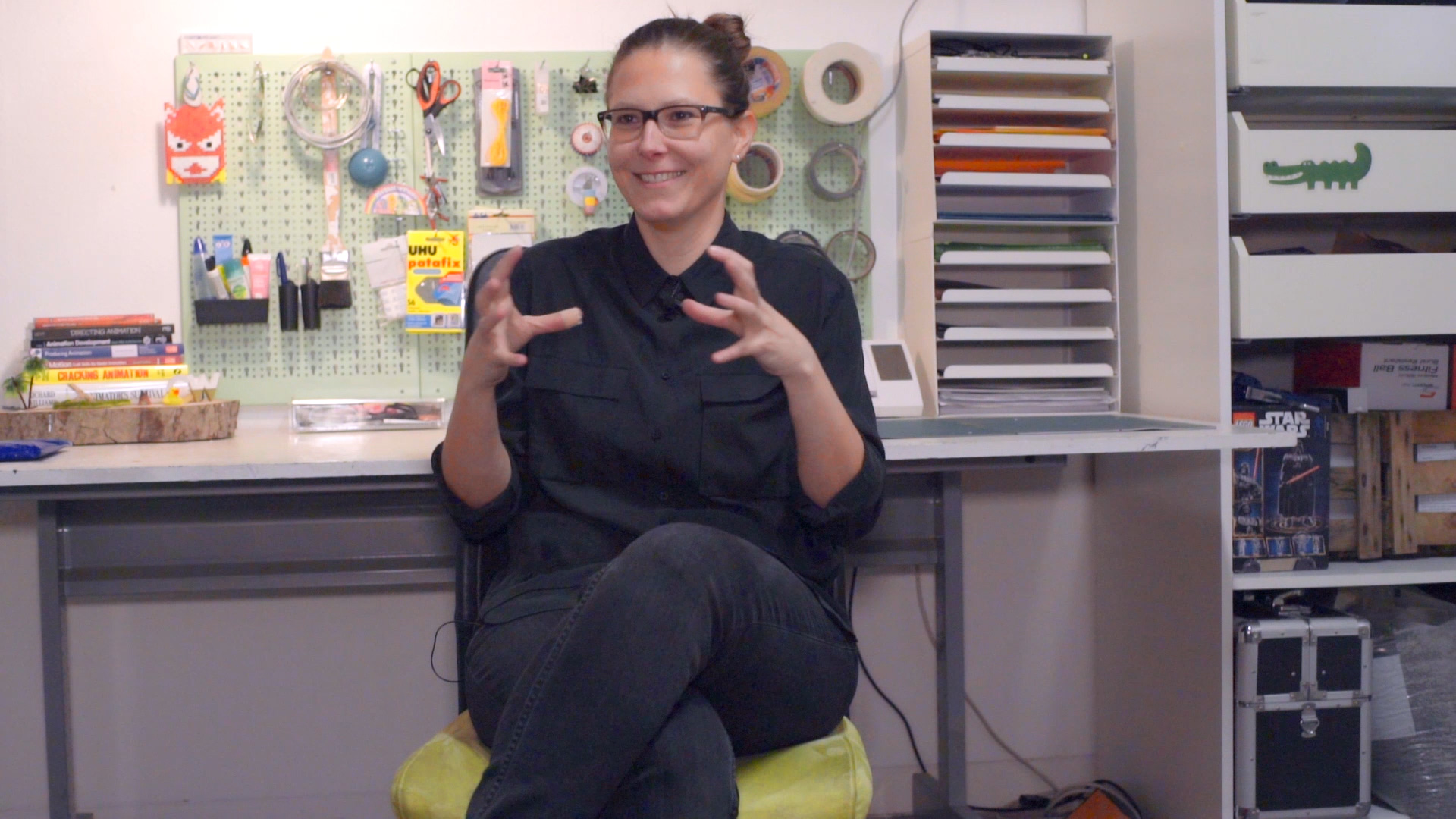
Cris WiegandtStop-Motion Animatorin
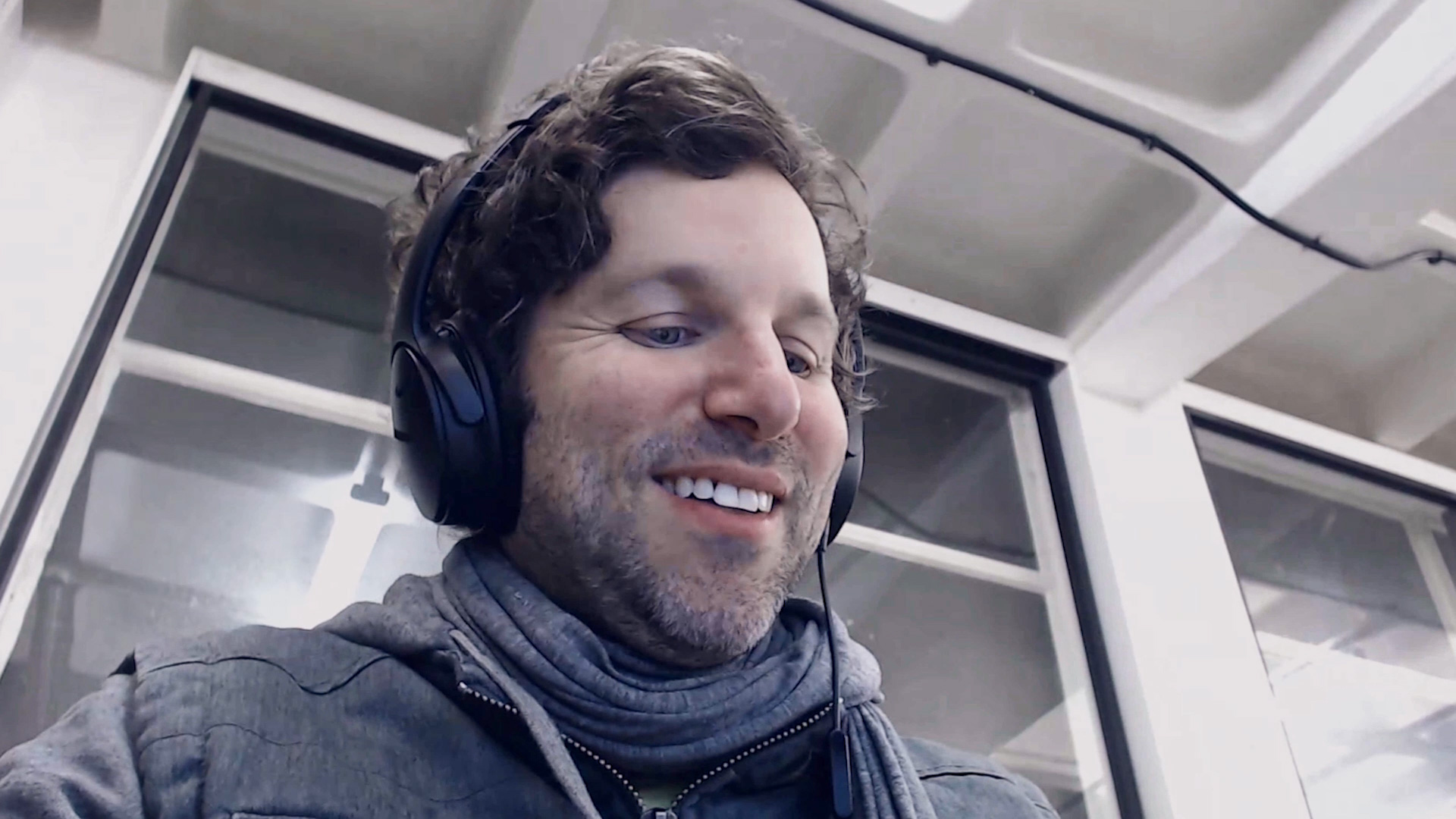
Bradley G. MunkowitzDesigner & Director
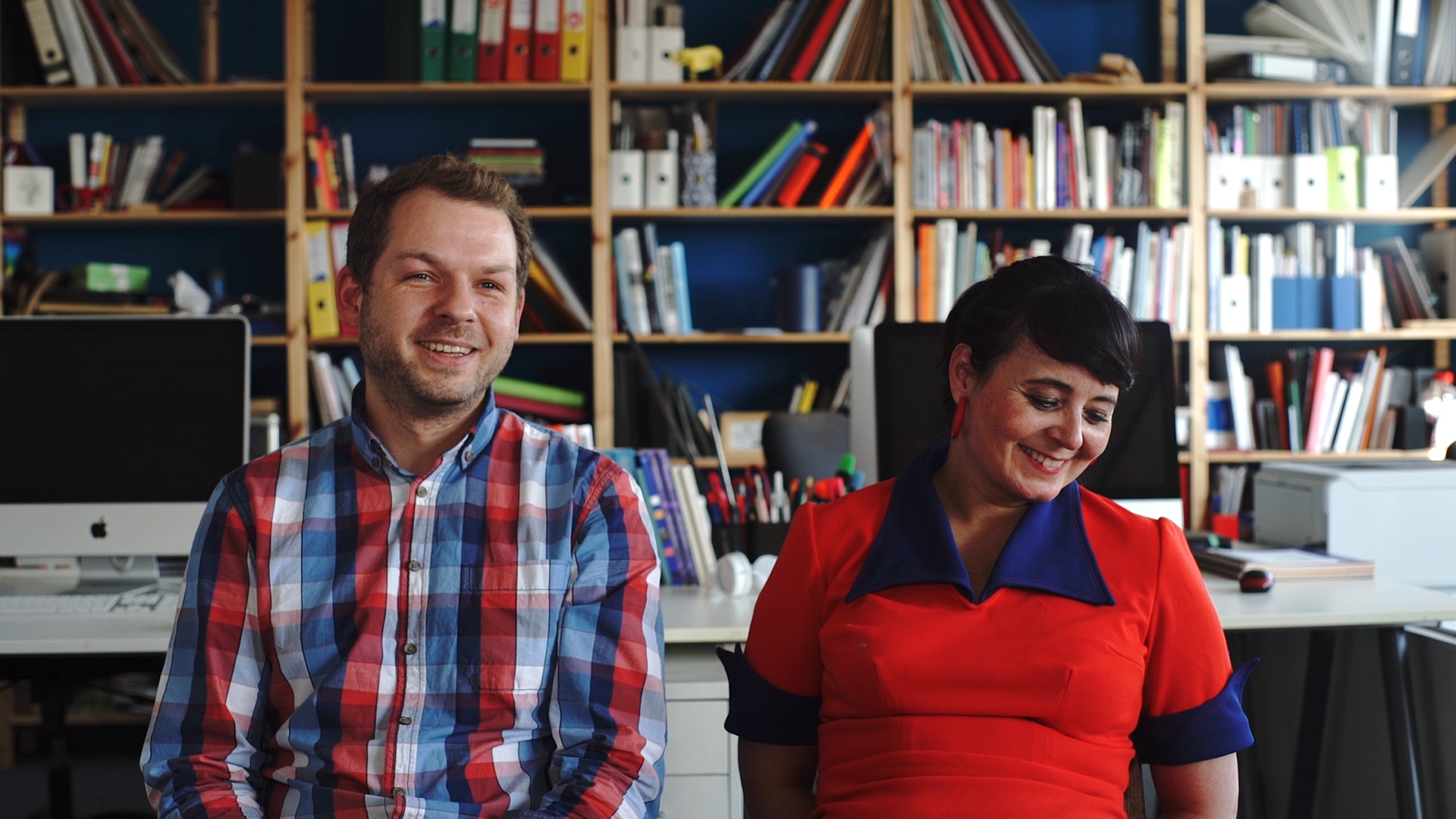
TwoPointsDesigner
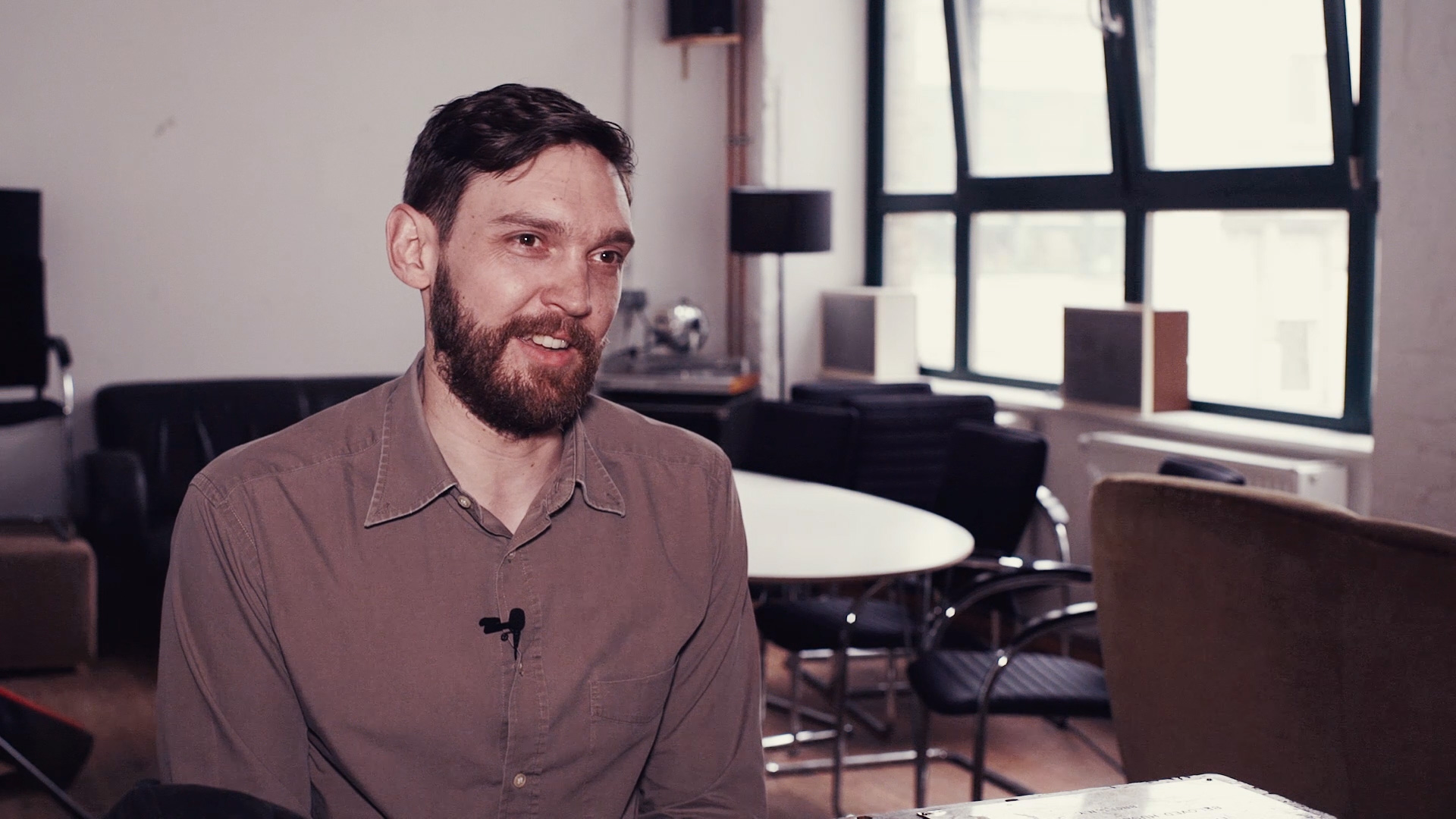
Andreas FischerKünstler
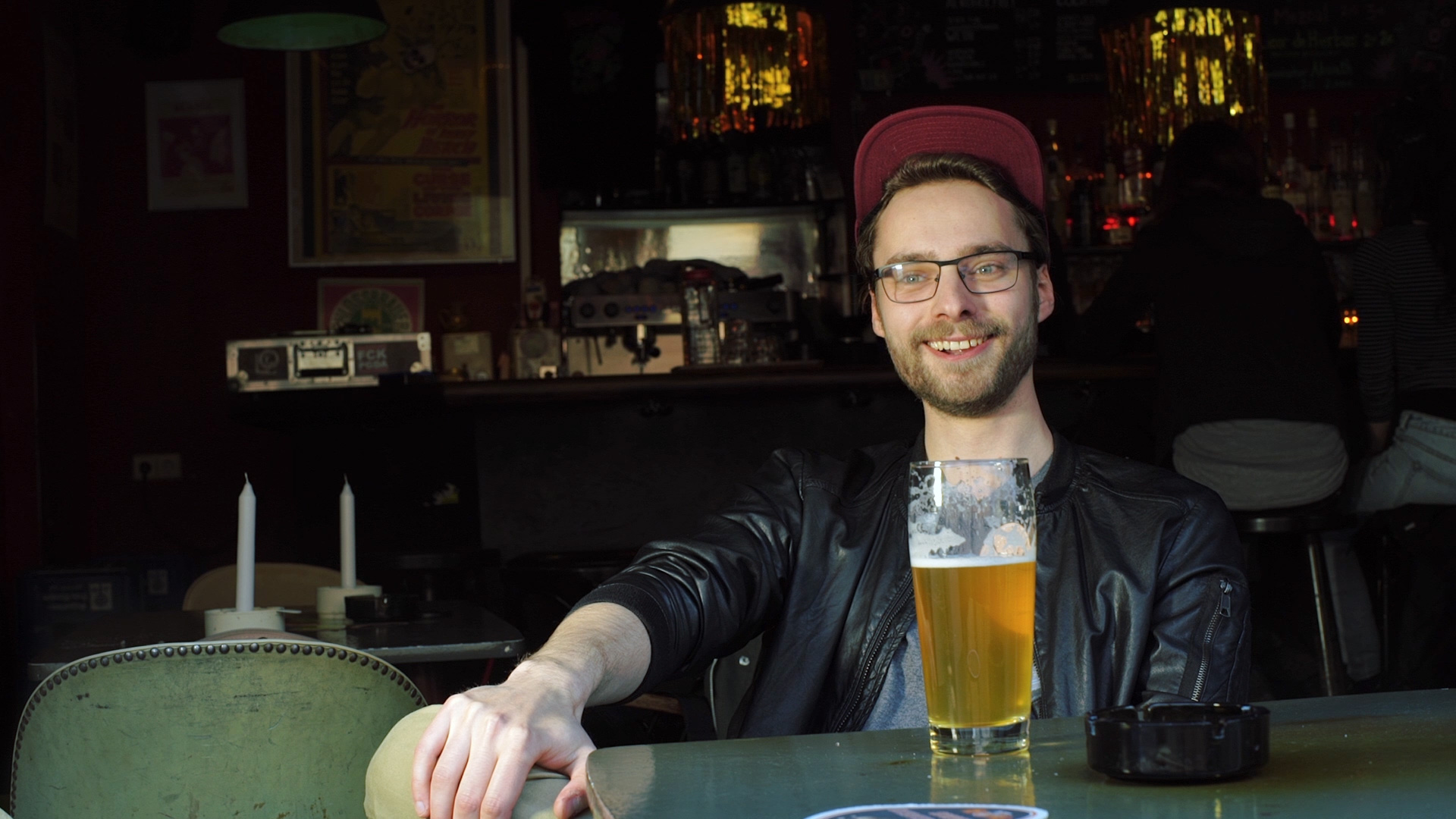
Bastian WieneckeIllustrator & Designer
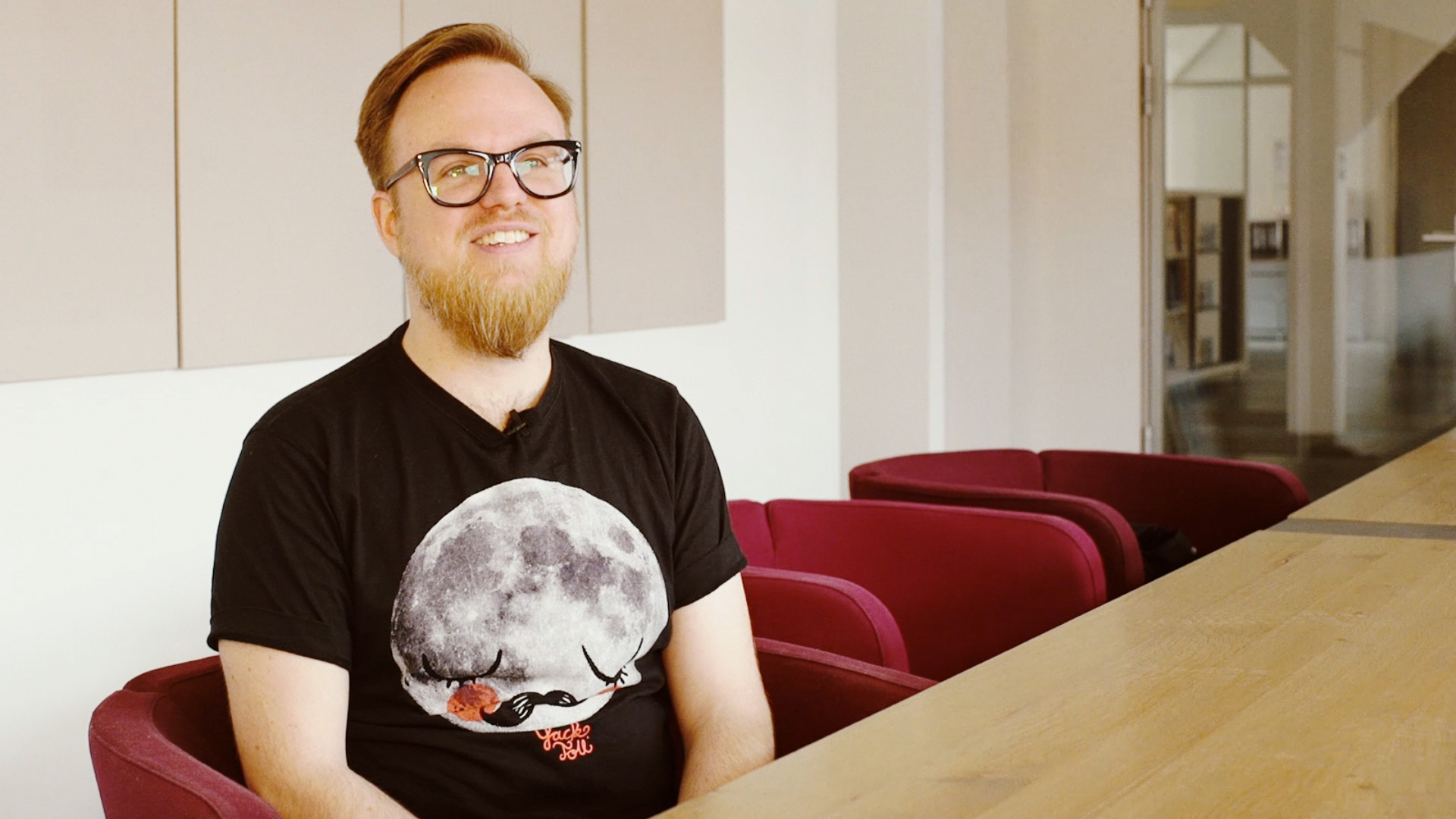
Chris SmallfieldVFX Supervisor & 3D Generalist
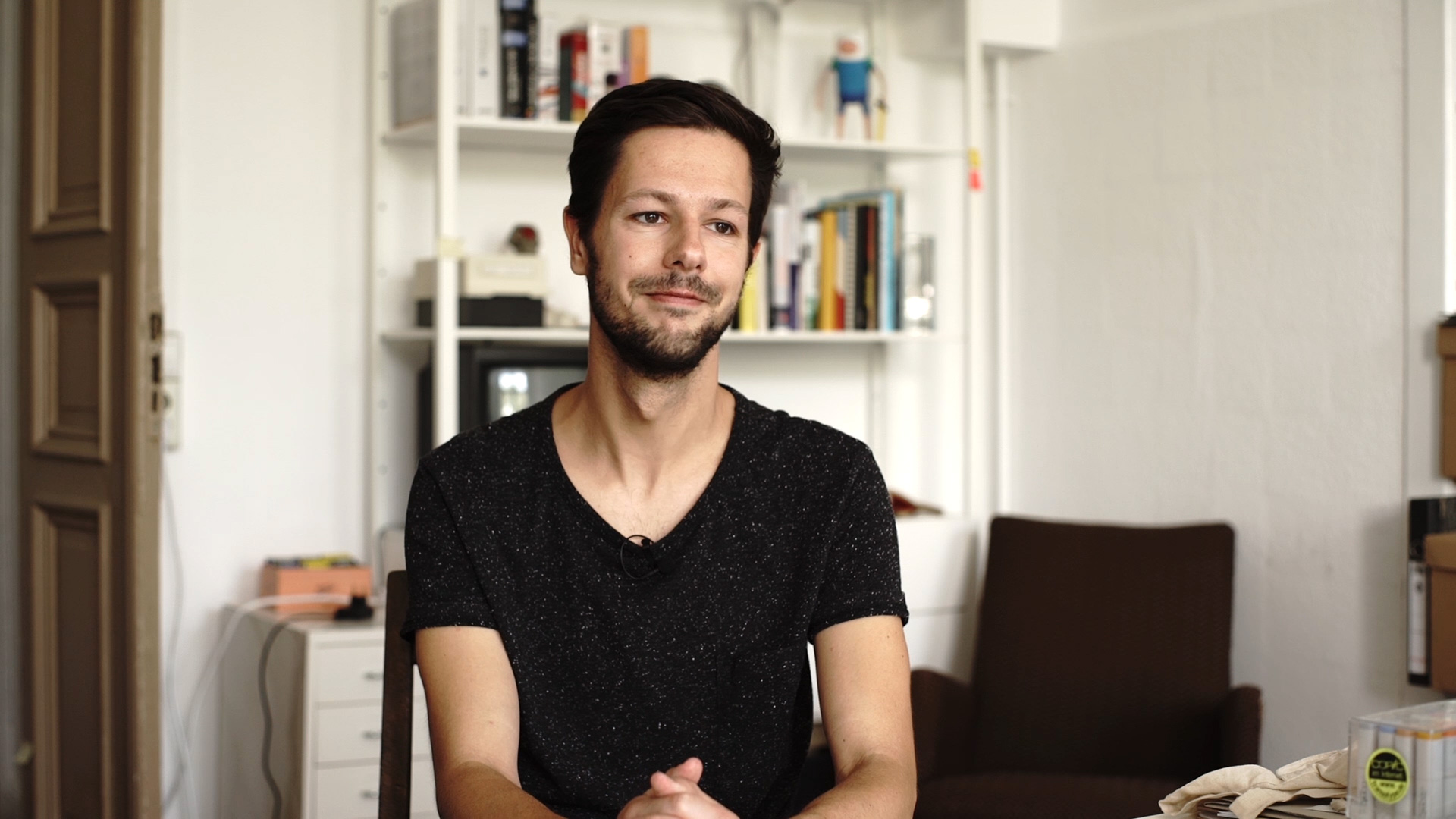
Ronny Schmidt3D Artist & Designer
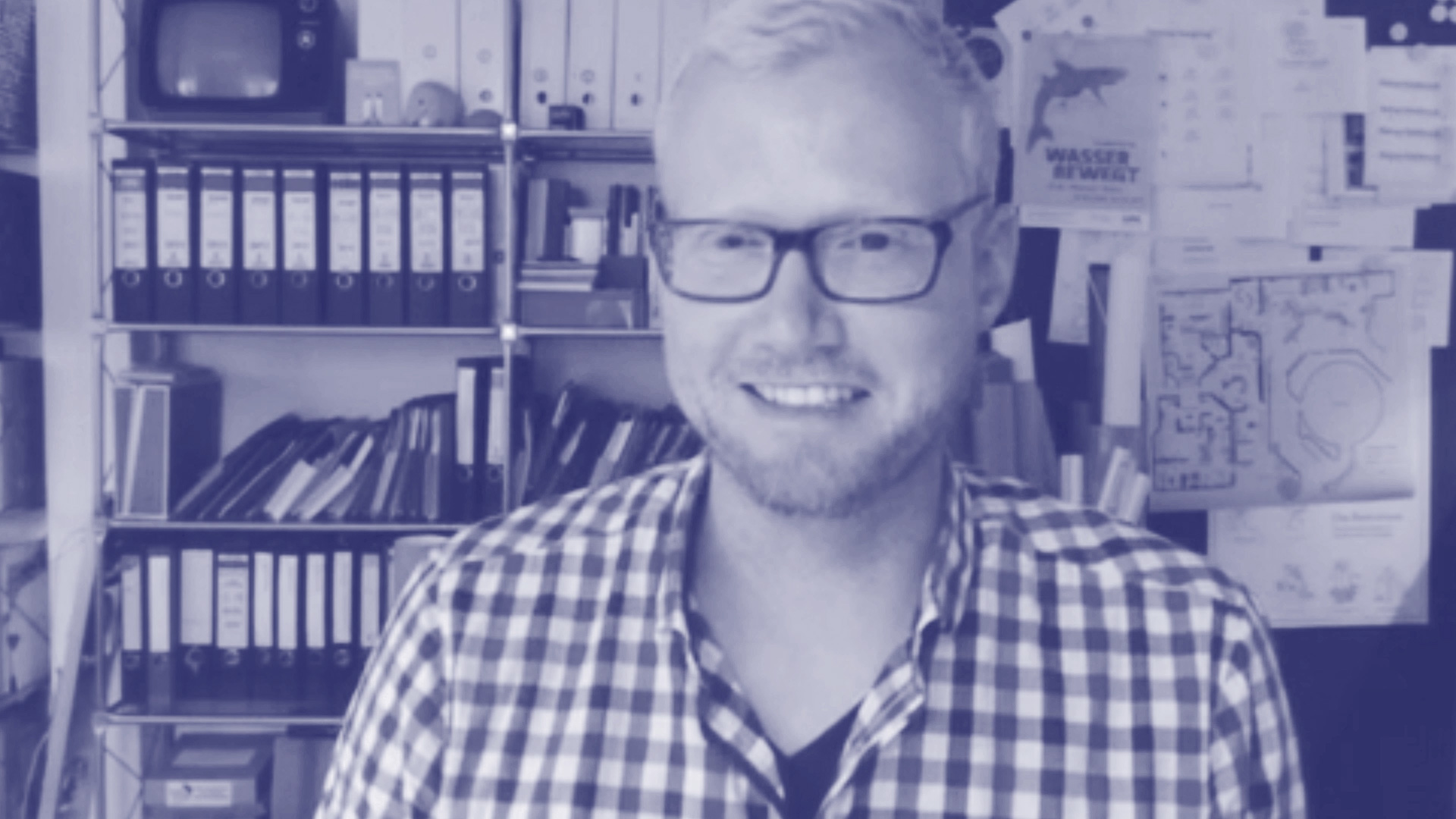
Christian BüningInformationsgestalter
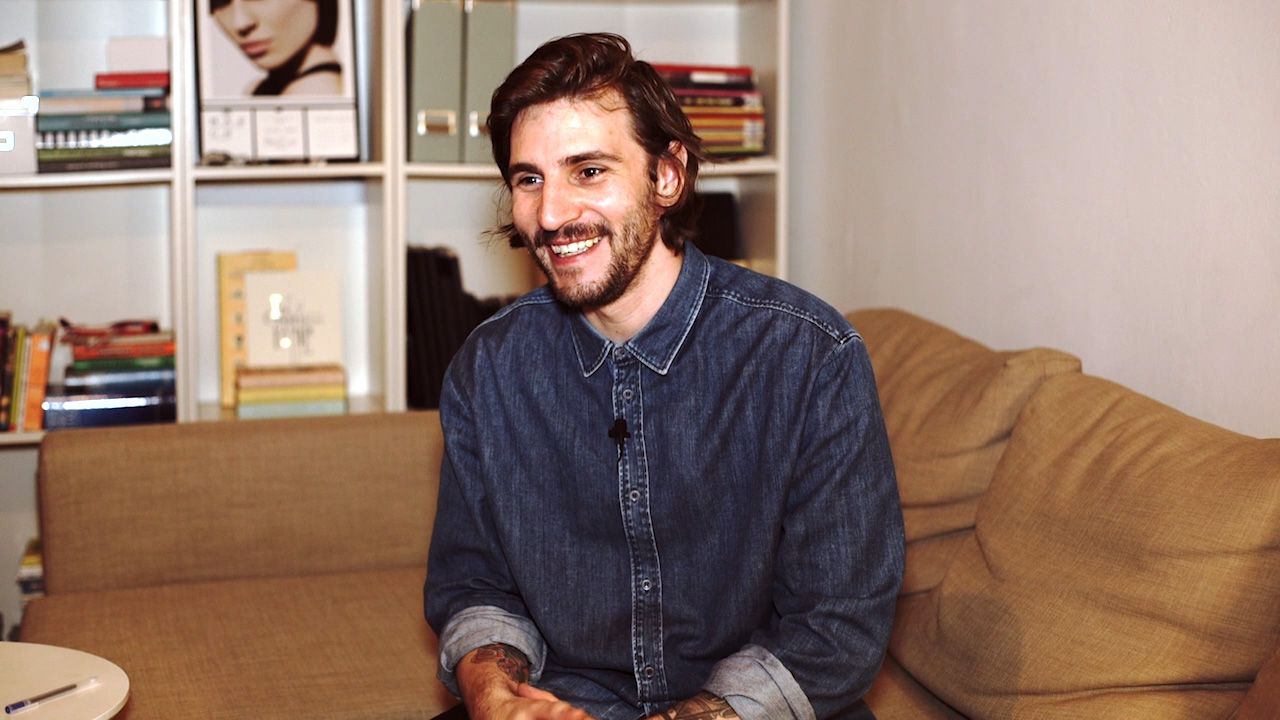
Hassan HaiderArt Director & Designer
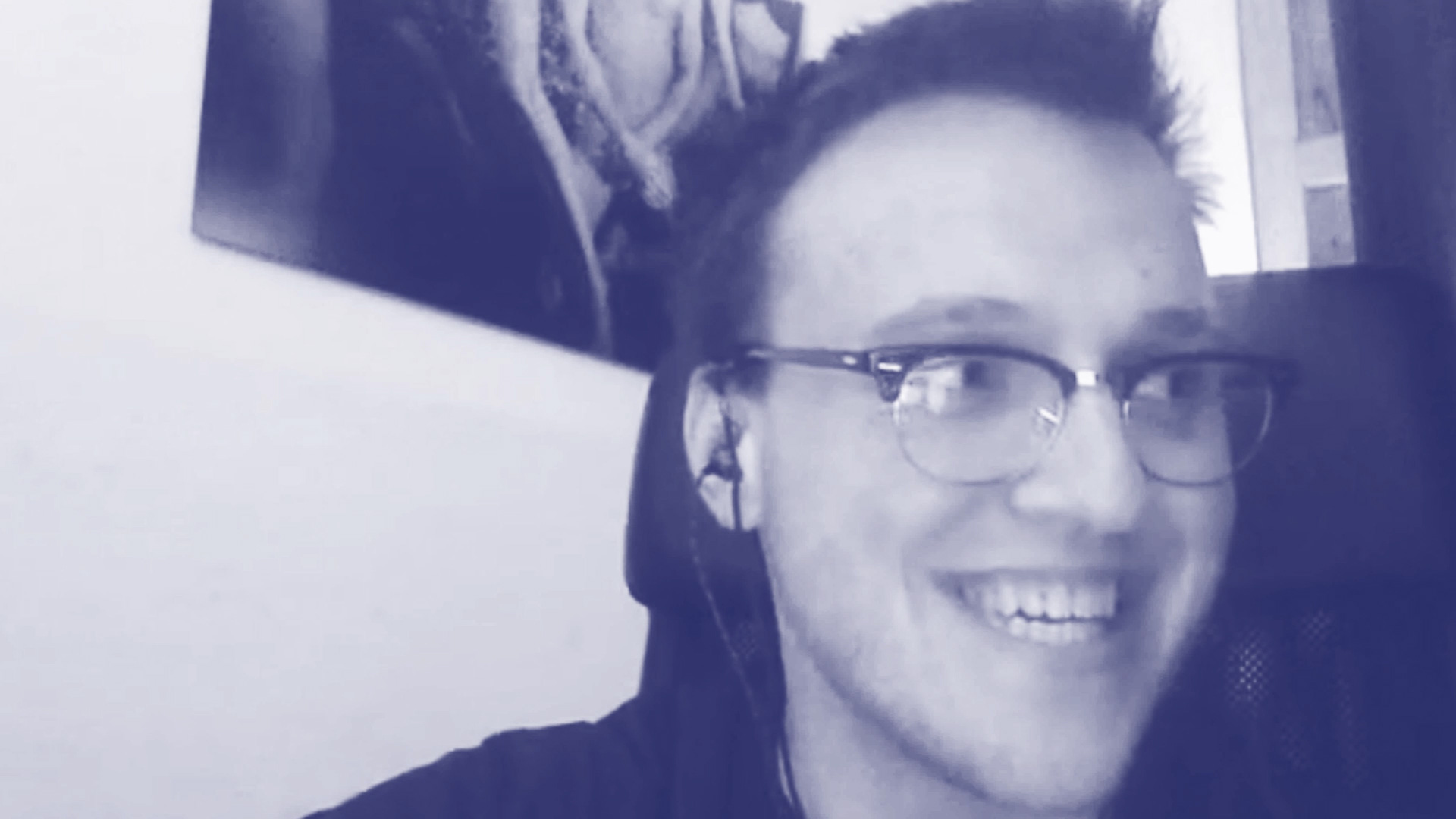
Andreas HofstetterJunior Creative & Filmemacher
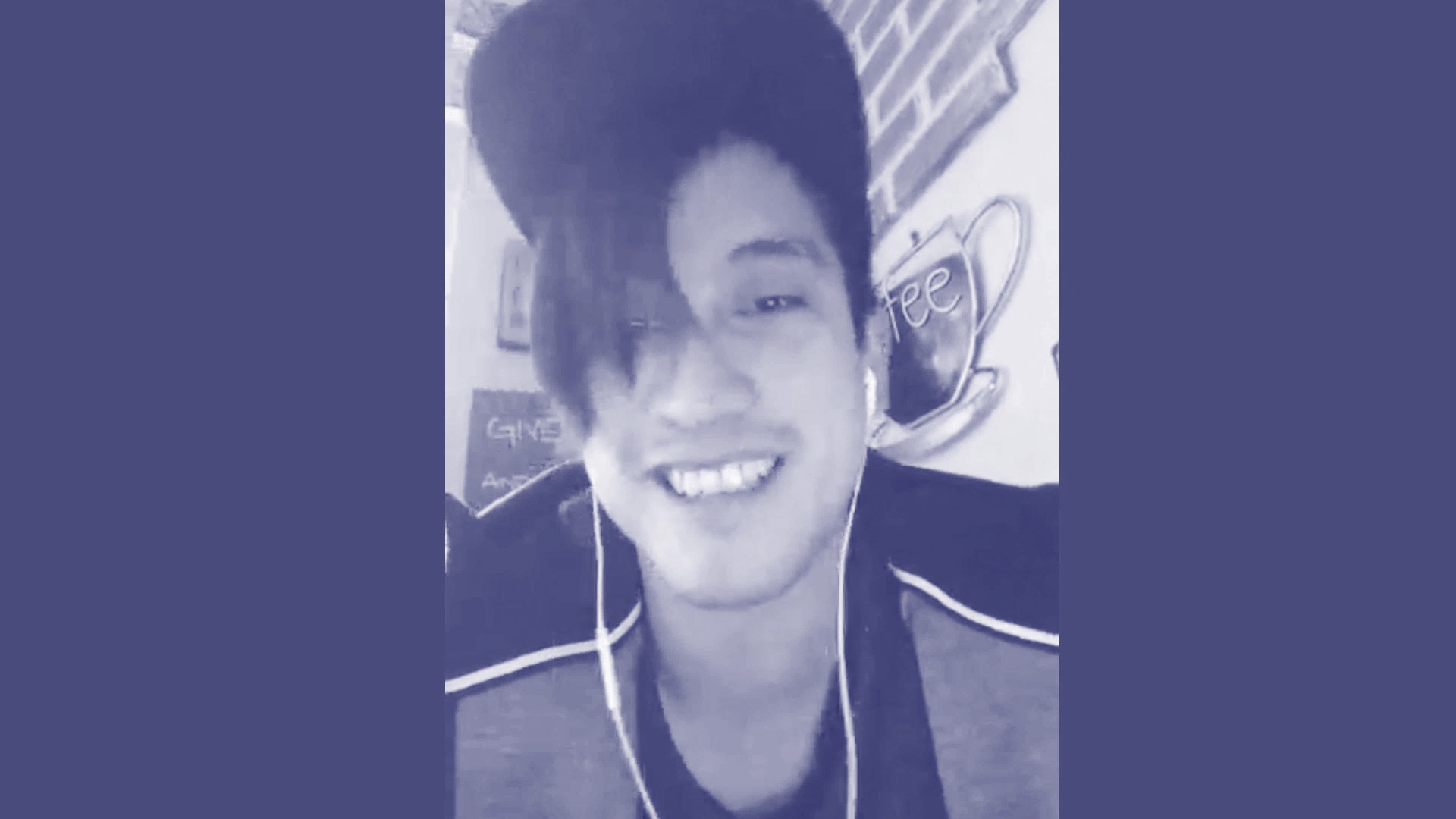
Vi-Dan TranRegisseur & Stuntman
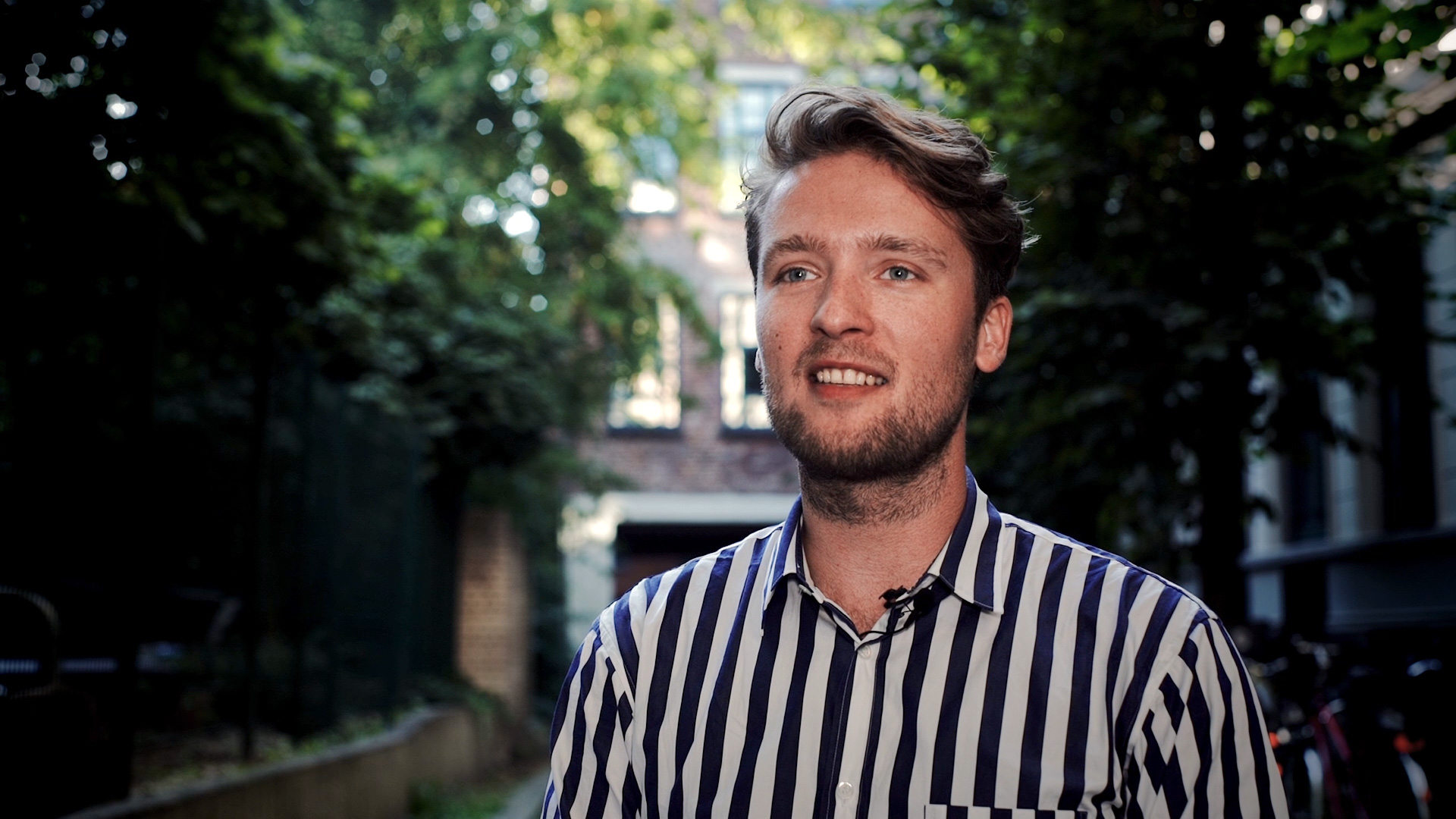
Dominic RepenningDesigner & Regisseur
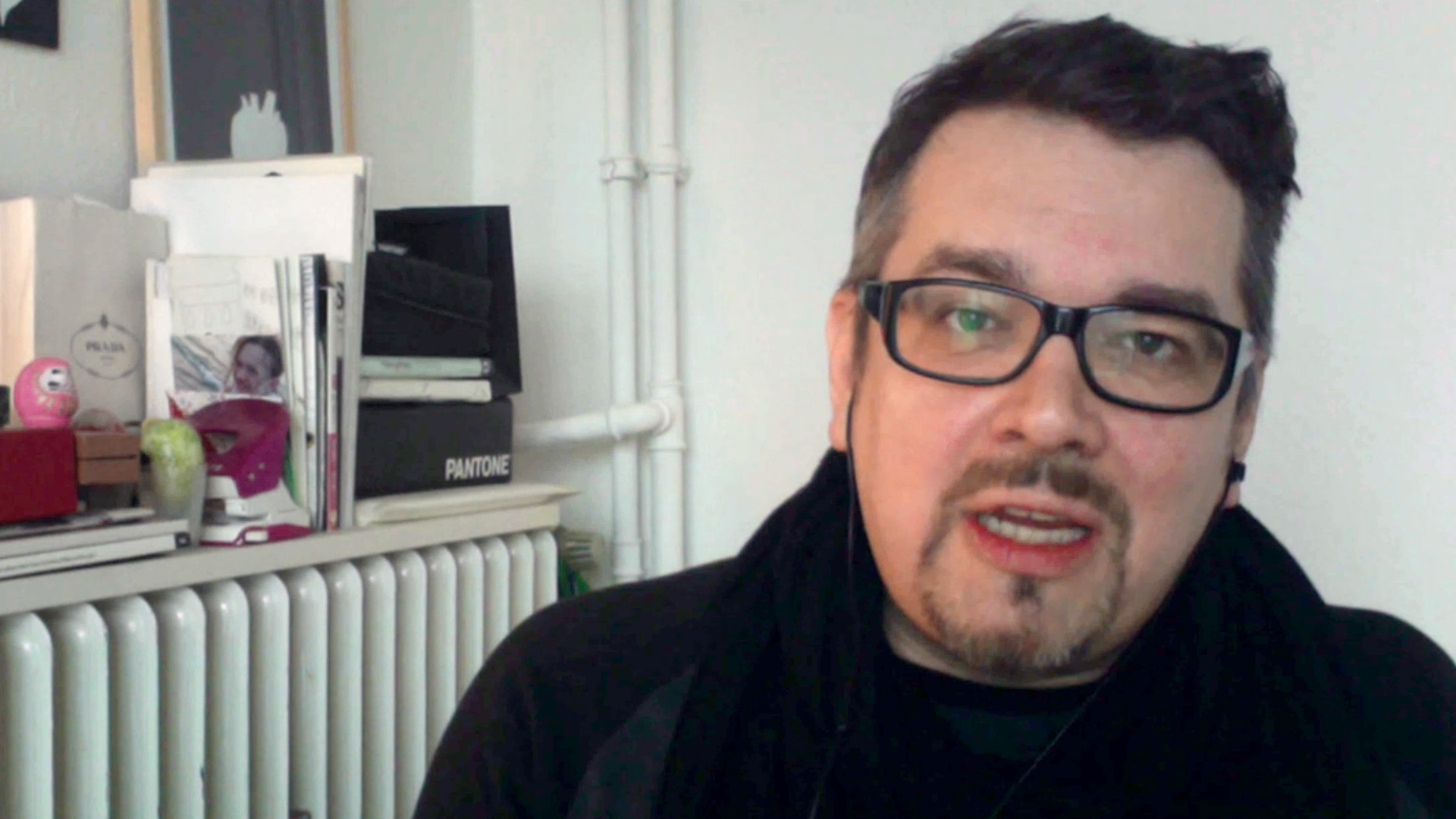
Kay TennemannAnimation Director & Designer
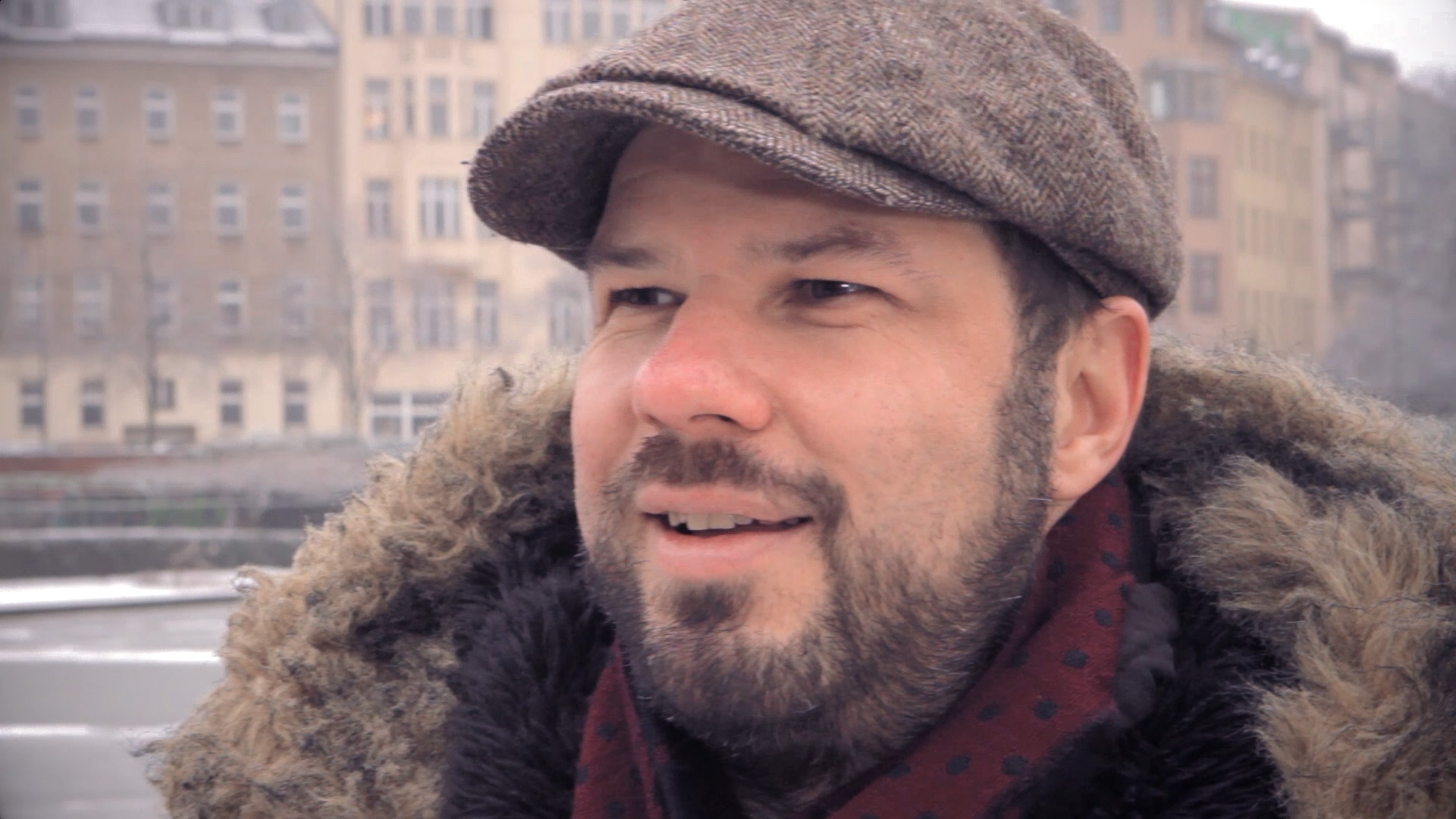
Uwe FladeRegisseur
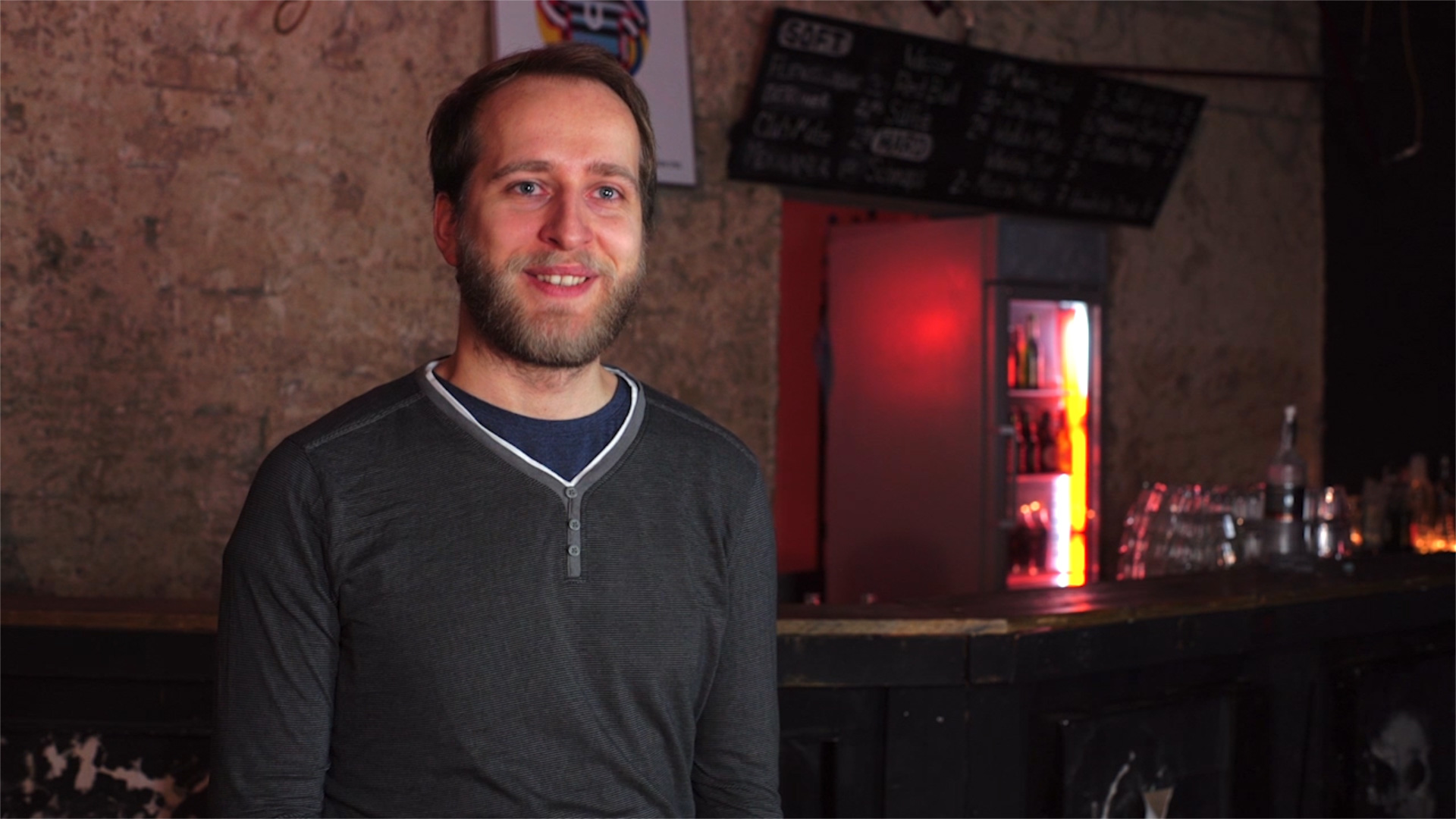
Johannes FiglhuberConcept Designer
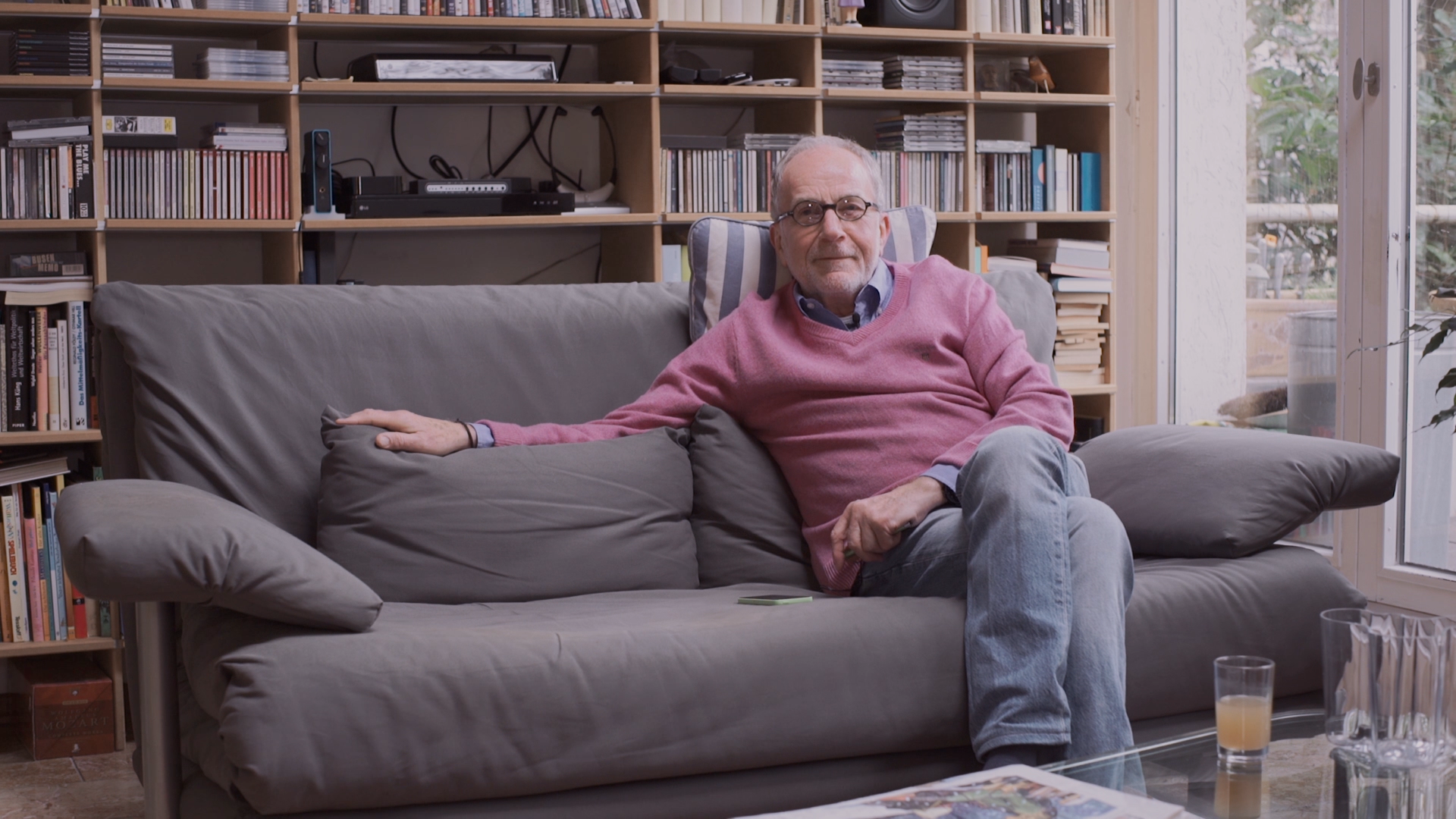
Helmut M. Schmitt-SiegelGestalter
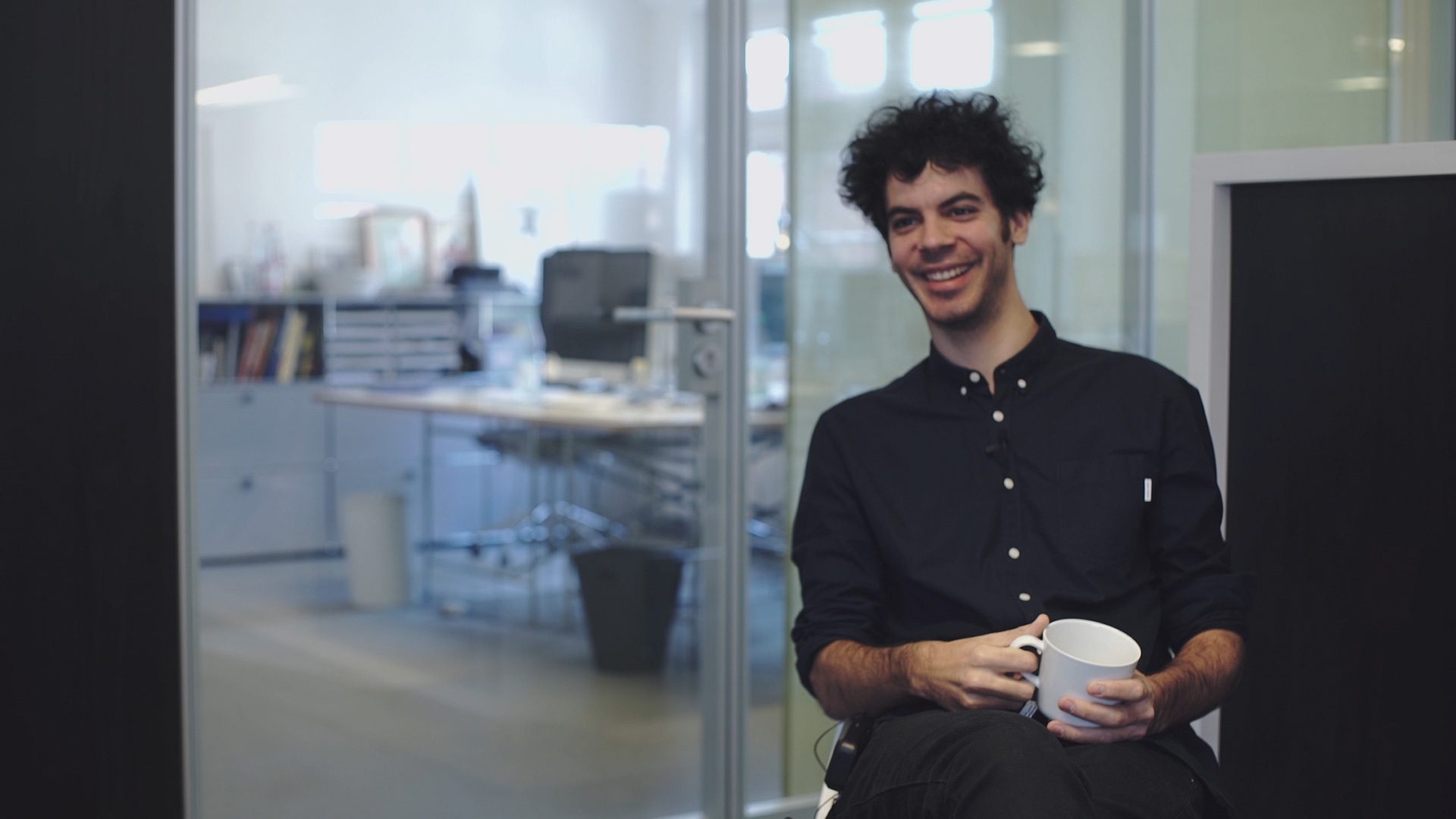
Dante ZaballaAnimator
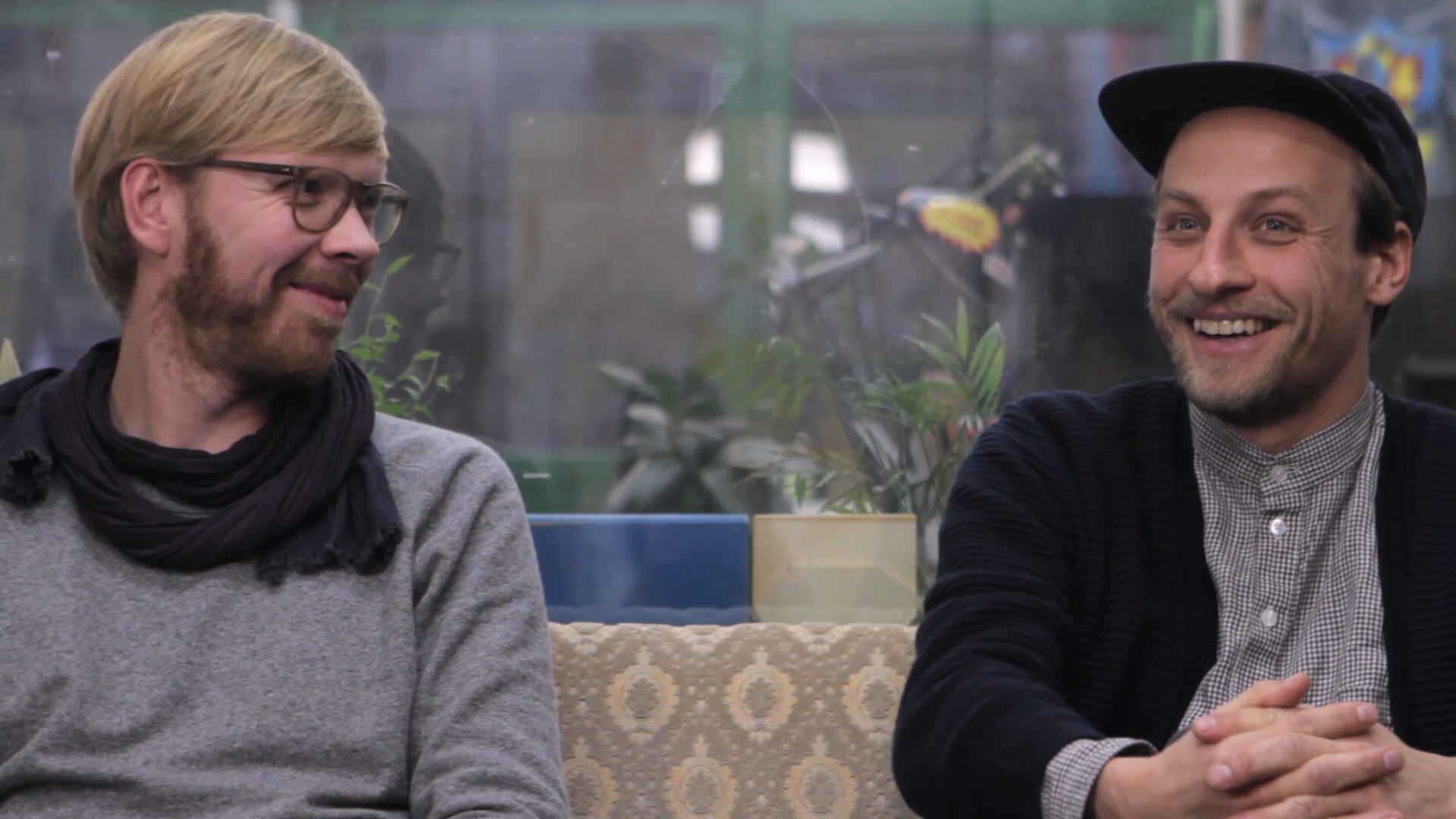
44FLAVOURSKünstler
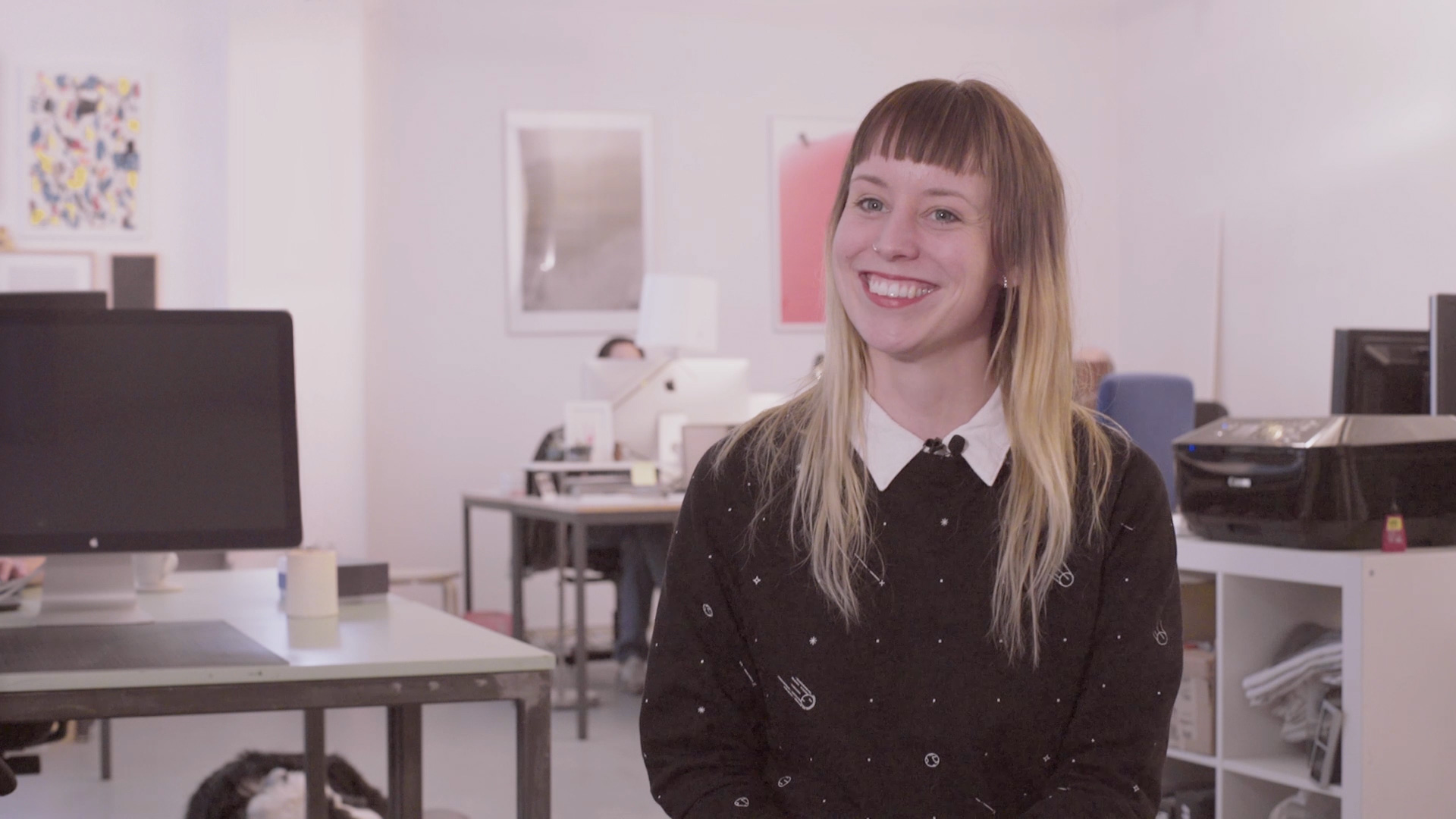
Mette Ilene HolmriisIllustratorin & Animatorin
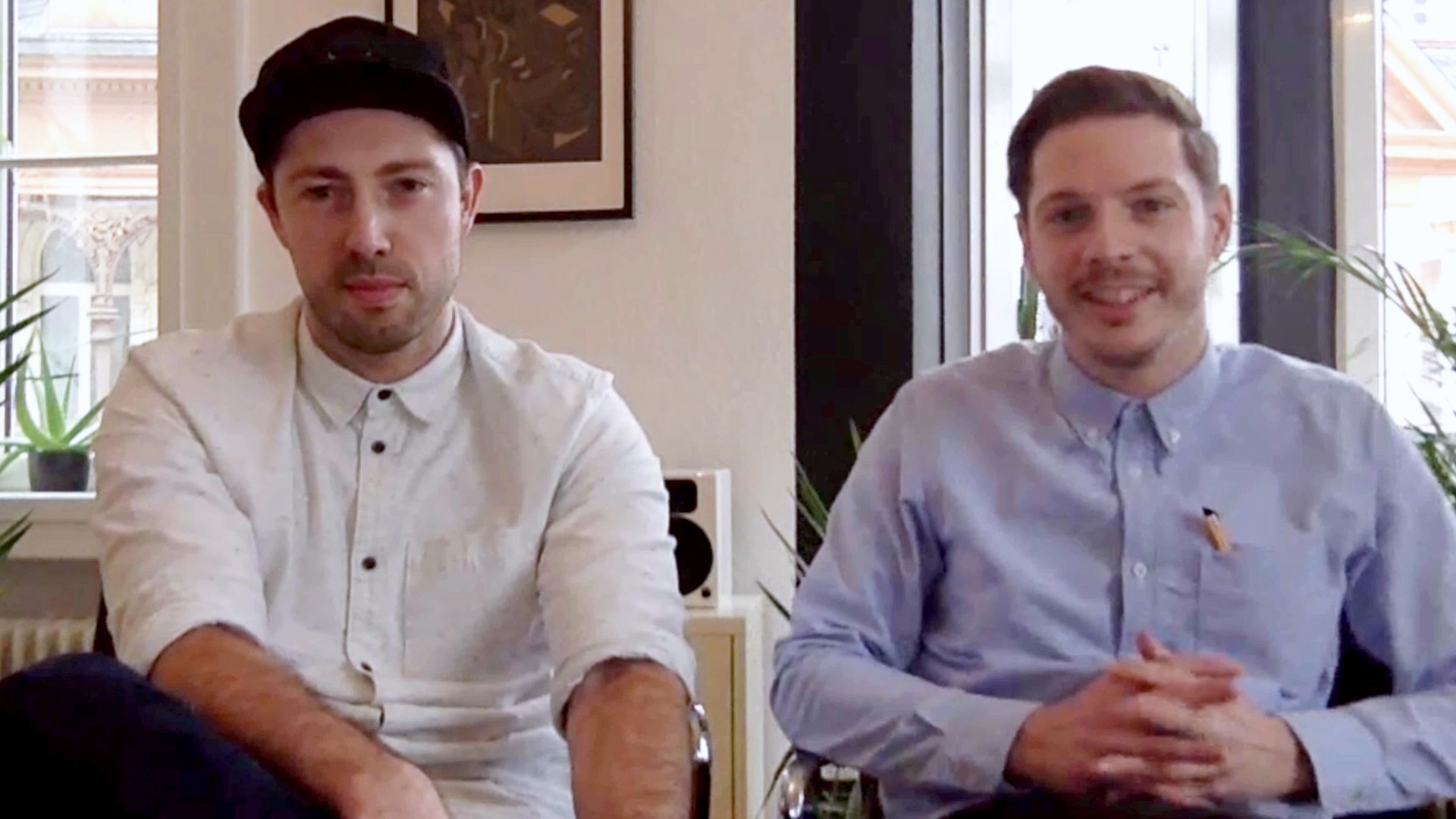
FOREALDesigner
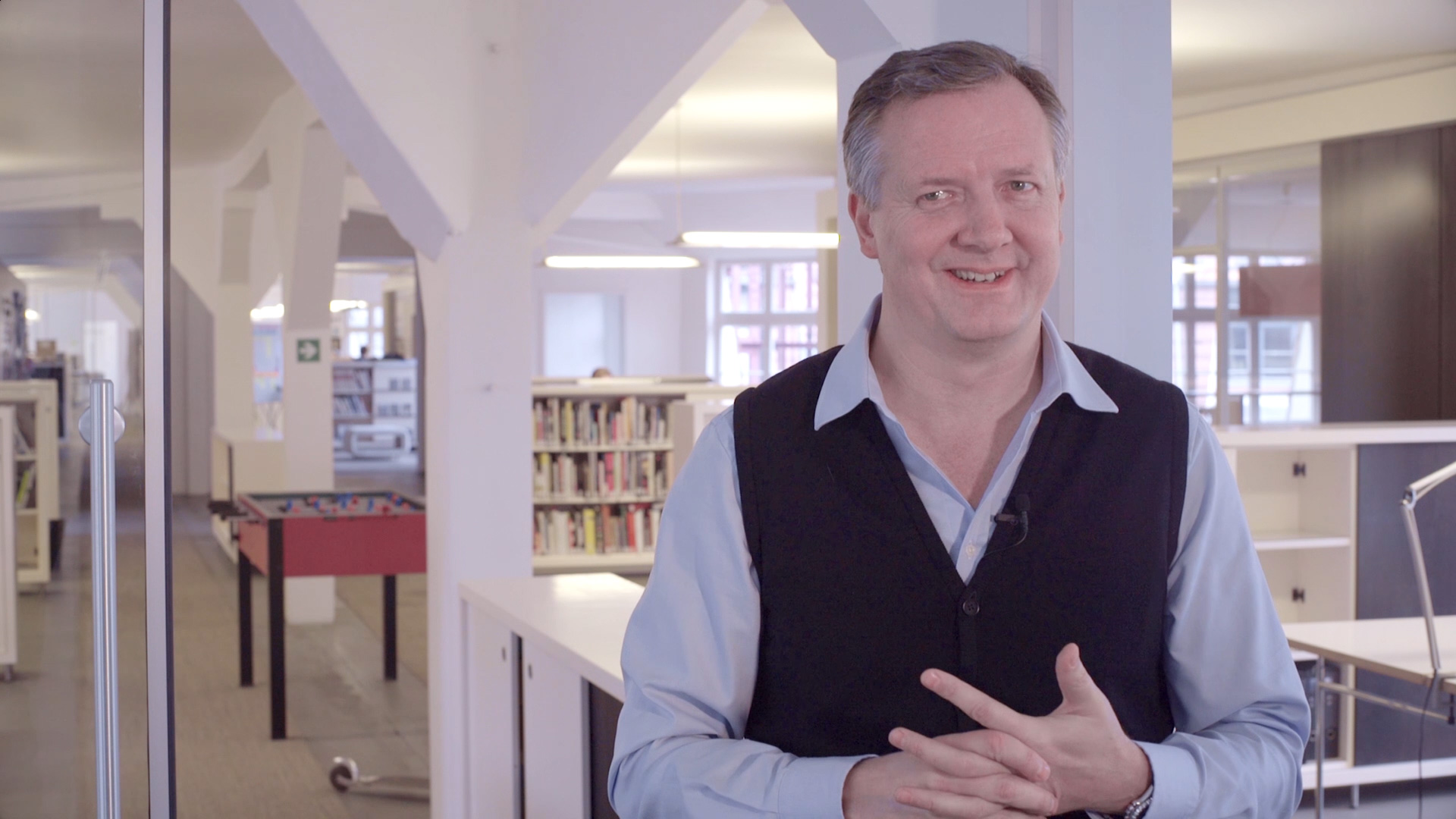
Tammo F. BrunsDesigner & Geschäftsführer
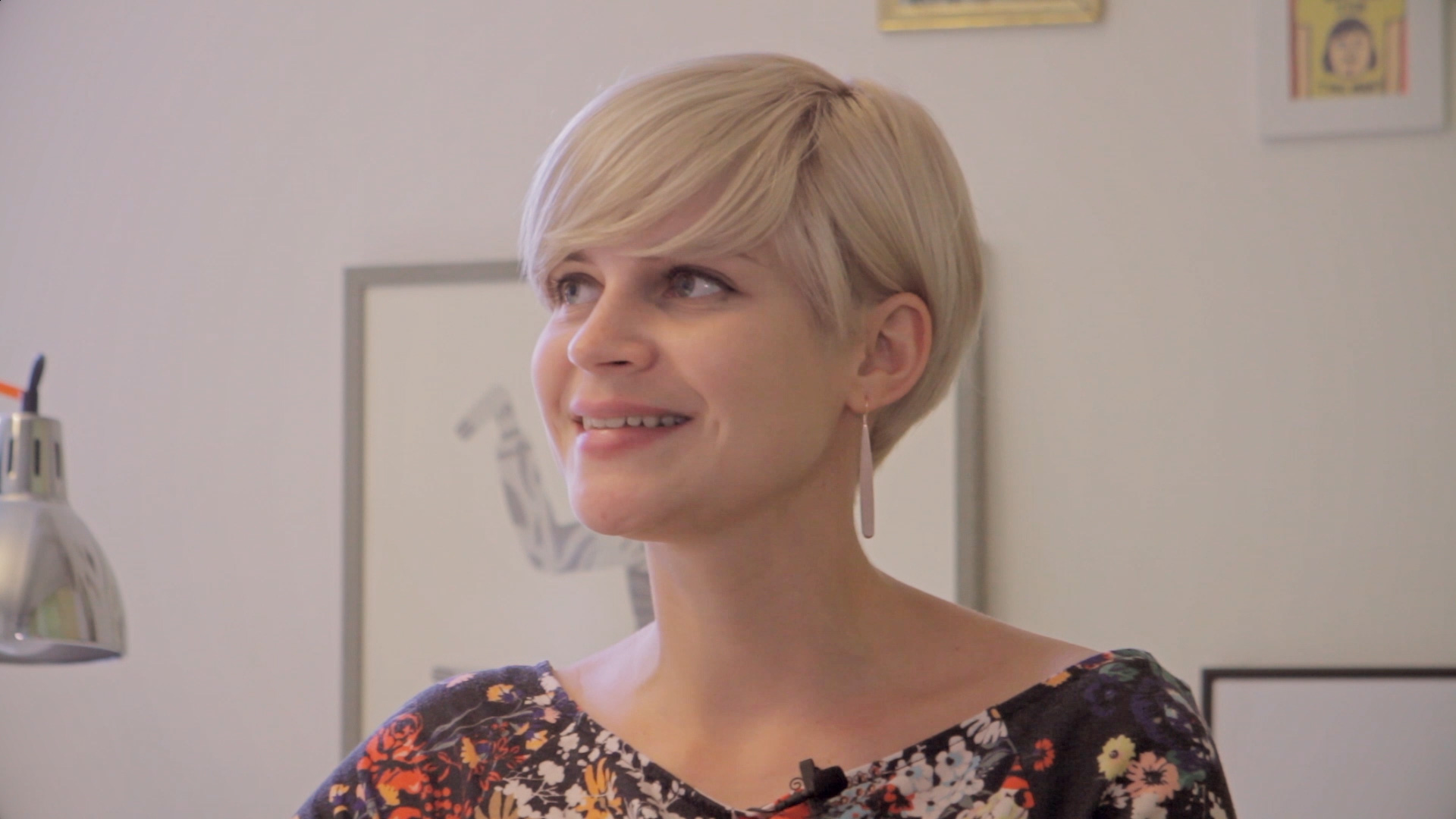
Susann Stötzner2D-Animatorin
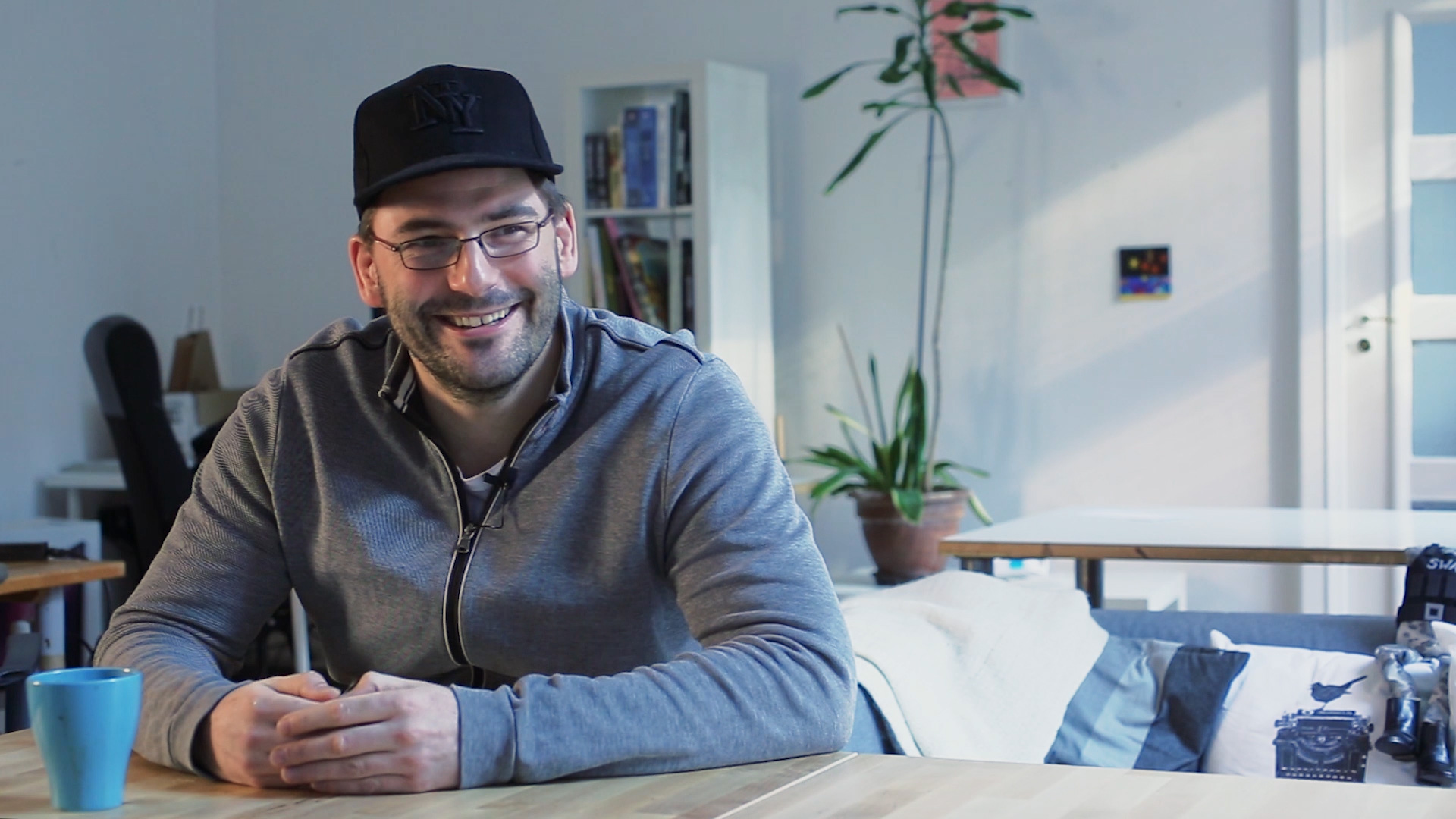
Alexander GellnerZeichner & Filmemacher
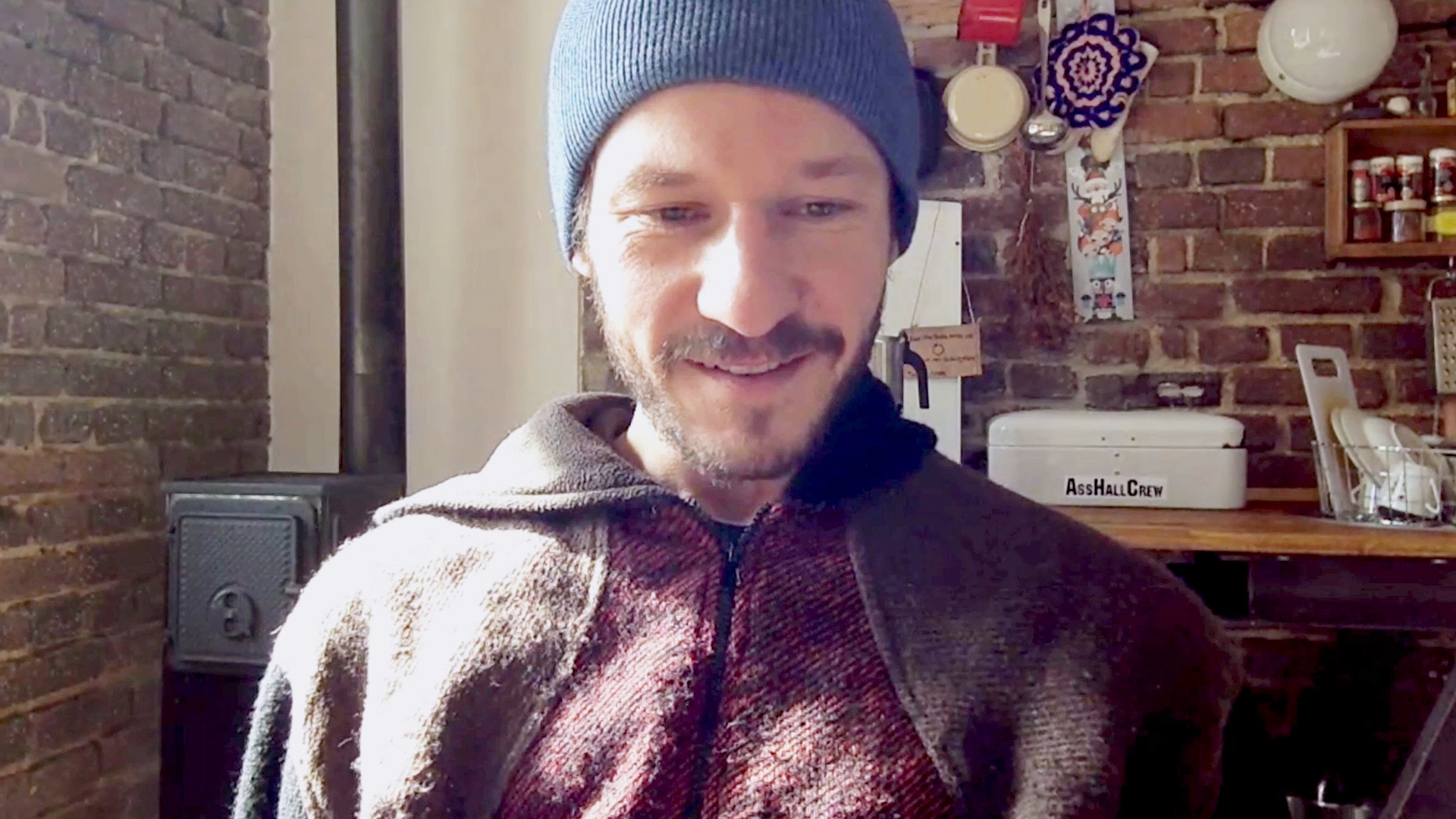
René EckertFilmemacher & Fotograf
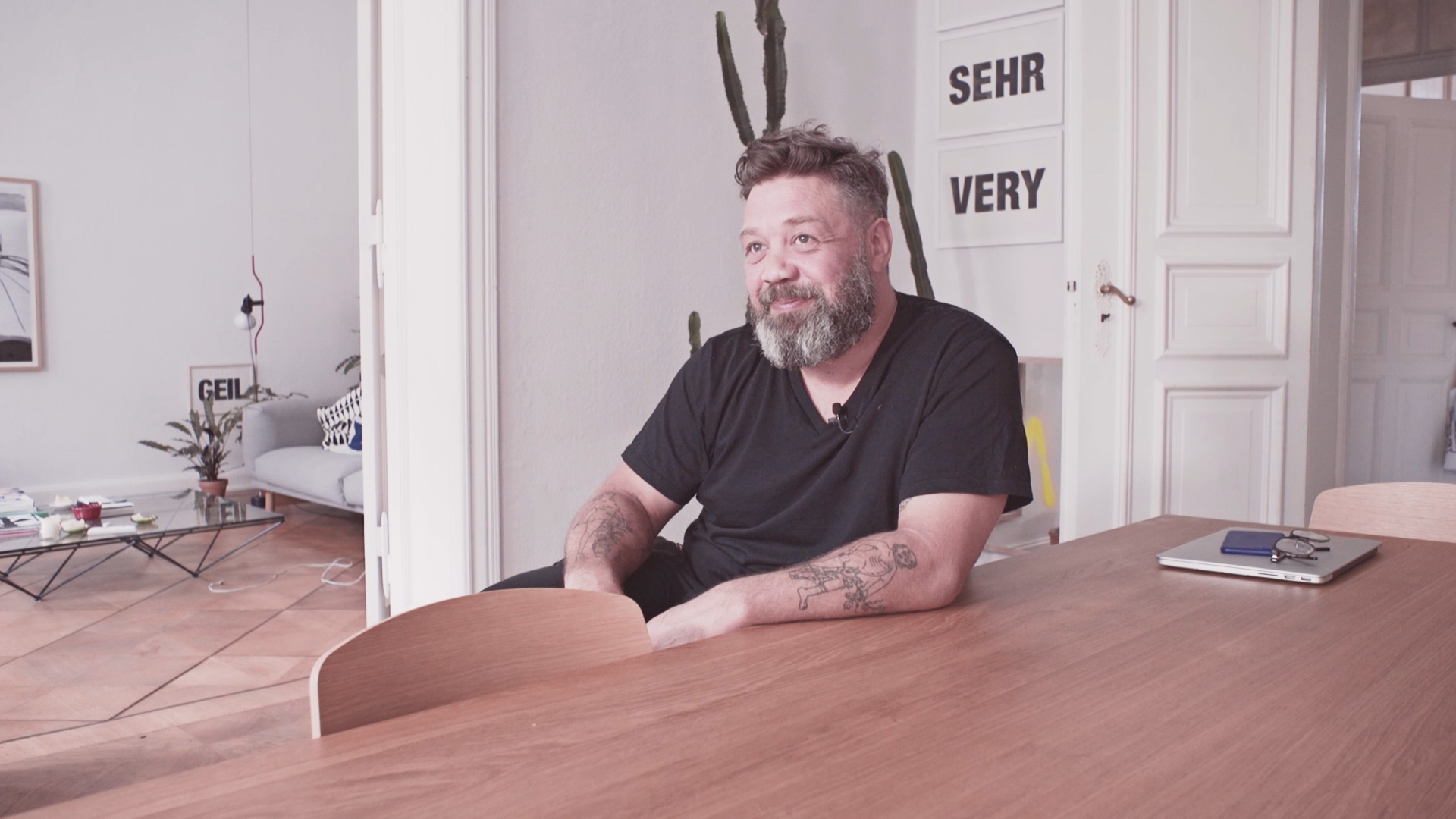
Eike KönigGestalter
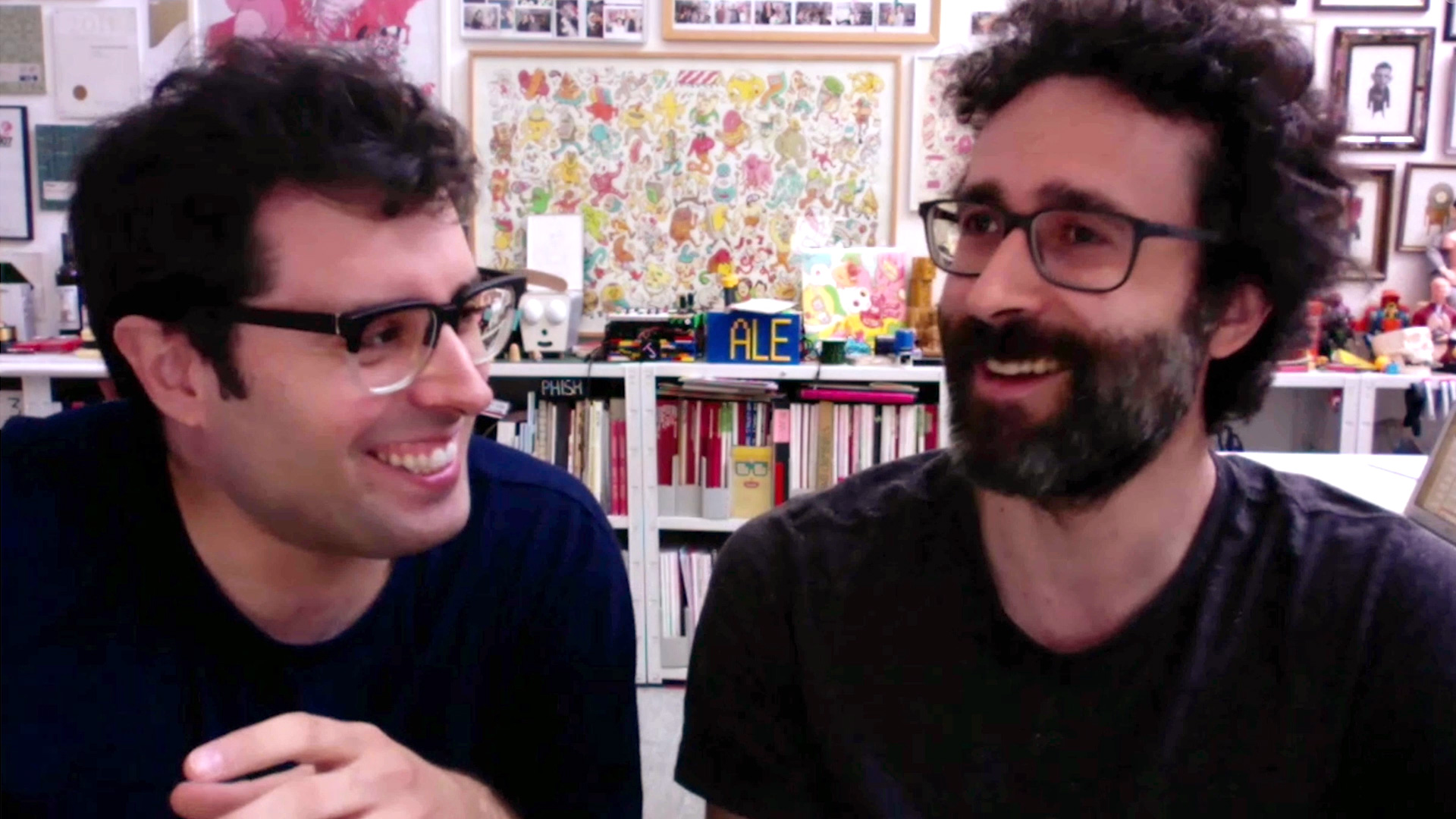
BrosmindIllustratoren & Künstler
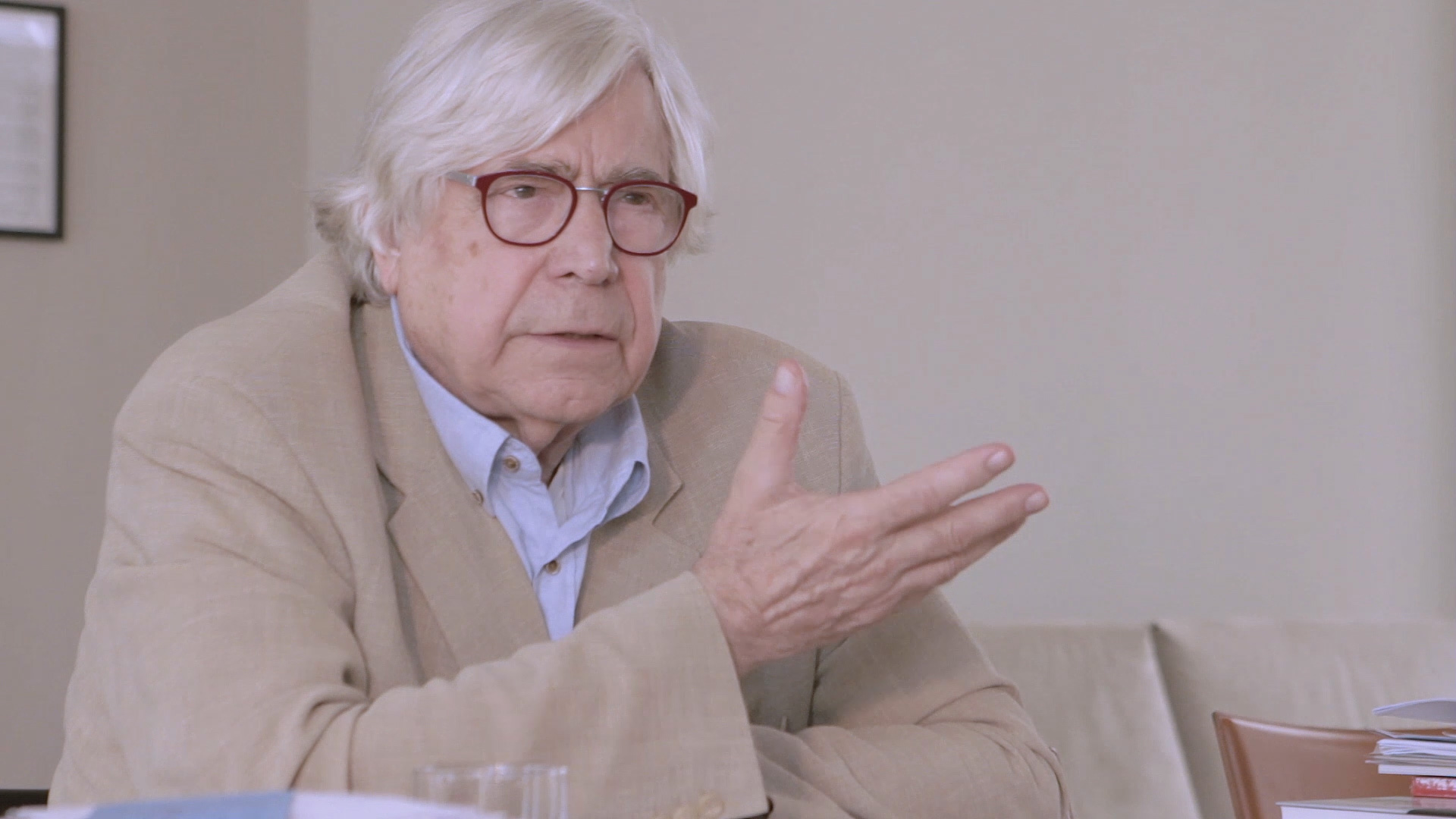
Bazon BrockKünstler & Kulturkritiker
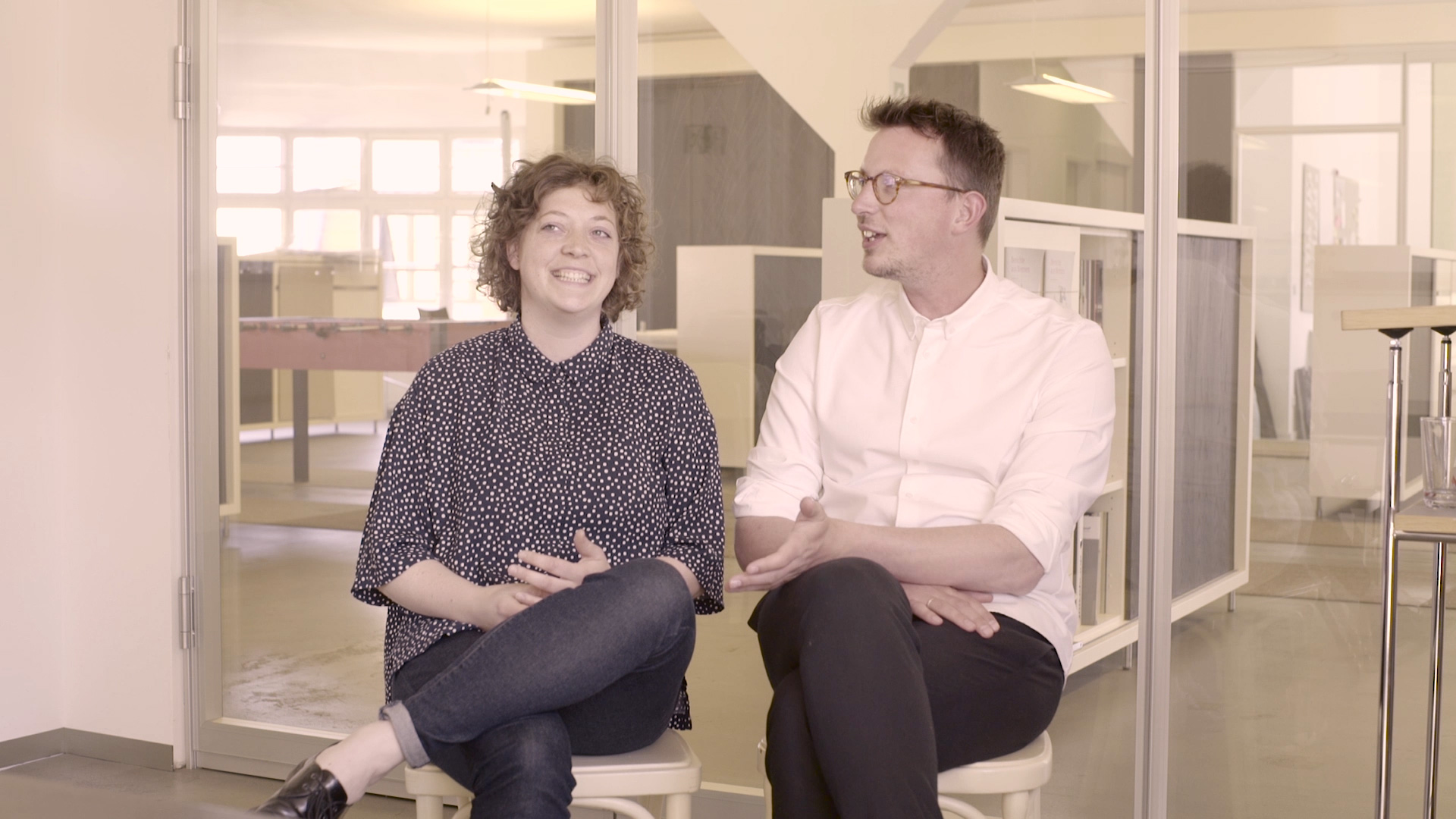
From FormDesigner & Filmmacher
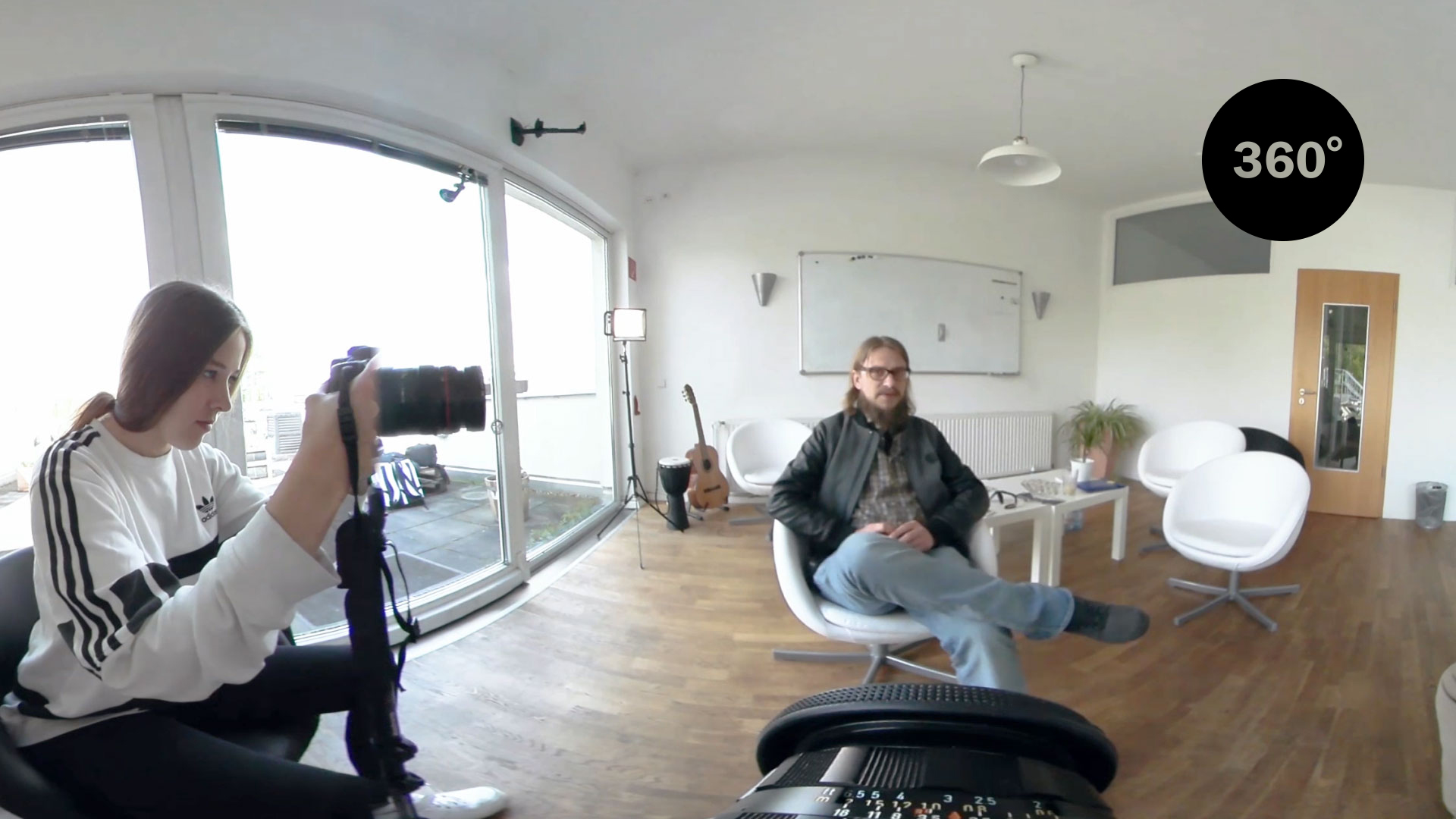
Sönke KirchhoffFilmemacher
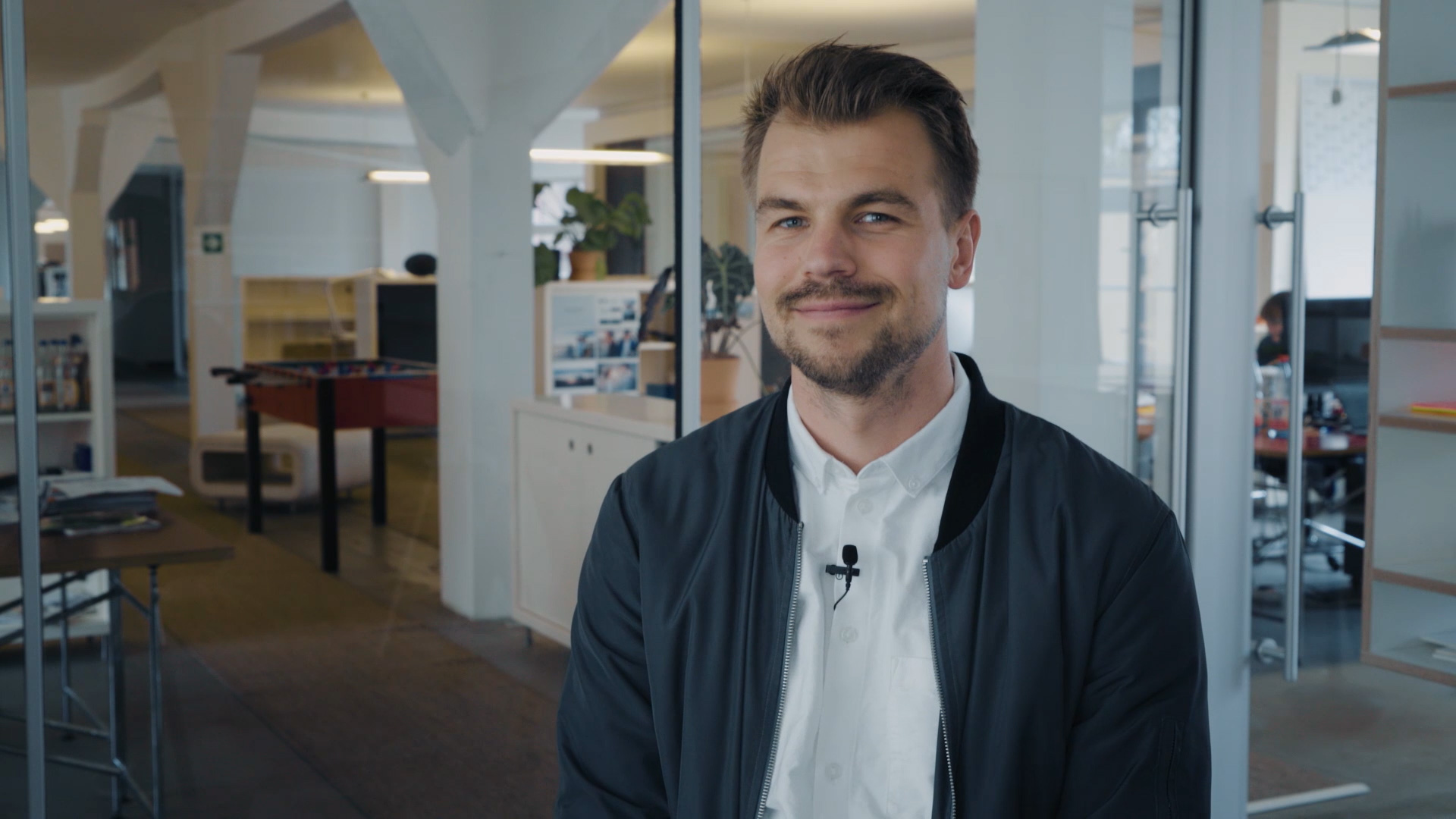
Holger JungnickelKameramann
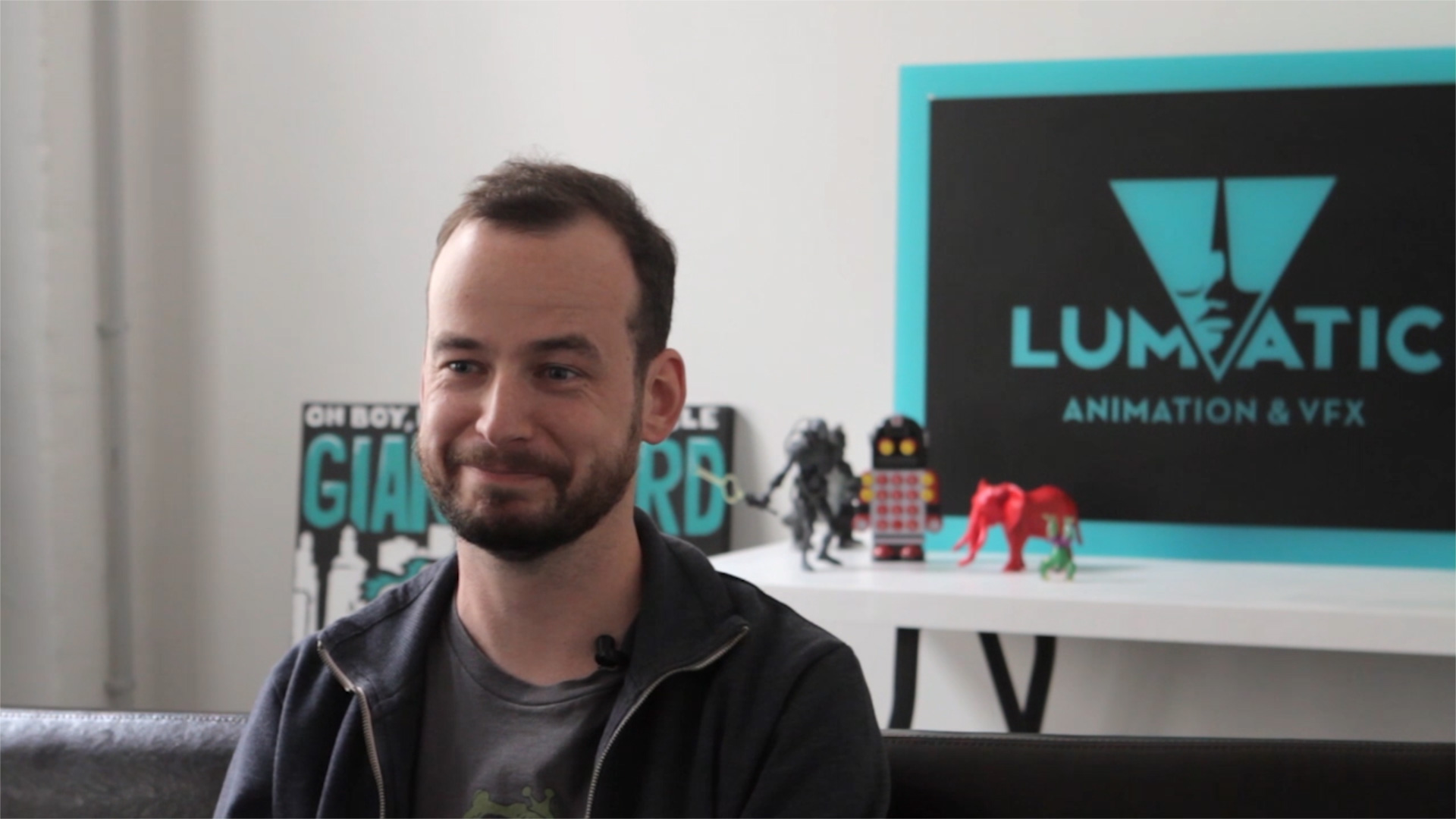
Lars KrügerAnimator & Co-Founder Lumatic
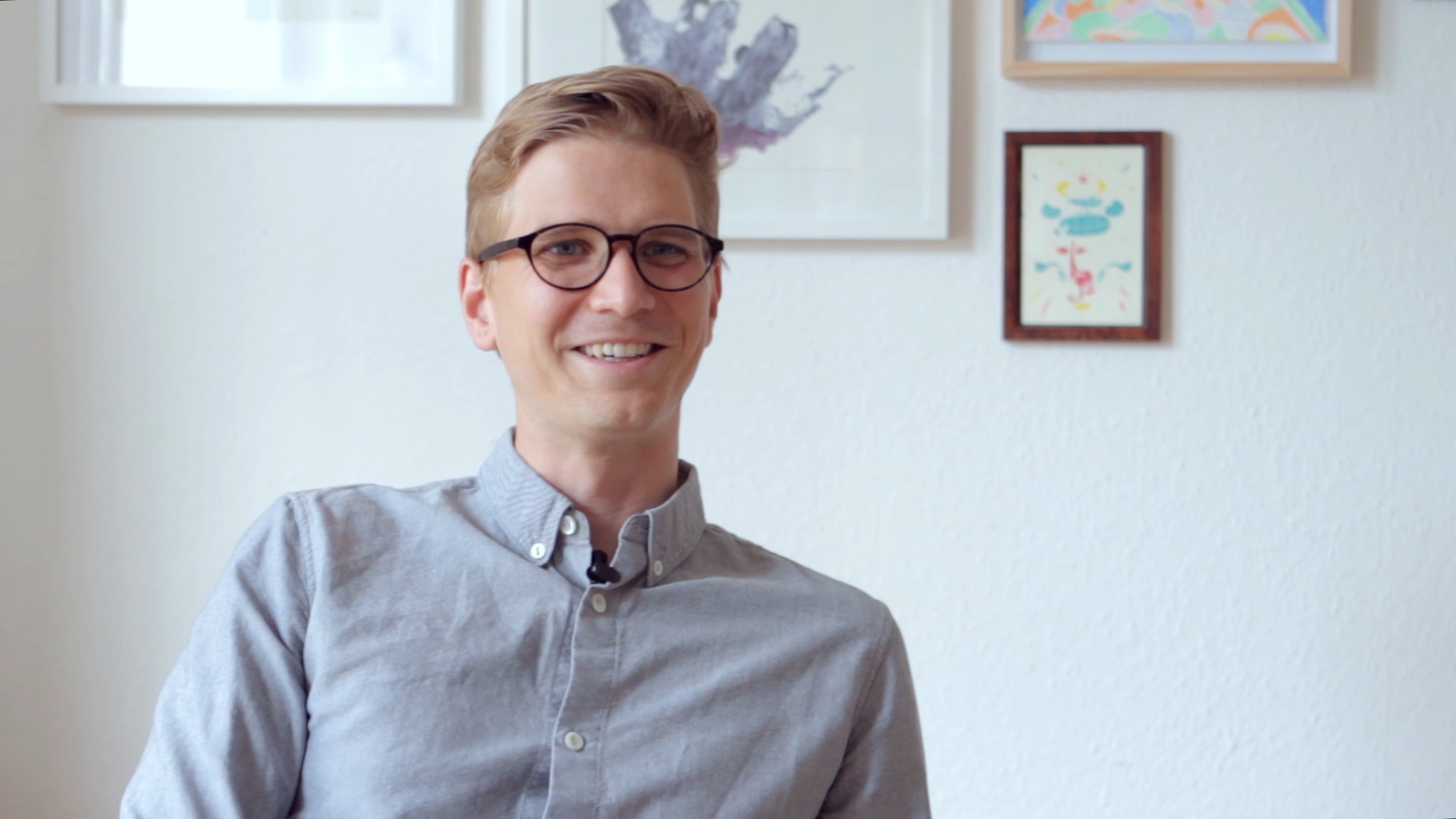
Conrad OstwaldAnimator & Compositor
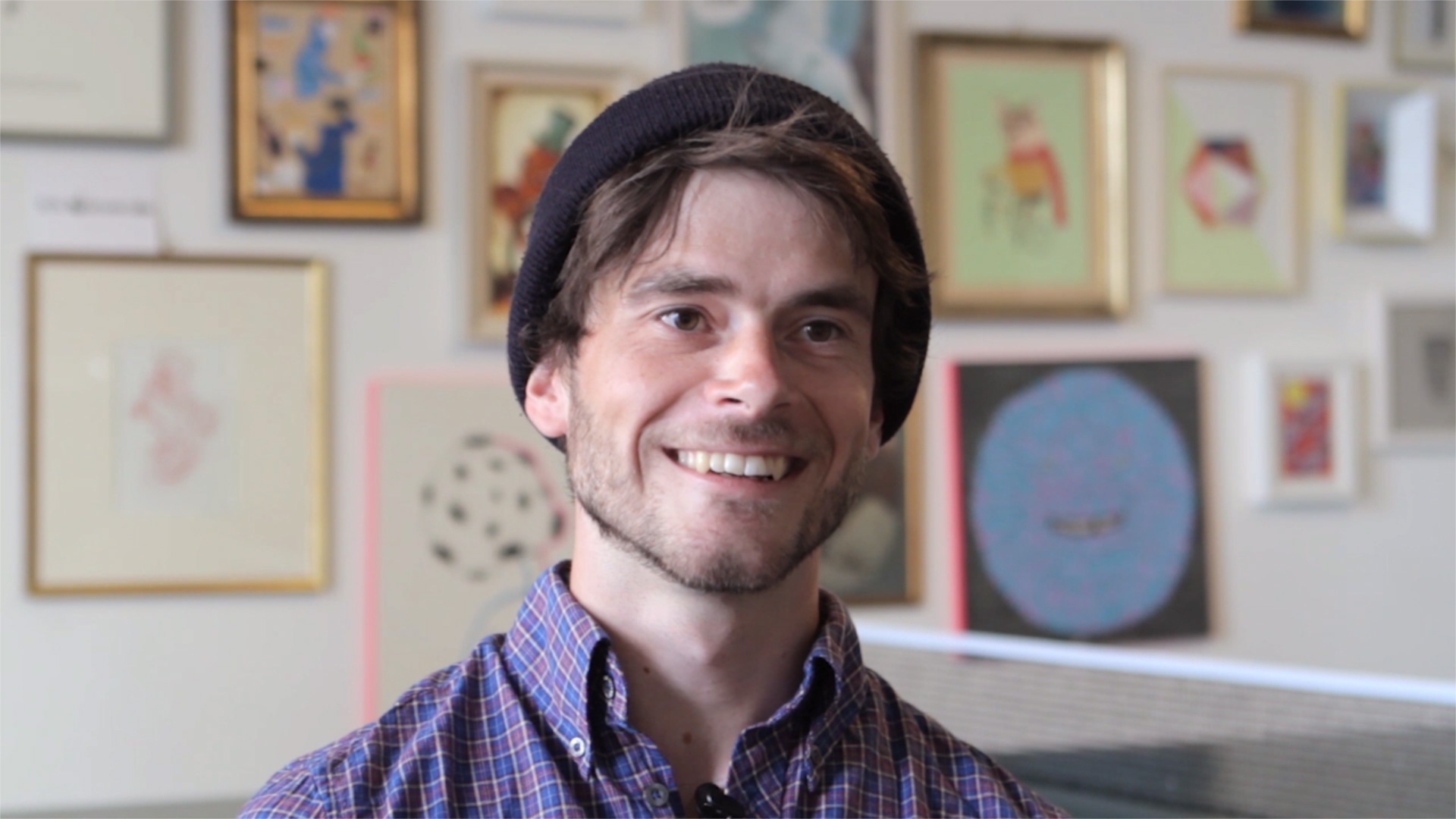
Kristian BarthenFotograf
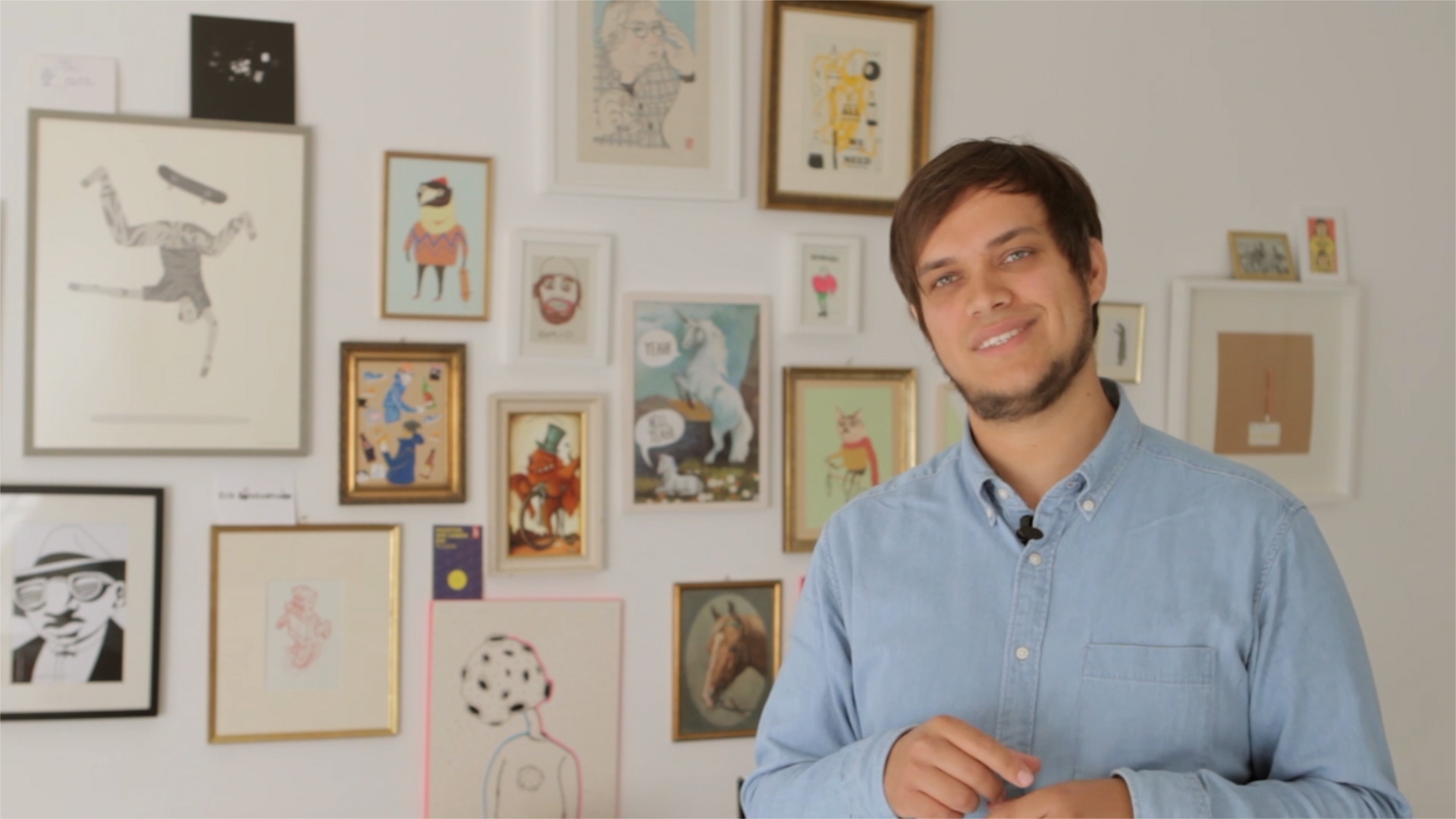
Mario GorniokArt Director, Motion Designer & Founder KEENLY
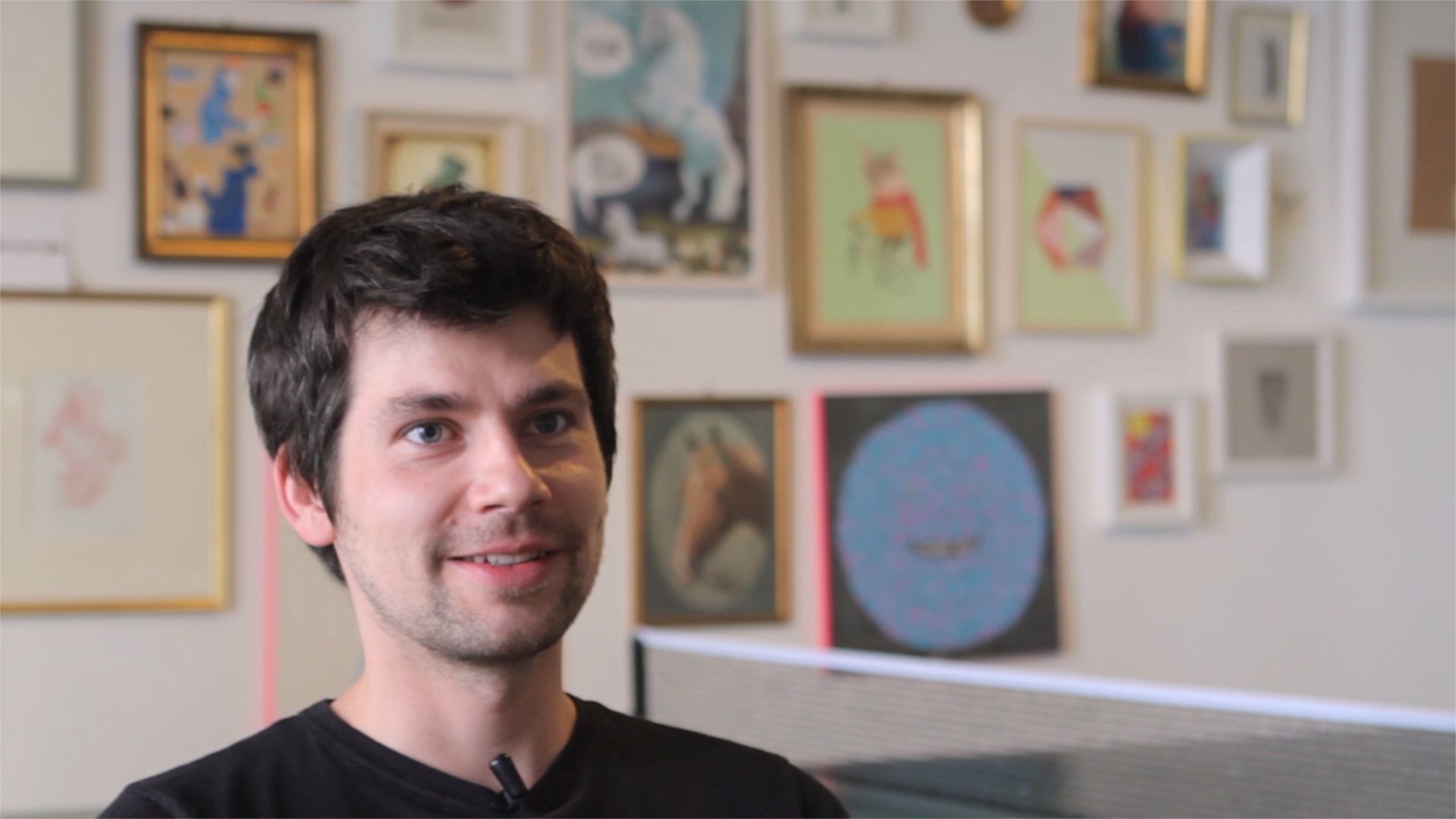
Robert LöbelIllustrator & Animator